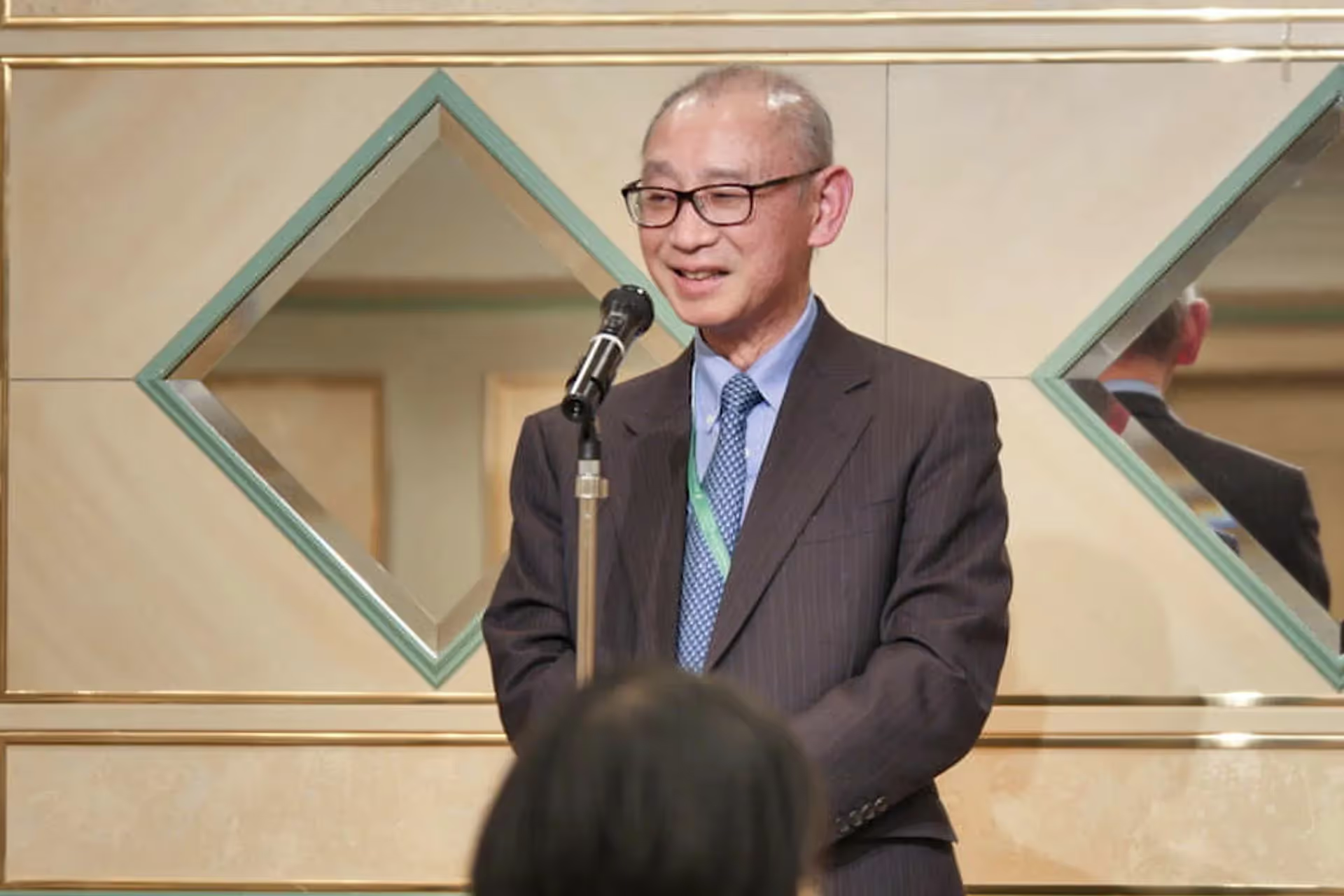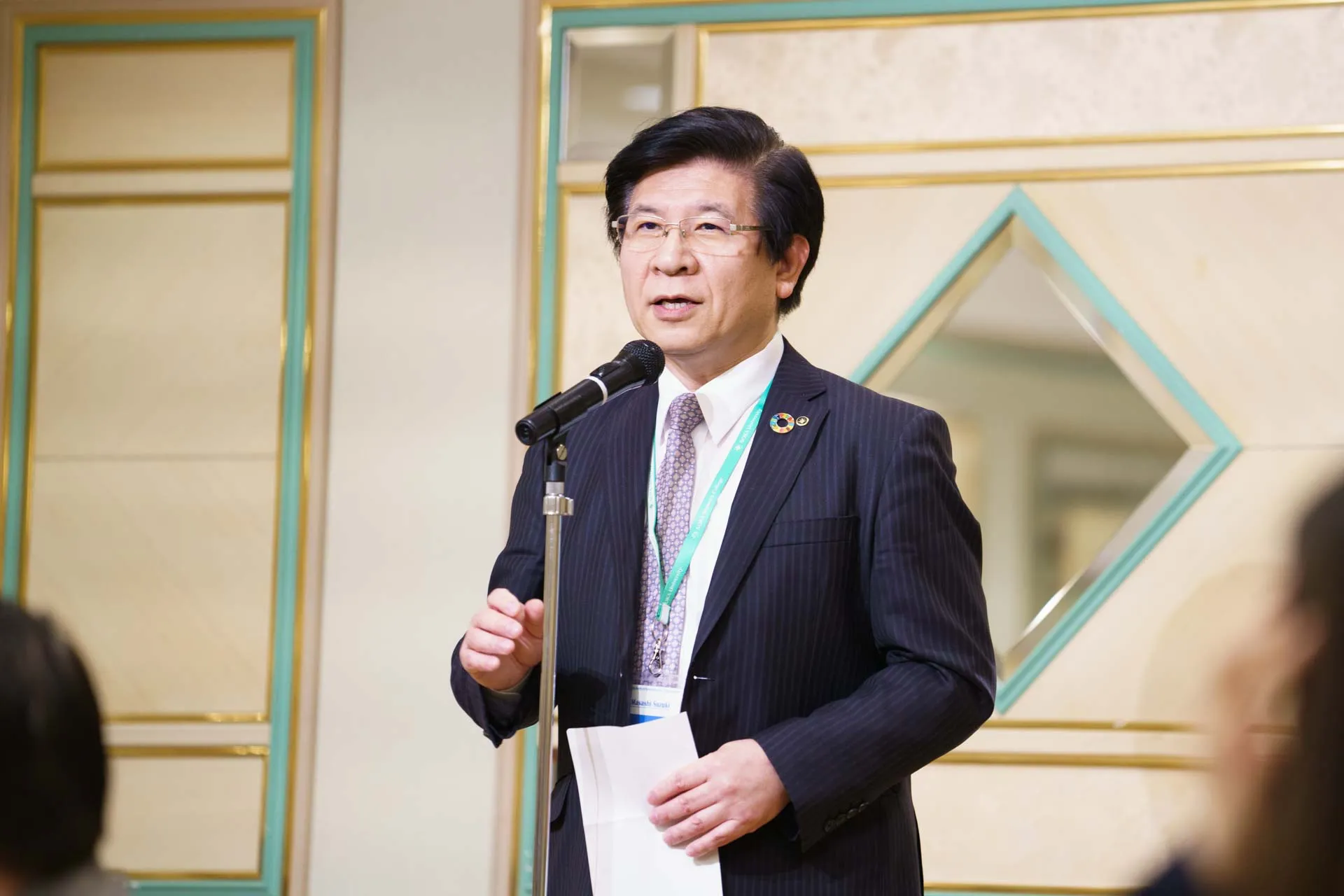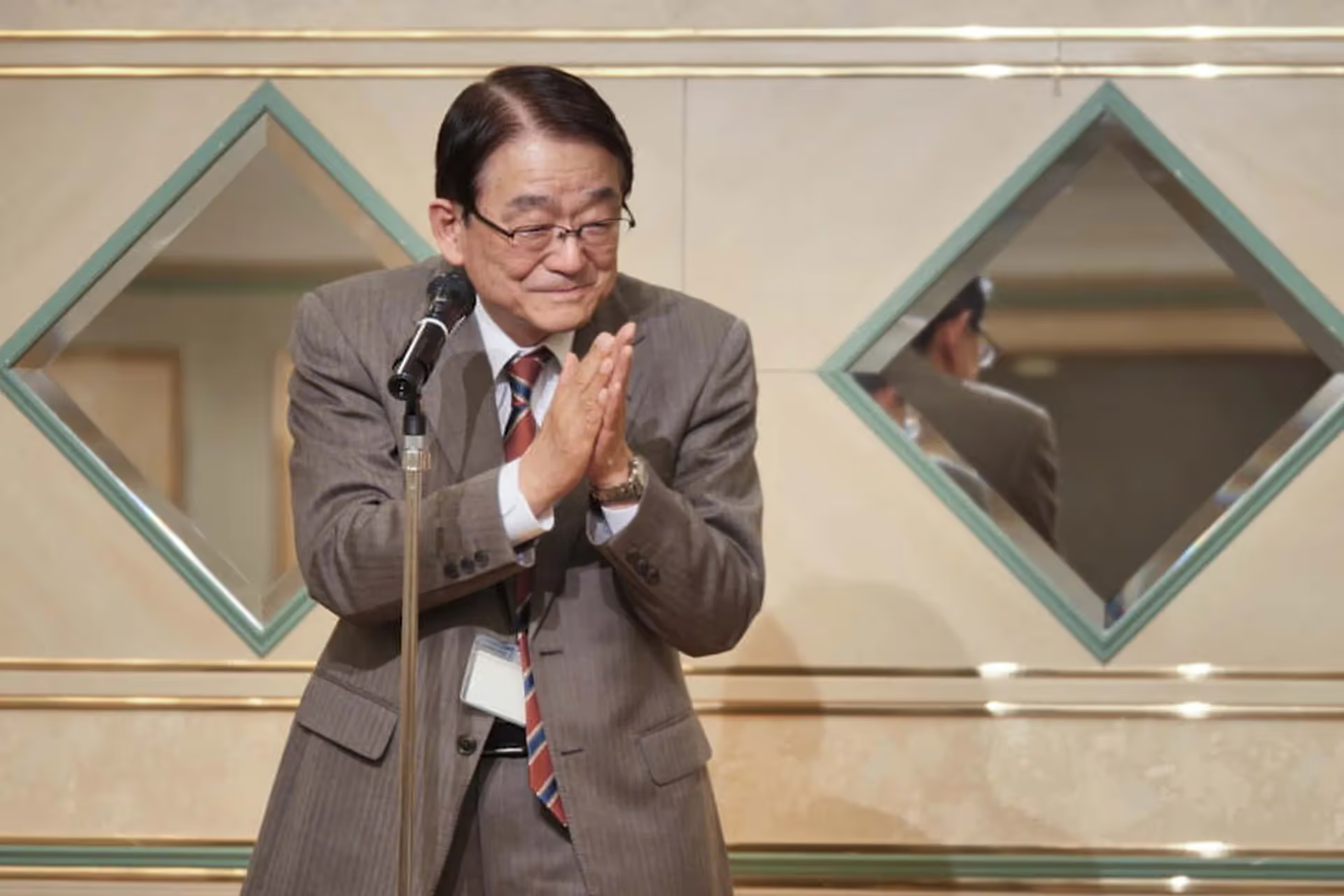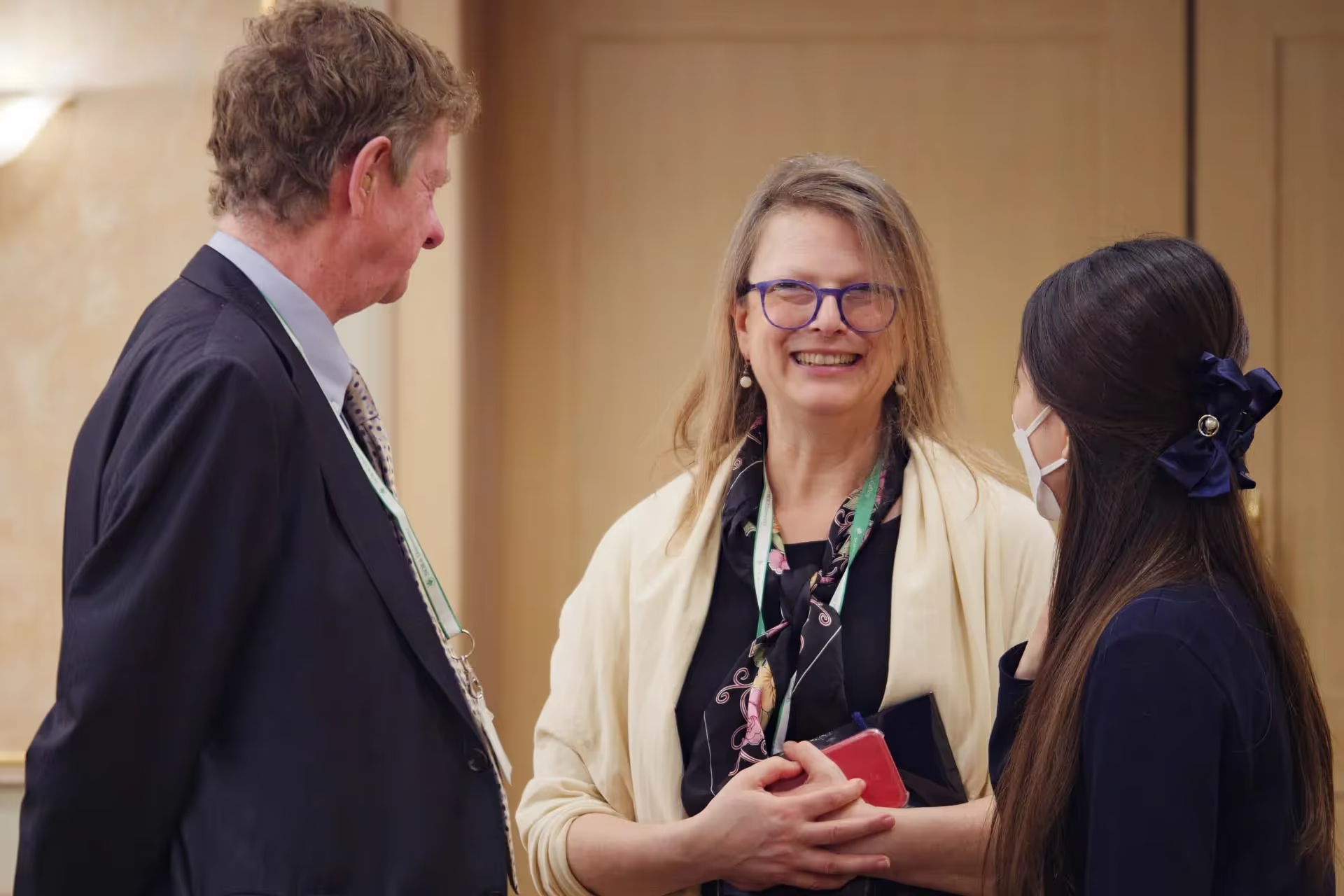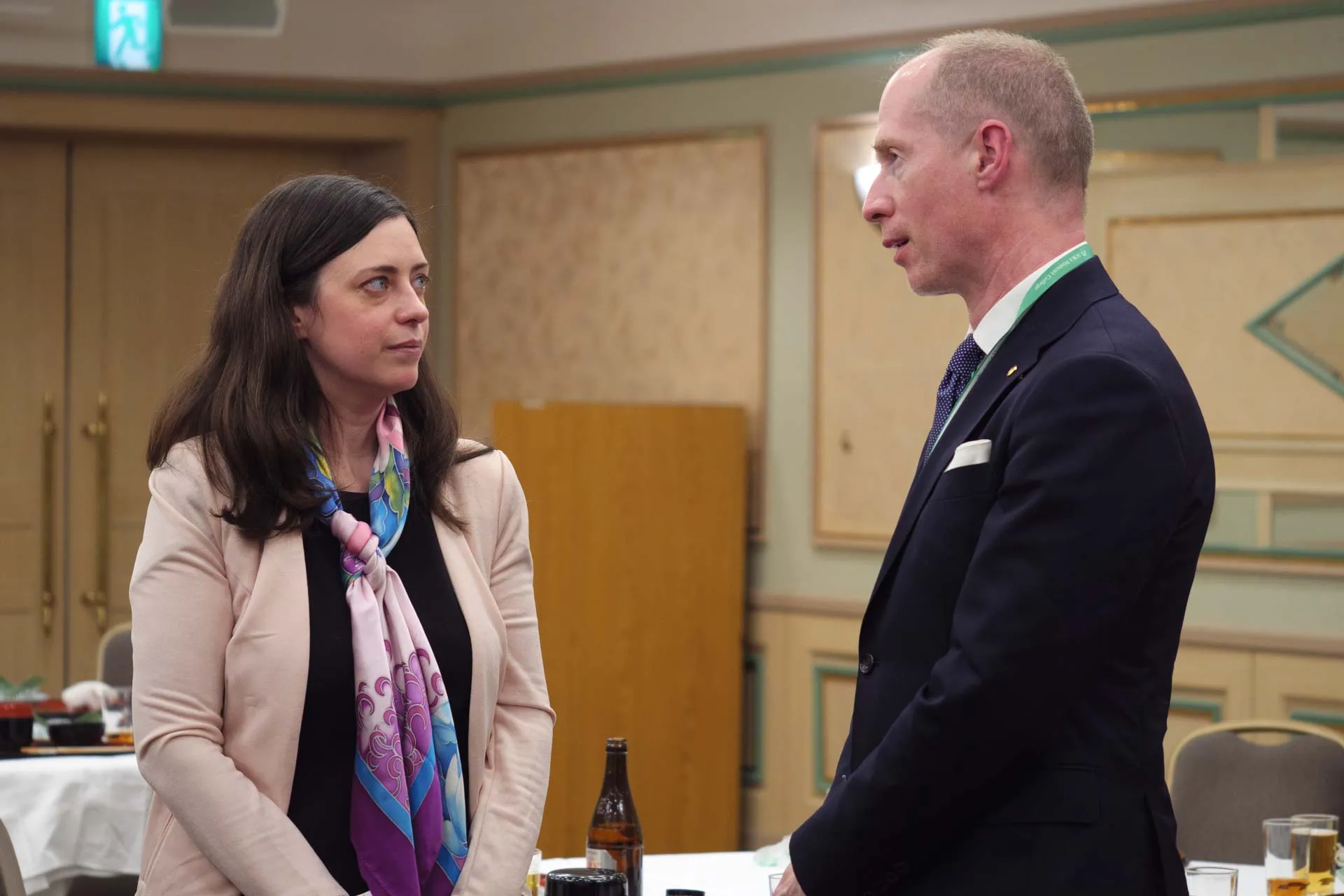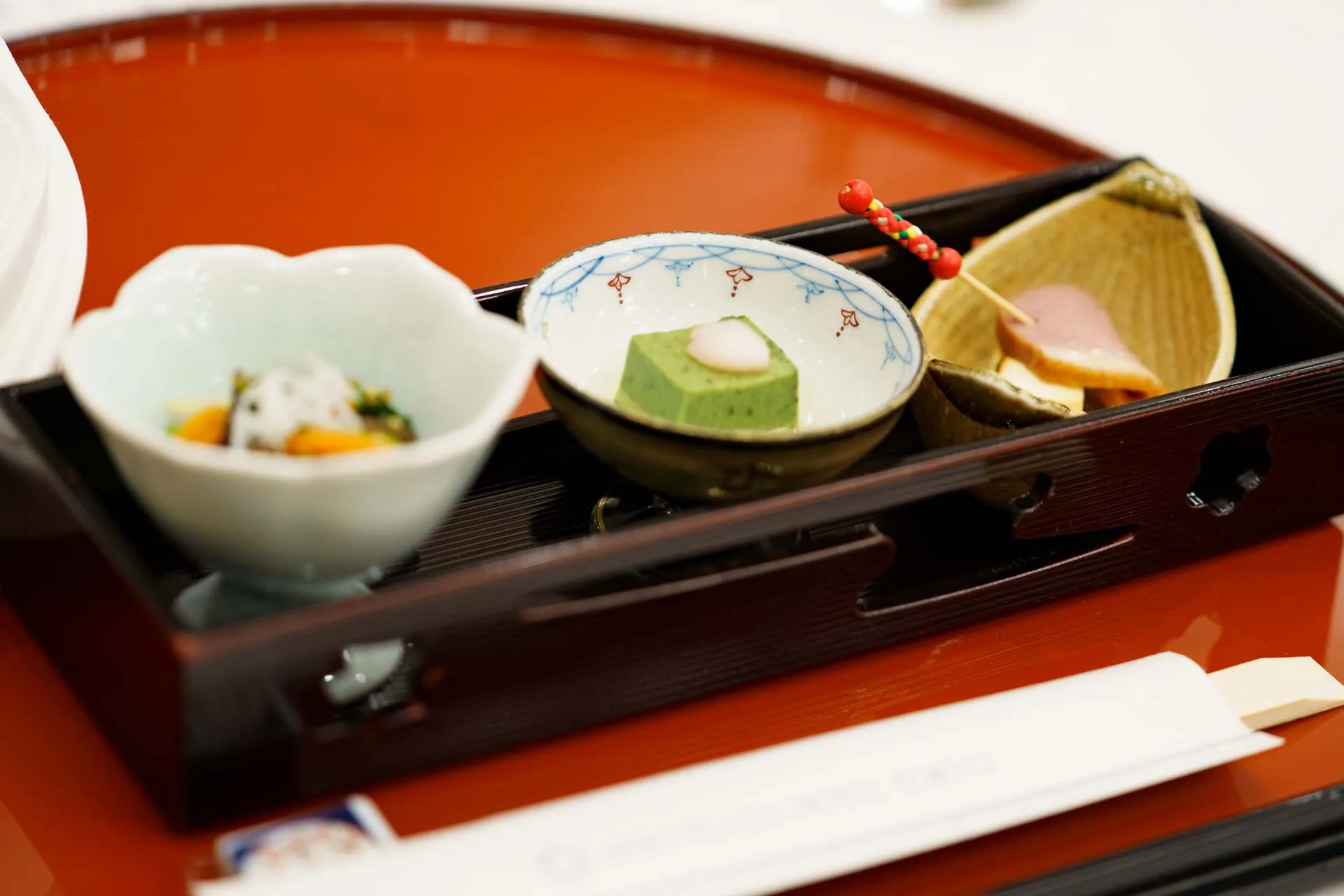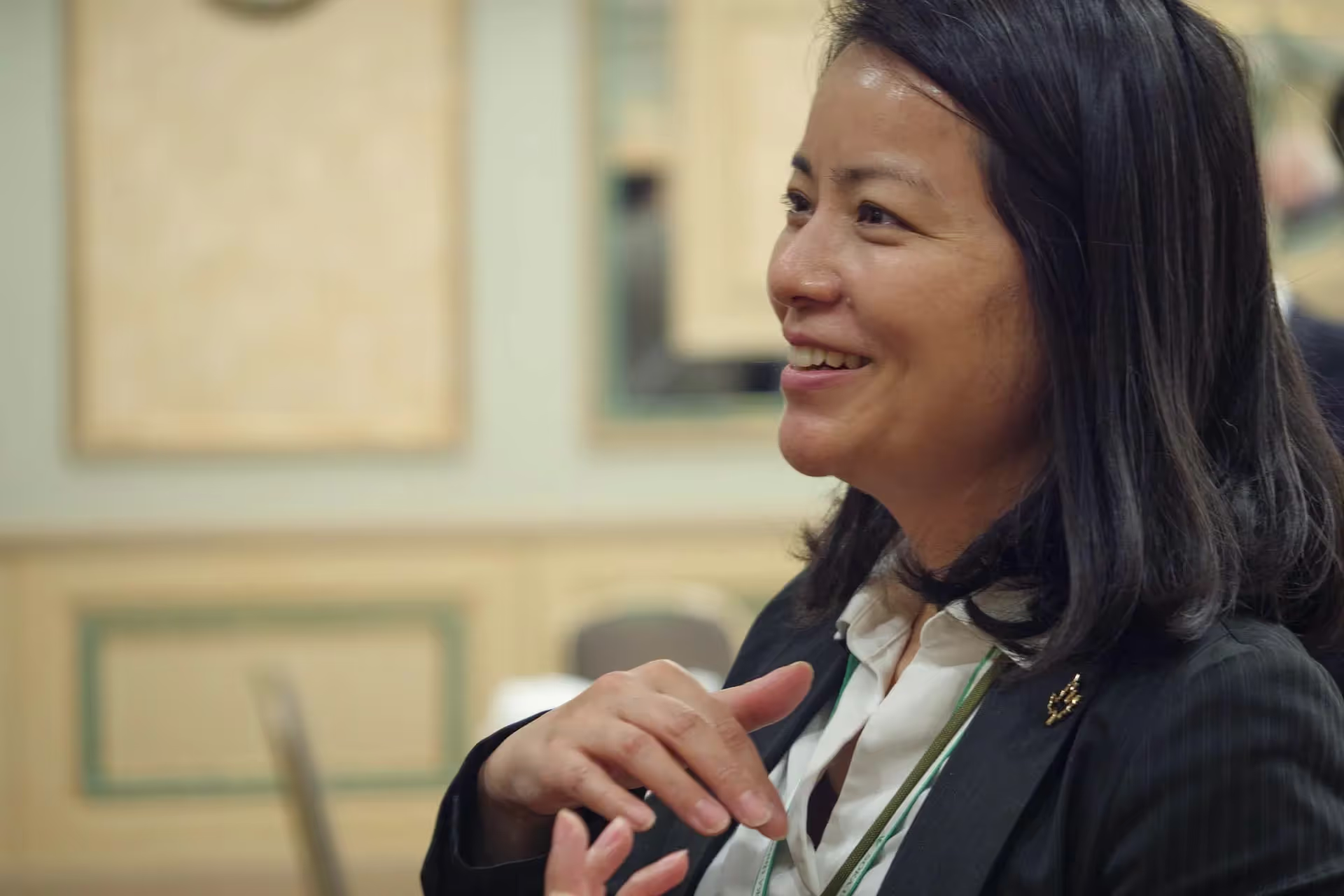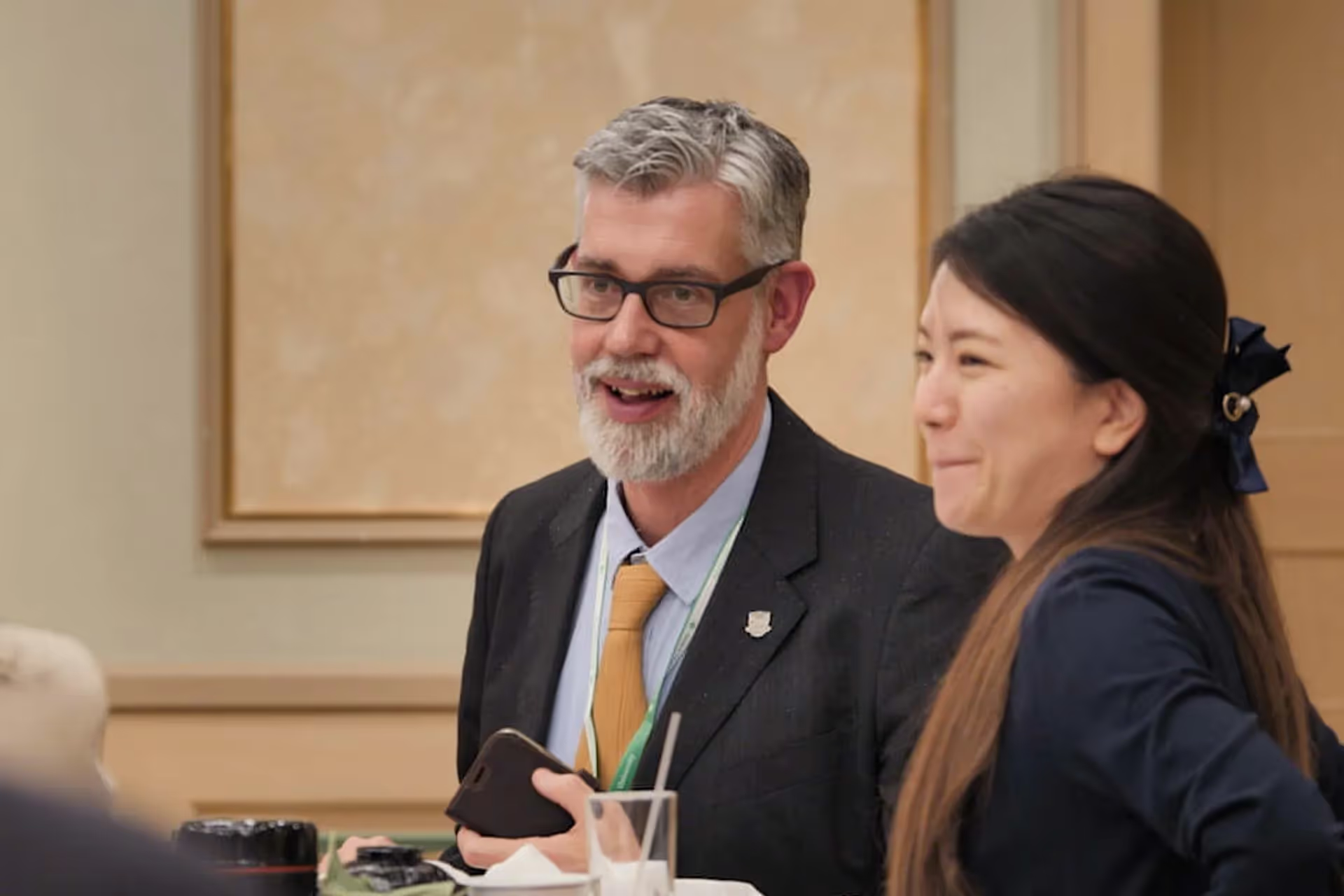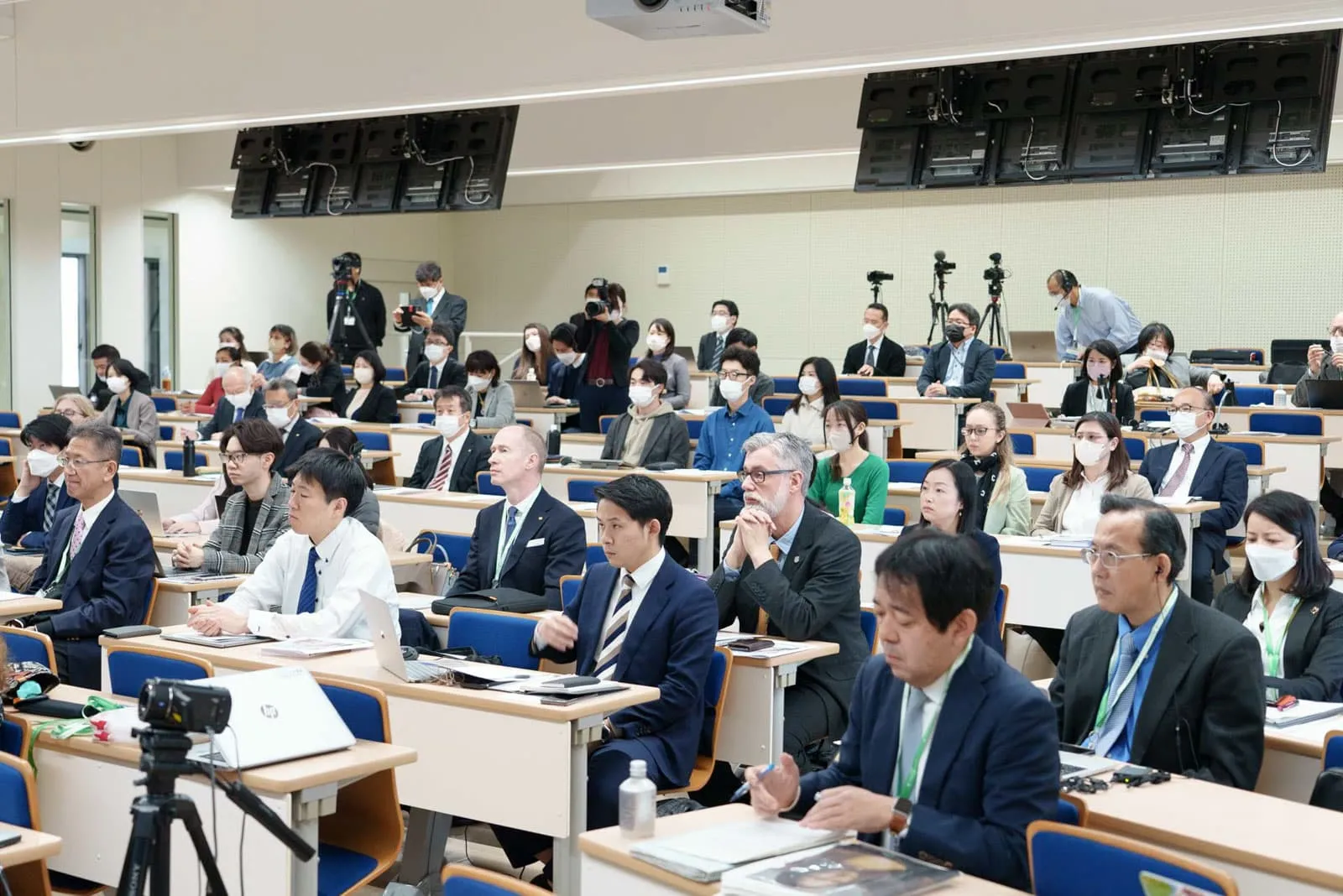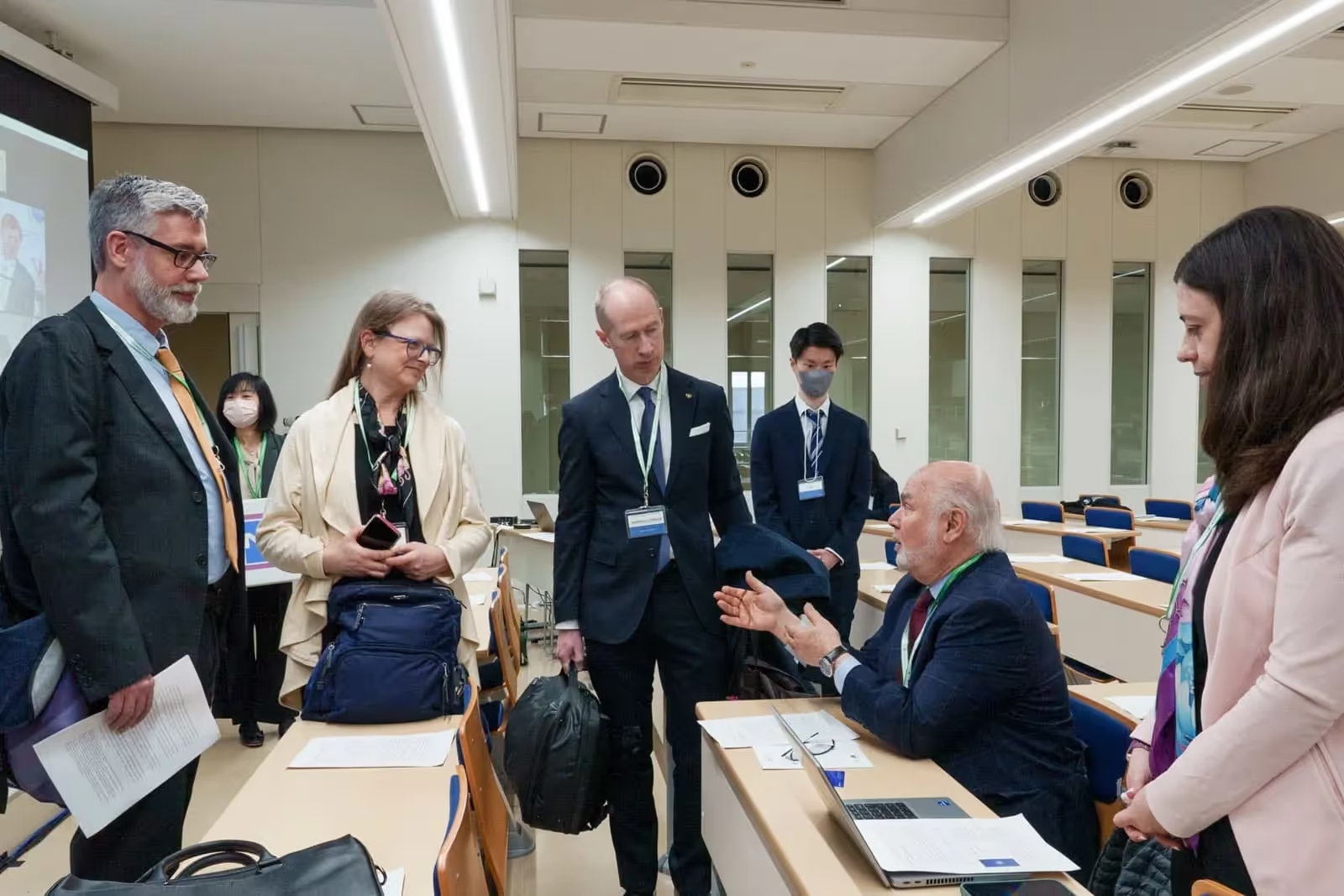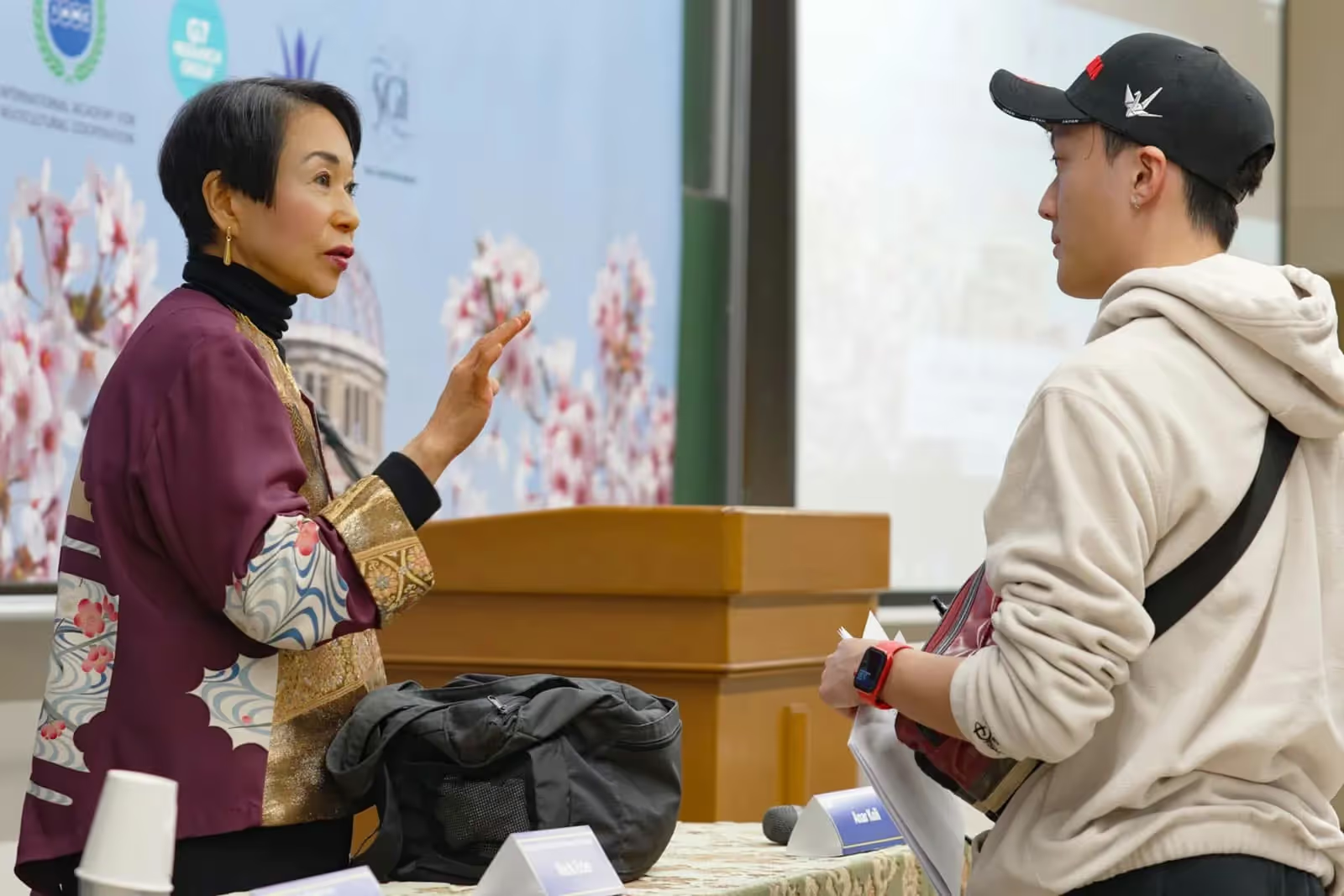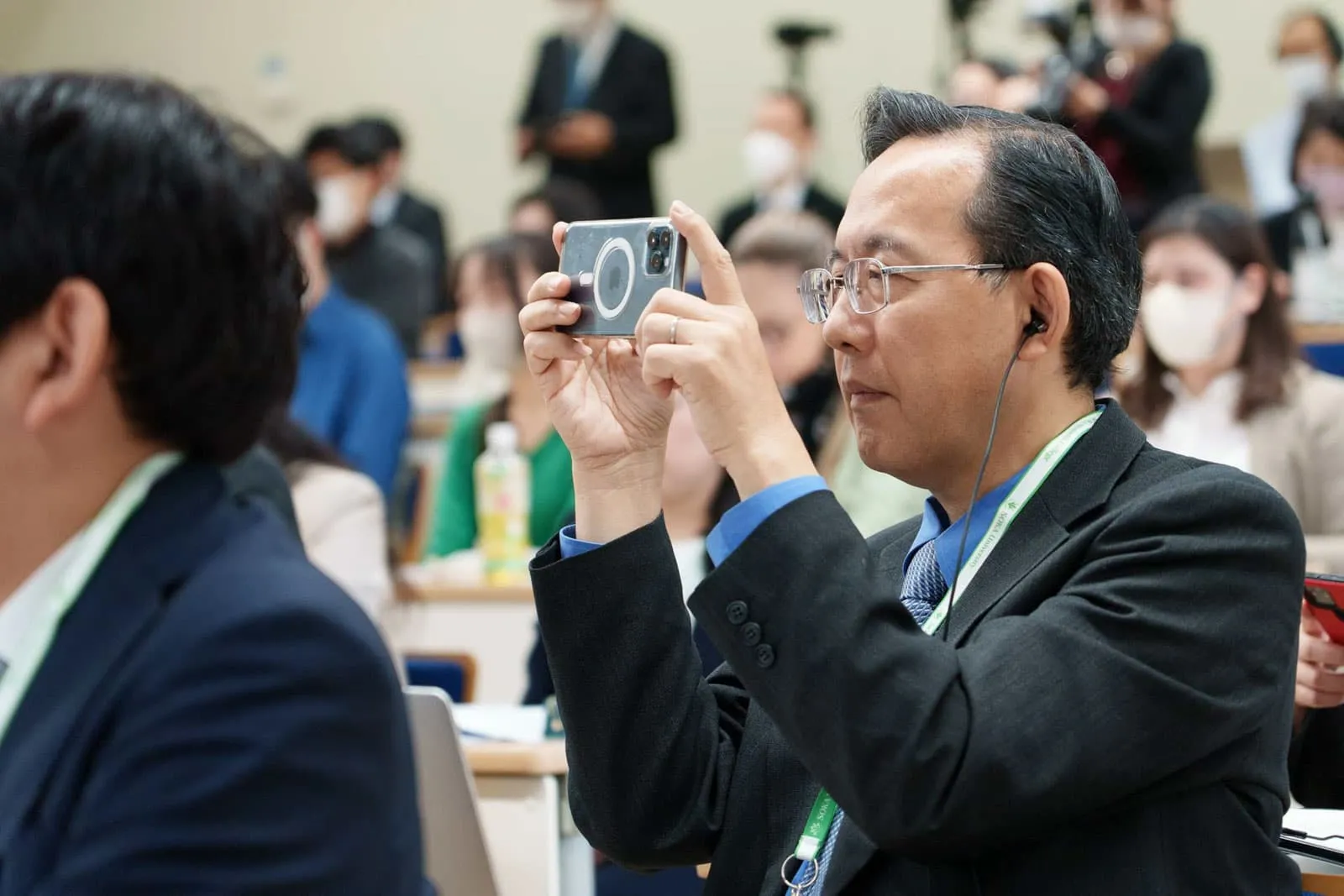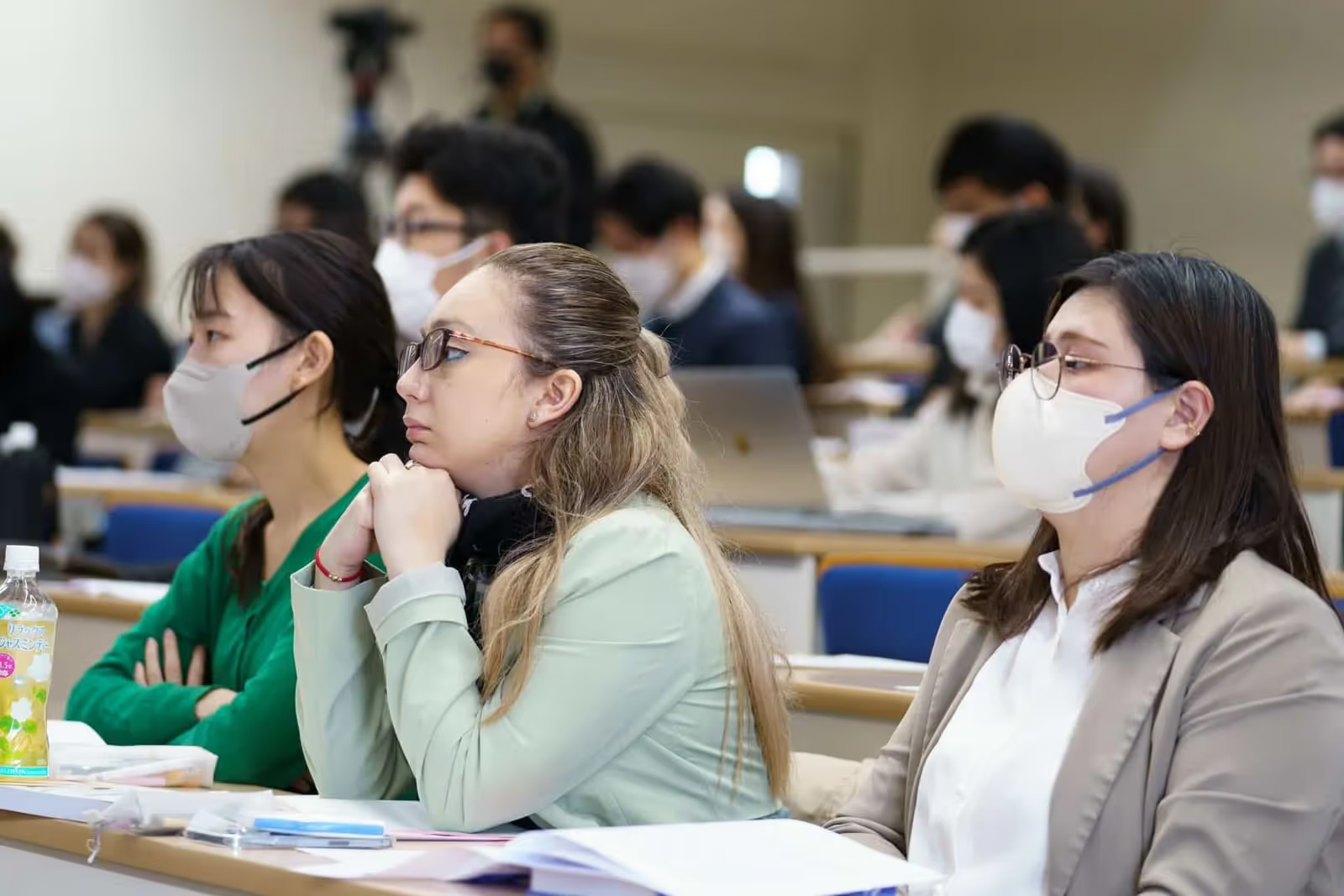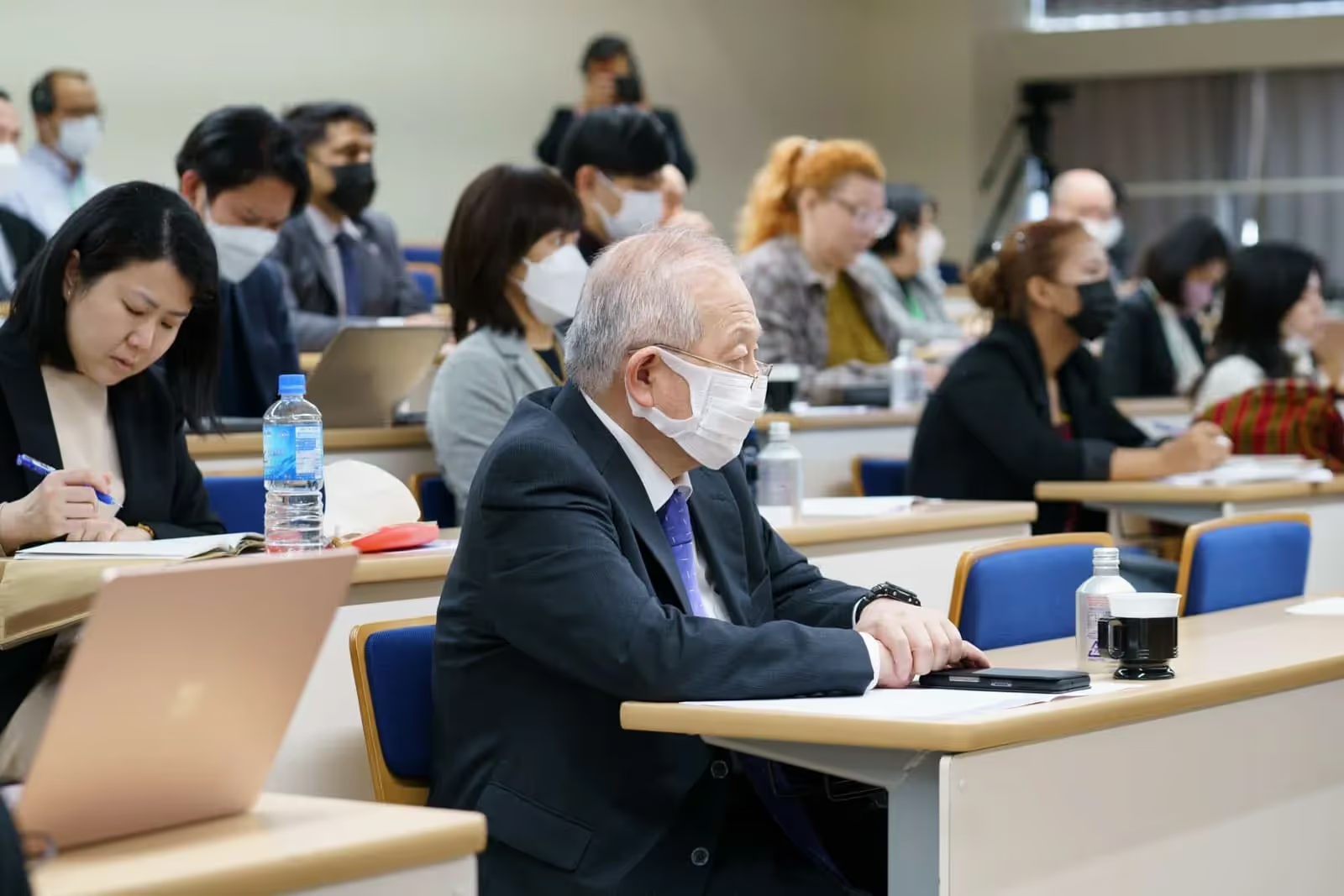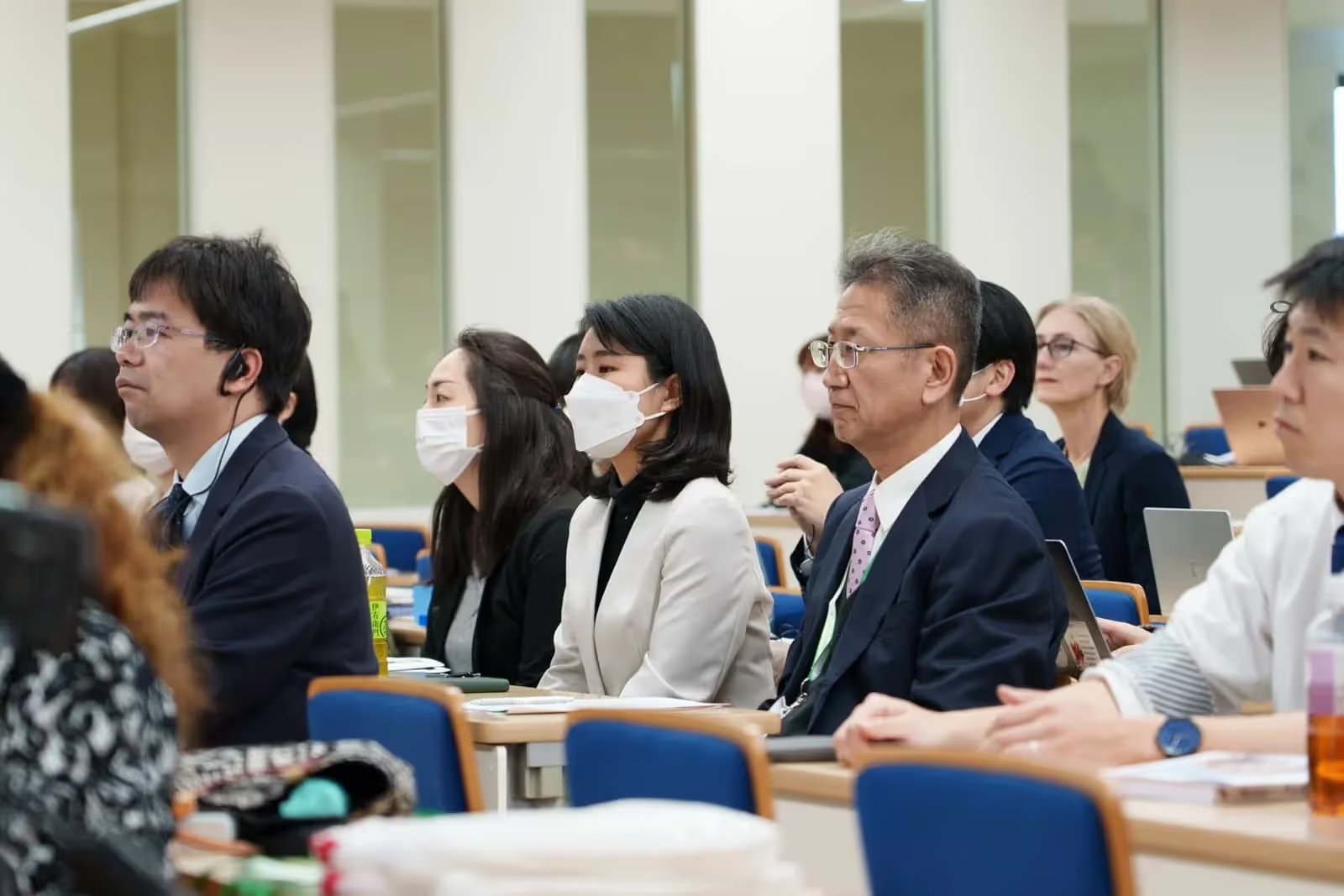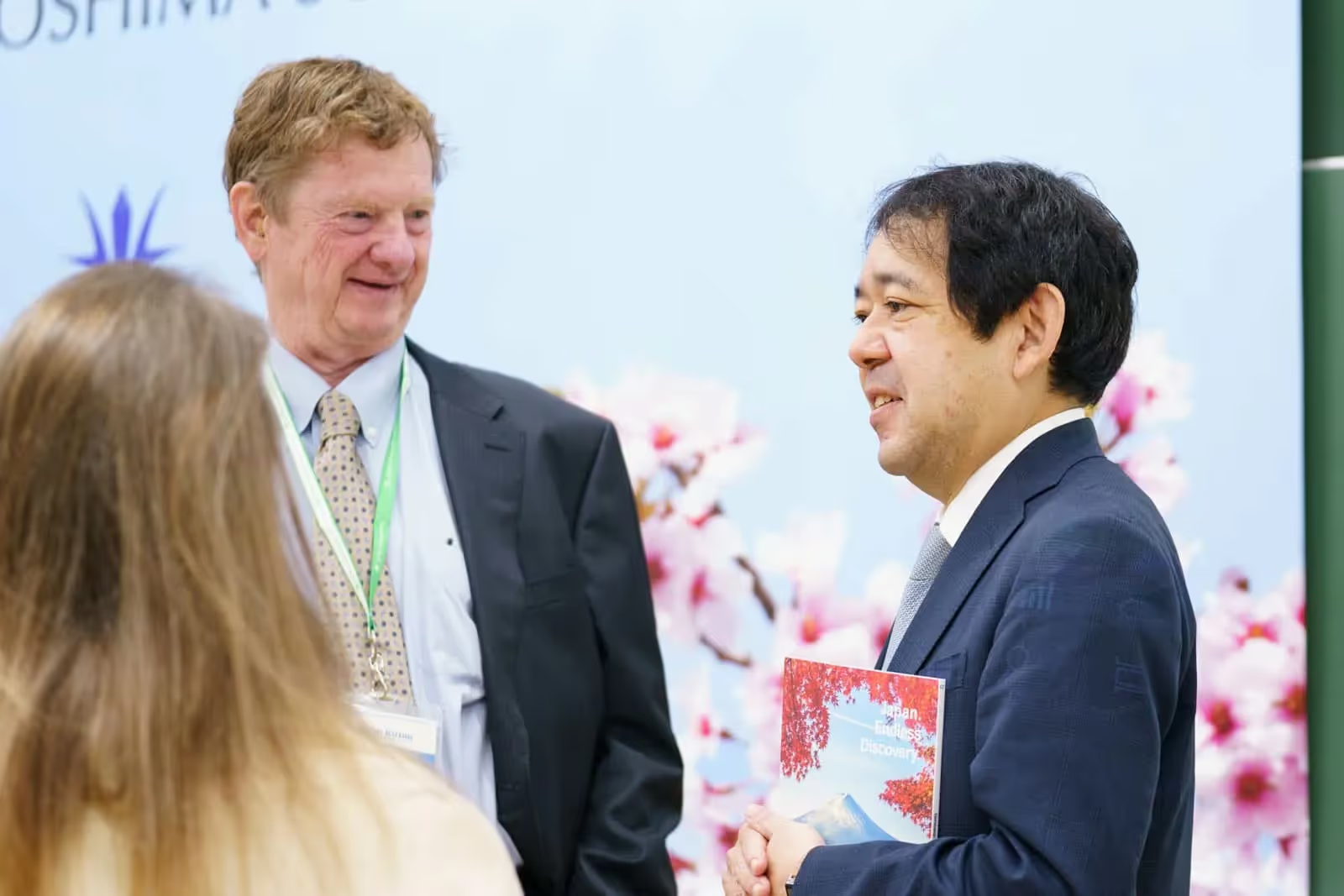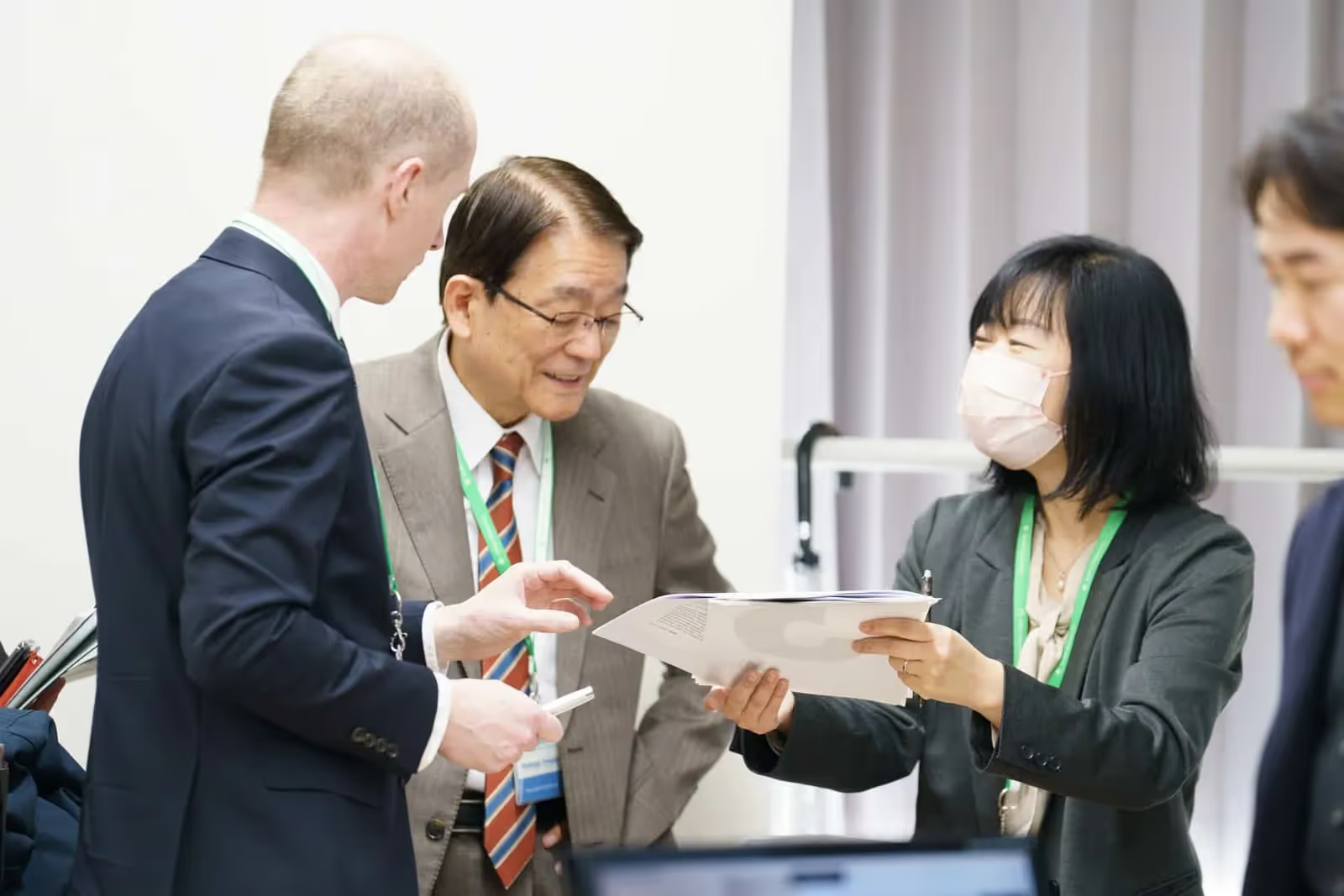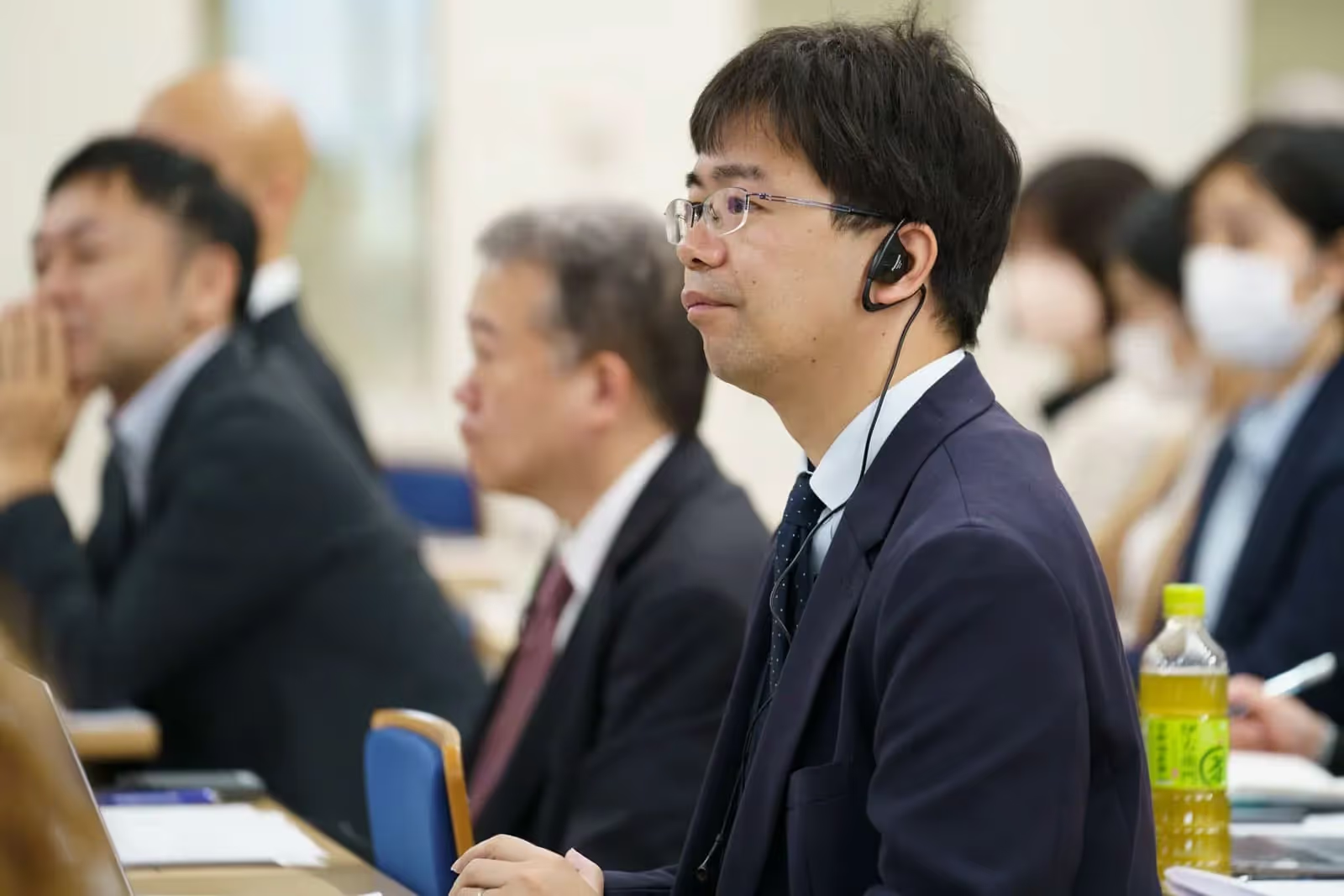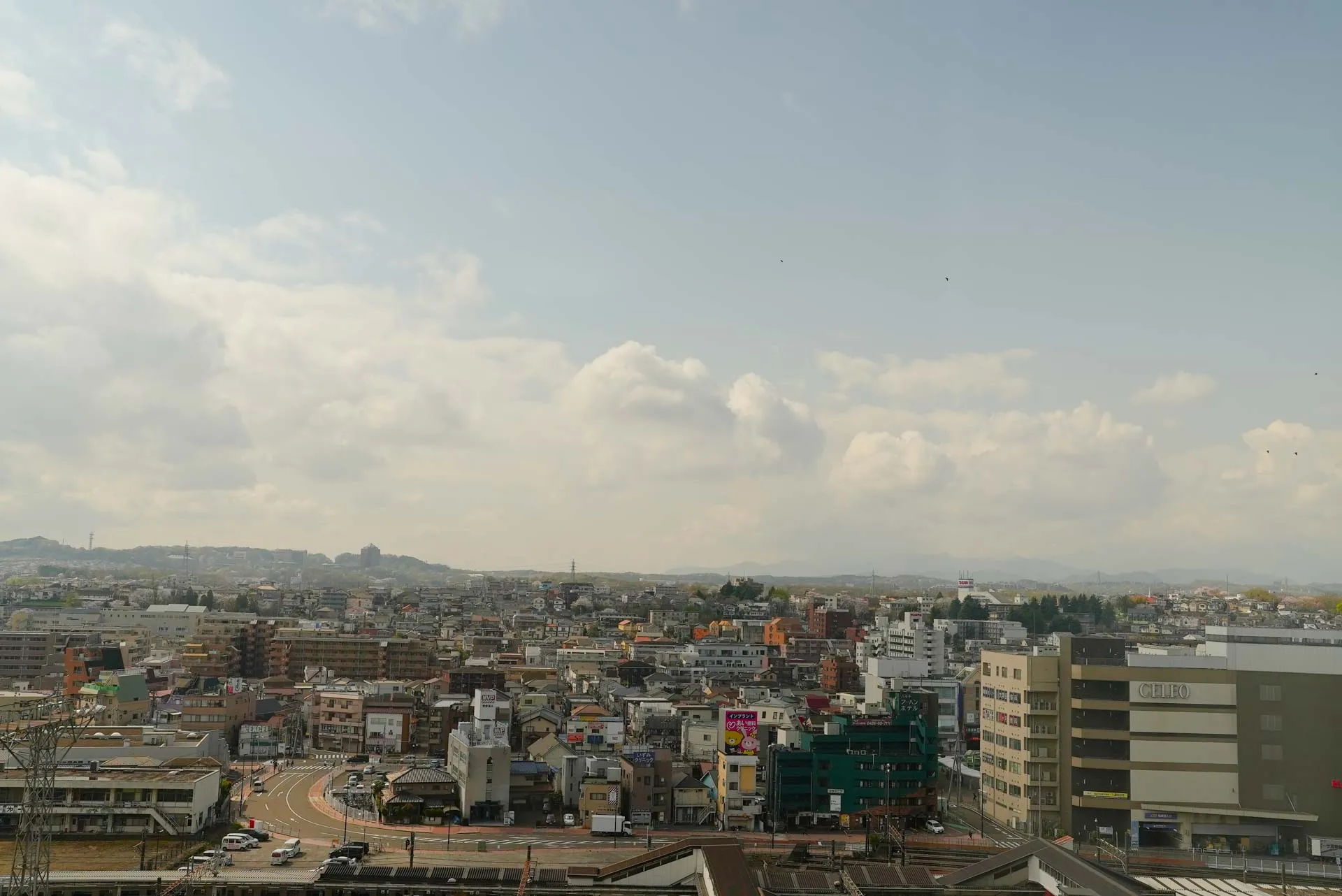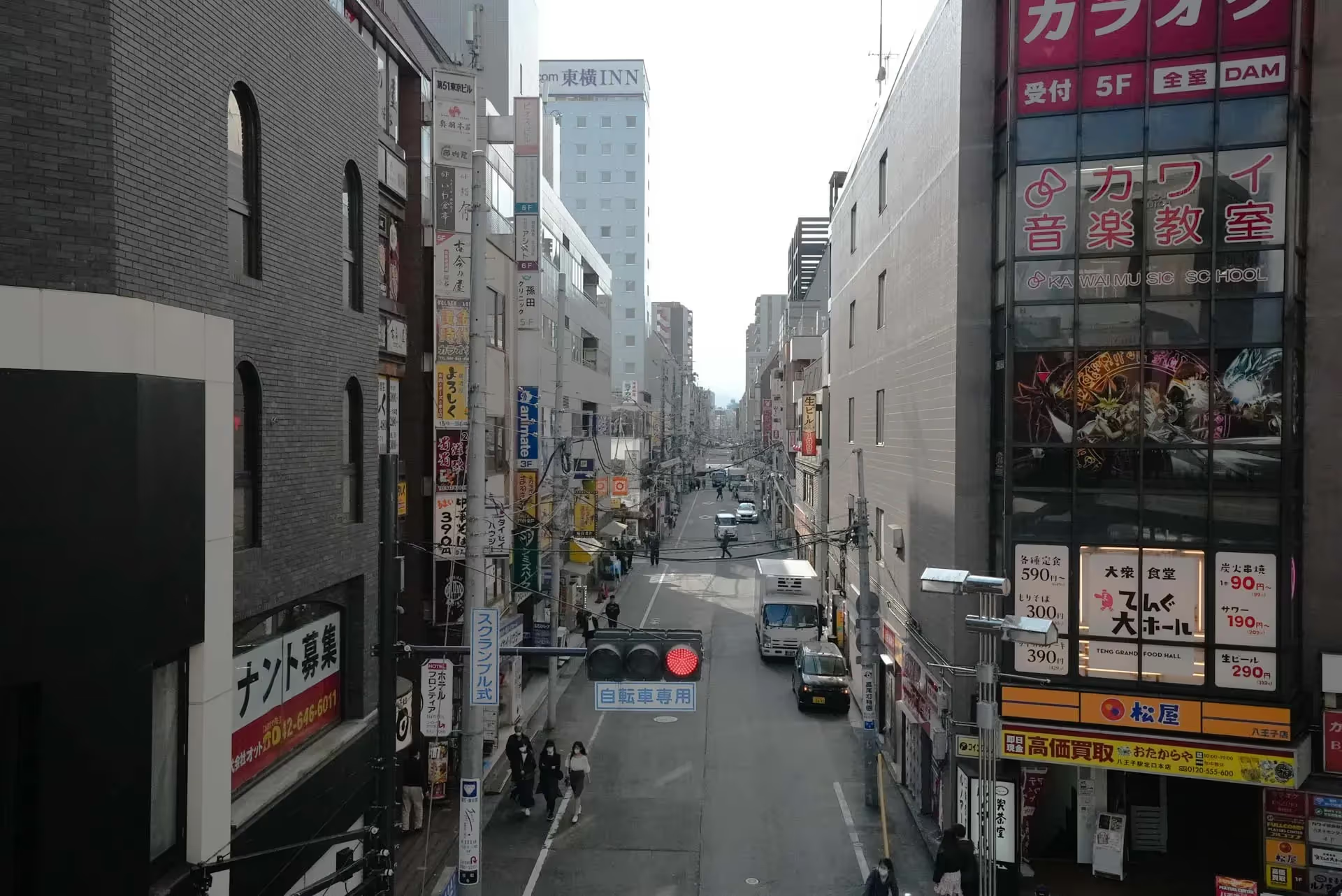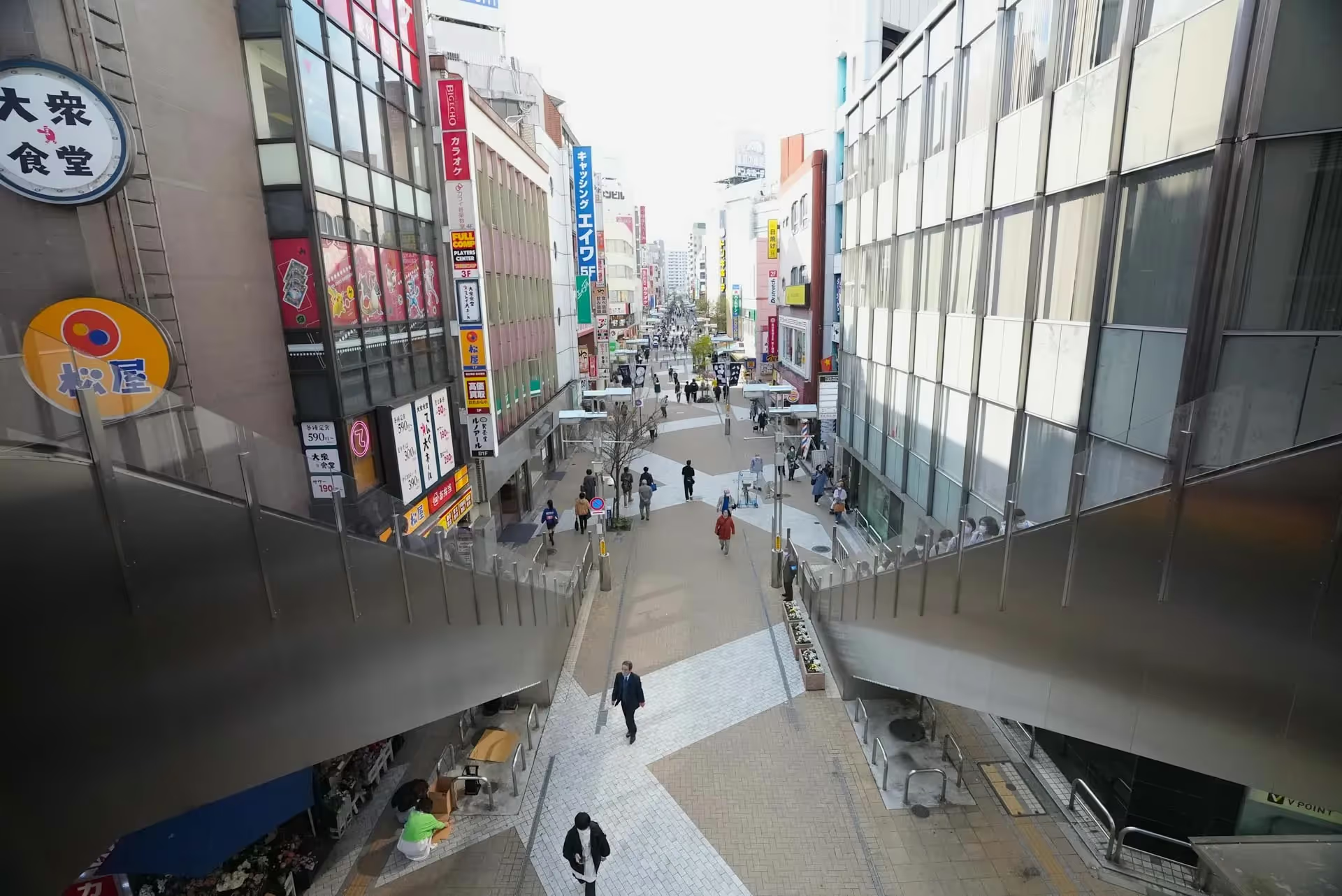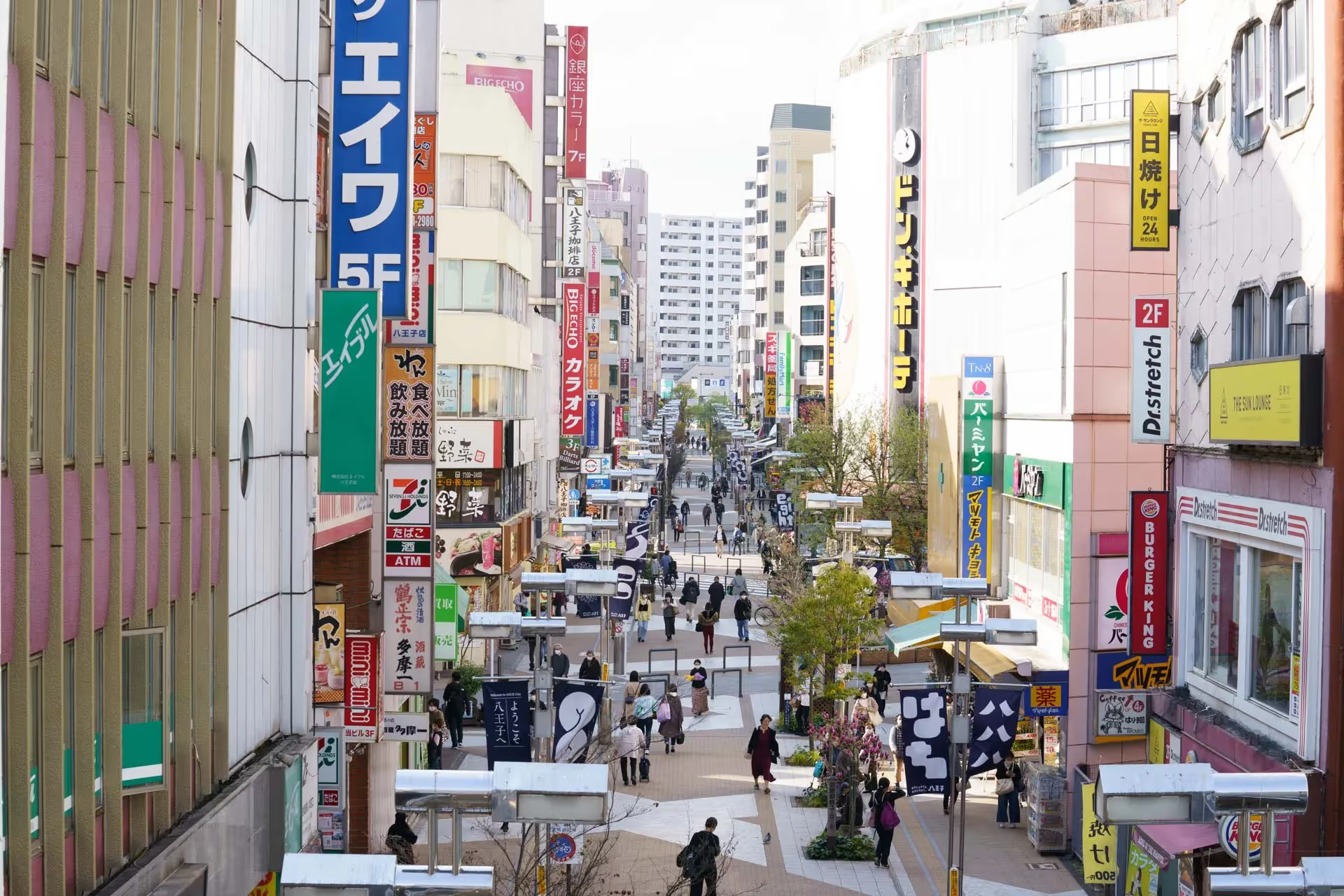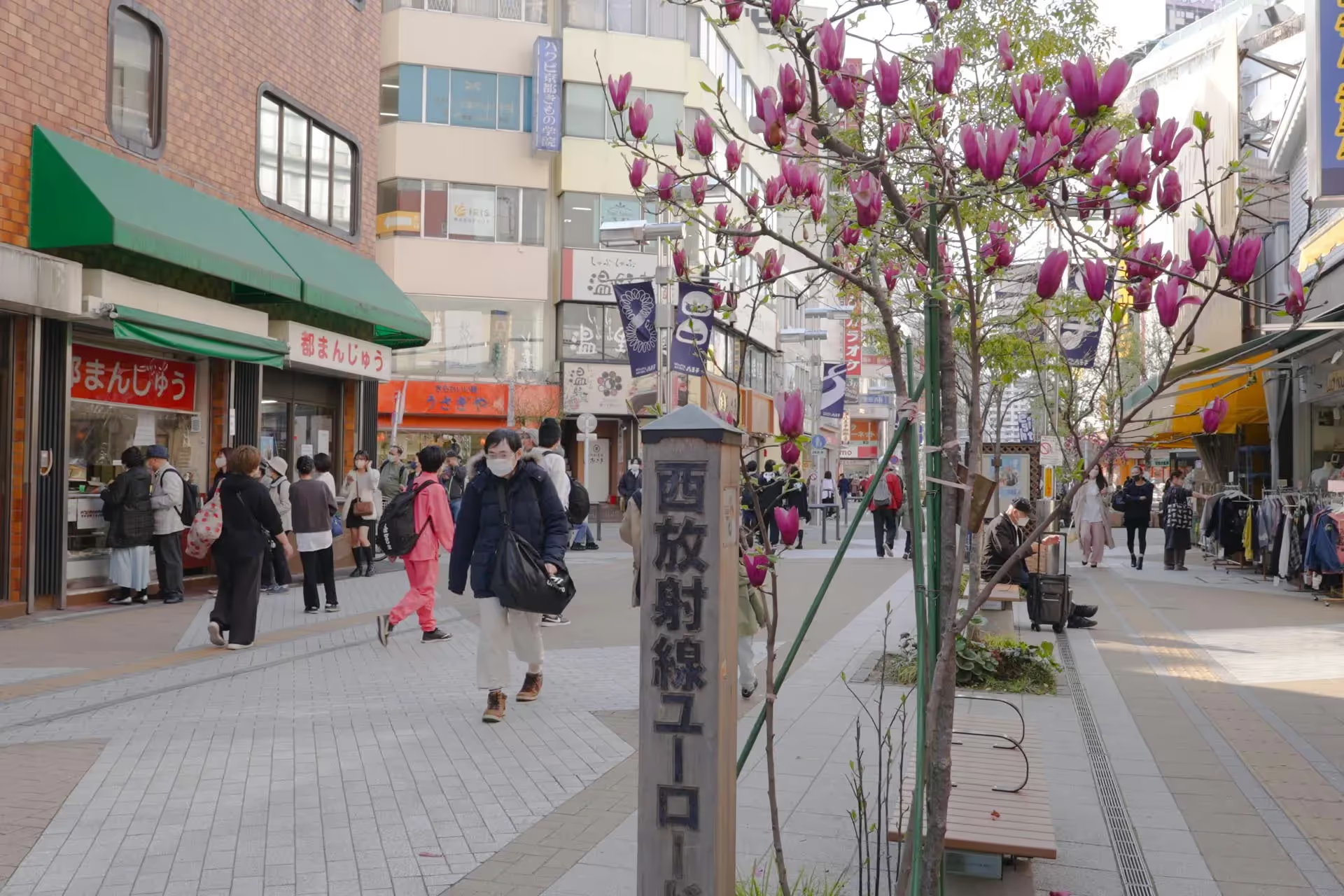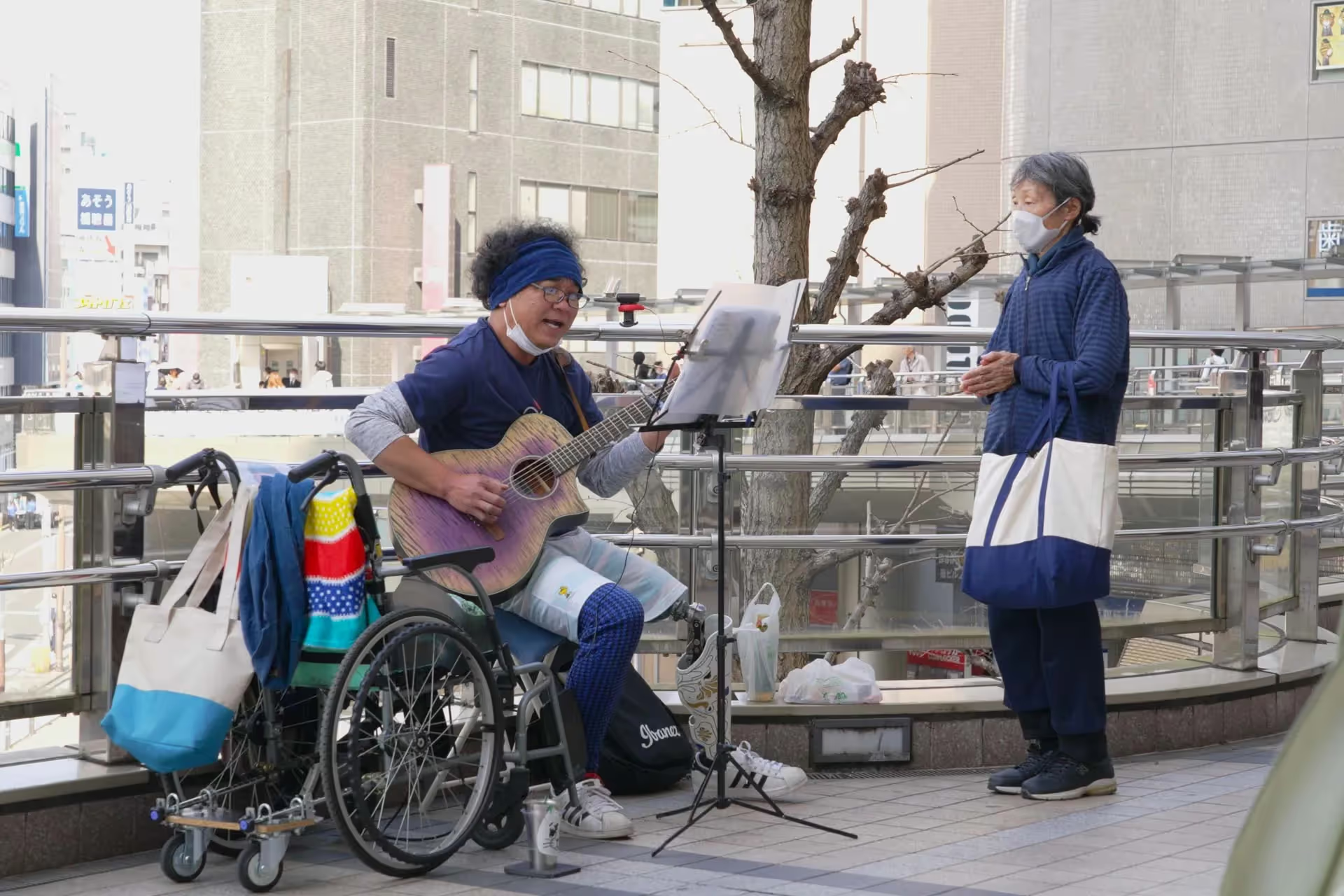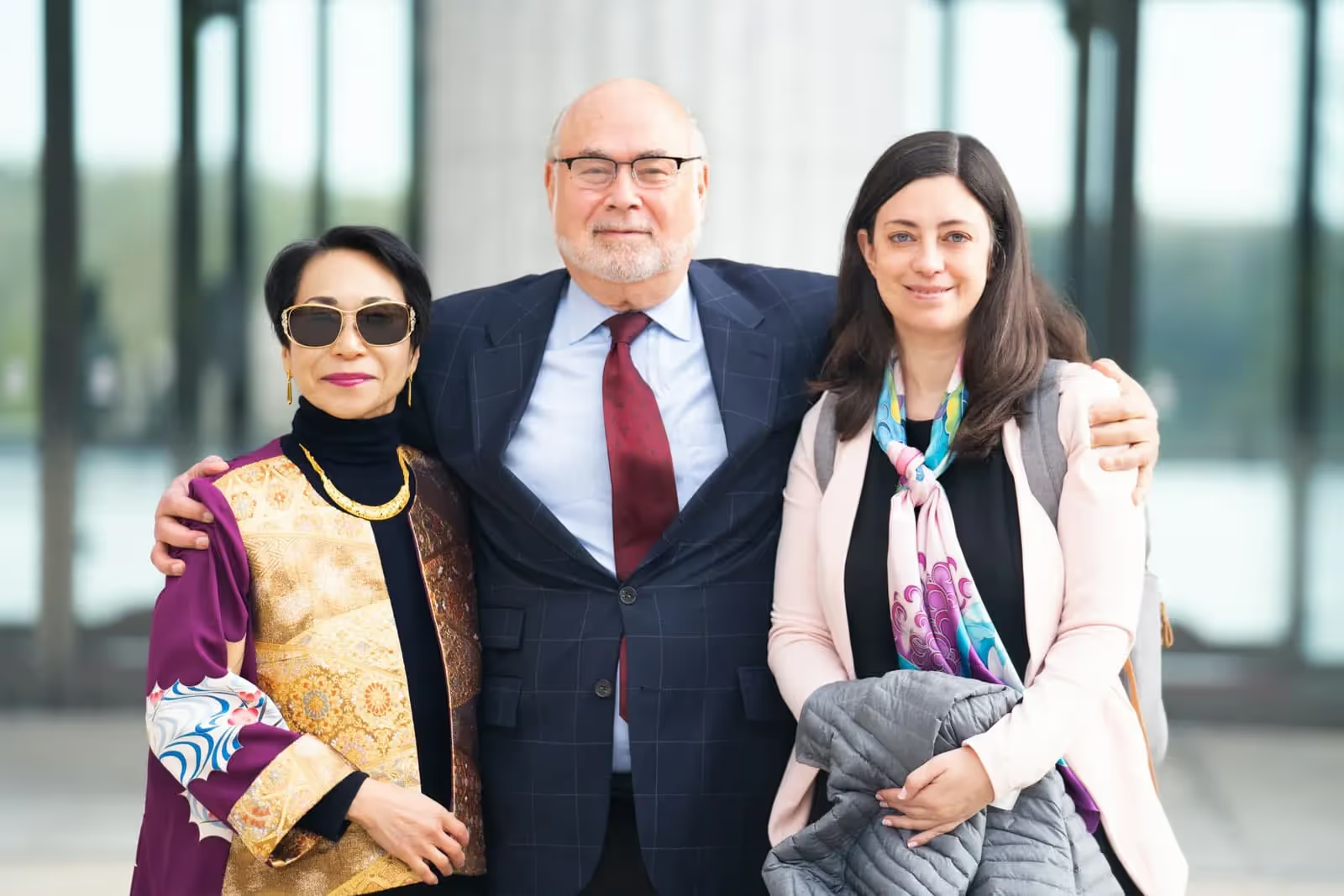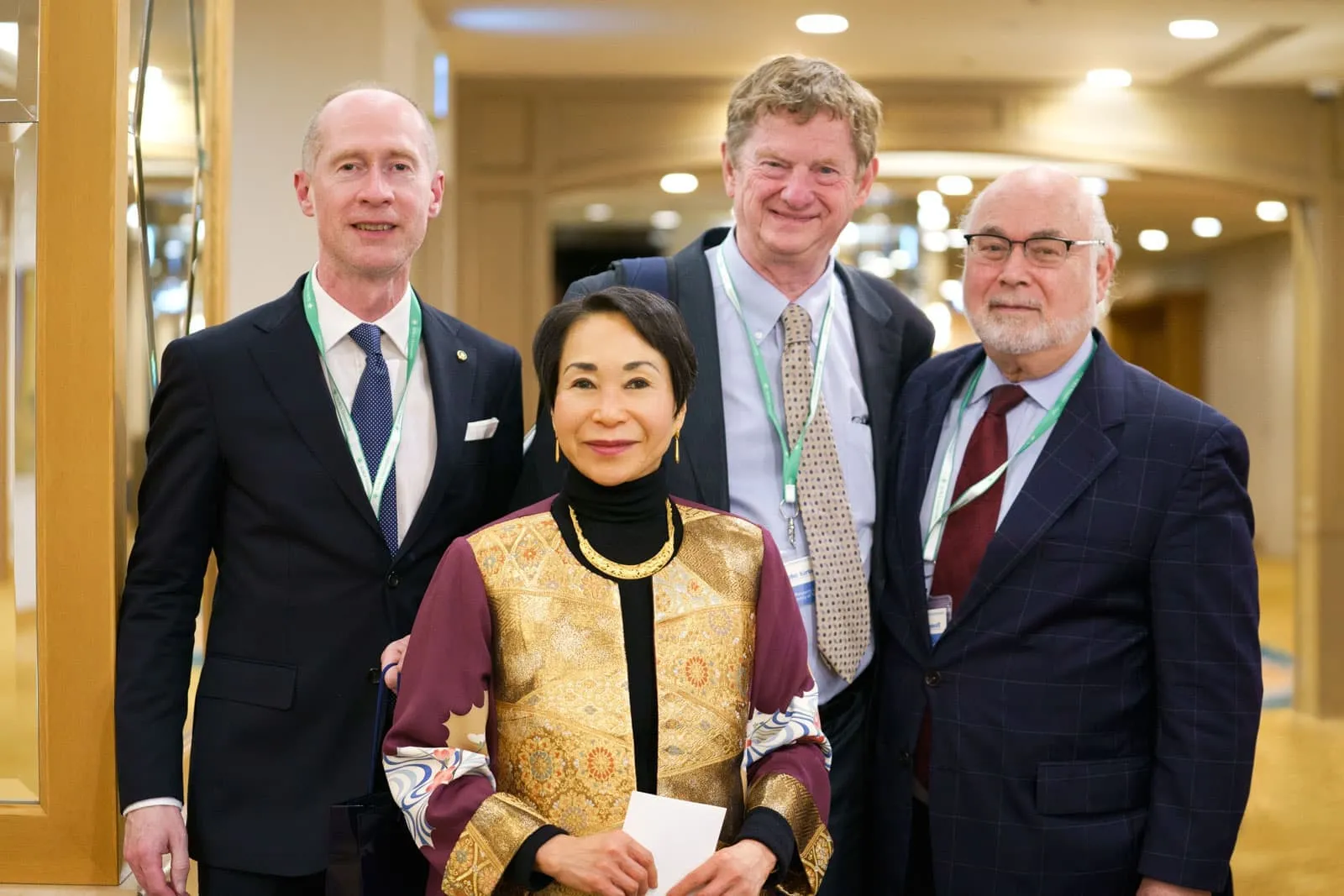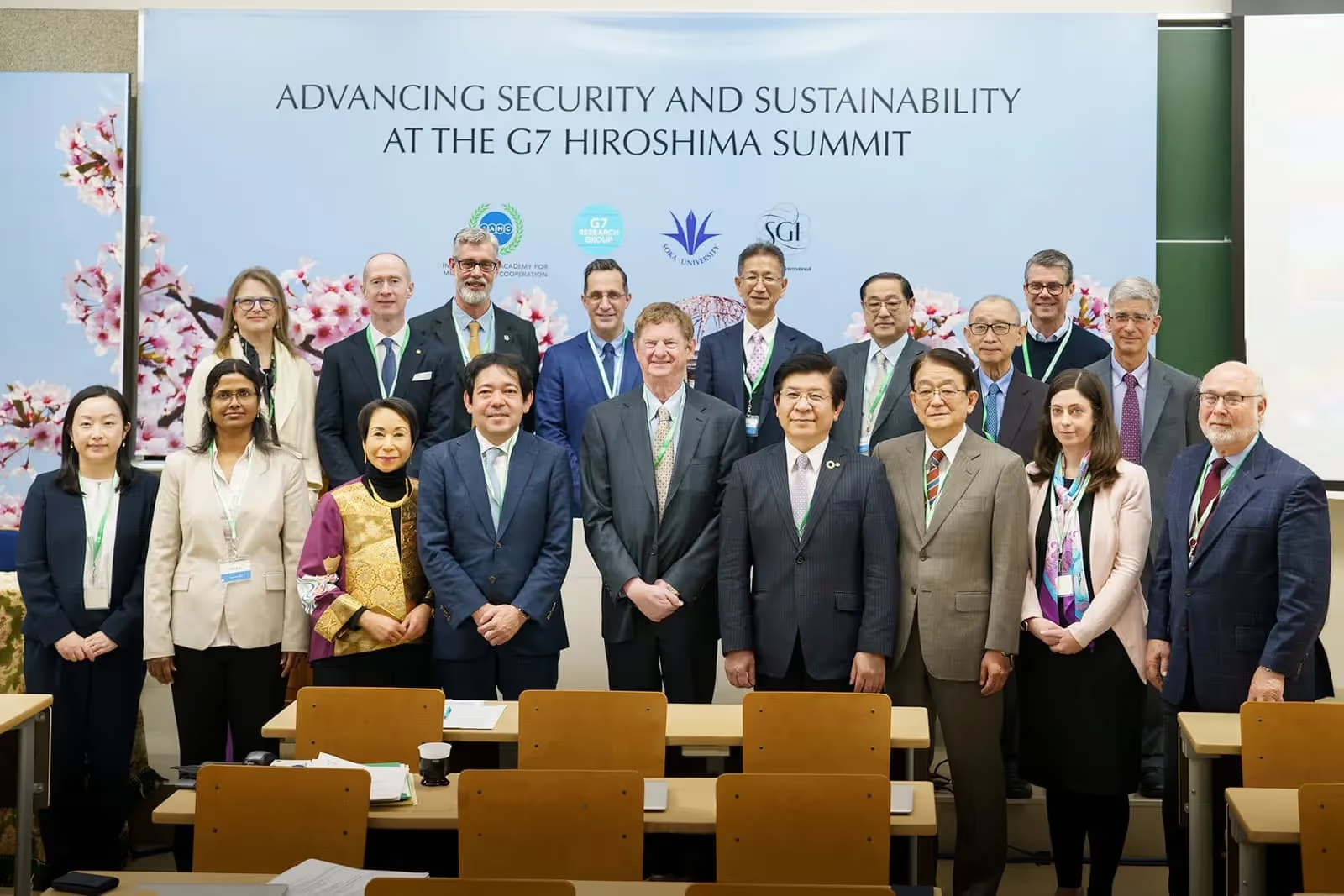Japan, March 29, 2023
Soka University, Hachioji, Tokyo, Japan
Sponsored by
Soka University, the G7 Research Group, the International Academy for Multicultural Cooperation and Soka Gakkai International
In advance of the 2023 G7 Summit in Hiroshima, the G7 Research Group, Soka University, Soka Gakkai International, and the International Academy for Multicultural Cooperation sponsored an international conference at Soka University in Tokyo on March 29, 2023. Experts from the educational, academic, civil society, and government communities gathered to share their perspectives and offer their best analysis and advice on what Japan’s Hiroshima Summit should do to control nuclear weapons, address climate risks and support global health. The conference concluded by assembling specific recommendations that command the most consensus at this event, as the basis for priority recommendations to be sent by the organizers of this conference to the G7 Summit planners. Download the recommendations by clicking below.
Download PDFVideos
“Advancing Security and Sustainability at the G7 Hiroshima Summit” - Montage
“Advancing Security and Sustainability at the G7 Hiroshima Summit” - Welcome
“Advancing Security and Sustainability at the G7 Hiroshima Summit” - G7 Contributions to Global Governance
“Advancing Security and Sustainability at the G7 Hiroshima Summit” - Japan's Contributions to G7 Governance
“Advancing Security and Sustainability at the G7 Hiroshima Summit” - Keynote Address: Japan’s Plans, Priorities, and Preparations 2023
“Advancing Security and Sustainability at the G7 Hiroshima Summit” - Controlling Nuclear Weapons
“Advancing Security and Sustainability at the G7 Hiroshima Summit” - Strengthening Climate, Energy, Health Security
“Advancing Security and Sustainability at the G7 Hiroshima Summit” - Recommendations for G7 Hiroshima Summit Action
Photos
Recommendations for the 2023 G7 Hiroshima Summit
April 5, 2023
John KirtonG7 Research Group
Audrey KitagawaInternational Academy for Multicultural Cooperation
Jonathan LuckhurstSoka University
Hirotsugu TerasakiSoka Gakkai International
Following the international conference on “Advancing Security and Sustainability at the G7 Hiroshima Summit" at Soka University, Tokyo on March 29, 2023, the sponsors compiled priority recommendations for G7 leaders to act upon at the G7 Hiroshima Summit on May 19–21, 2023. Click on the link below for the downloadable document
Download PDFJapan, March 29, 2023
USA-Canada, March 28, 2023
Soka University, Hachioji, Tokyo, Japan
Sponsored by
Soka University, the G7 Research Group, the International Academy for Multicultural Cooperation and Soka Gakkai International
Prospectus
The G7's Hiroshima Summit on May 19-21, 2023, confronts four key potentially existential, interrelated, global threats – the danger of nuclear war in Europe and Asia, irreversible climate change and global health. Japan's G7 presidency identified these threats as priorities from the very start of its year as G7 host, alongside other immediate challenges in the economic, social, ecological and political-security domains.
As Japan and its G7 partners develop their agenda and prospective actions for the Hiroshima Summit, they and their citizens will consider several key questions.
- What further advances have come from recent summits influenced by G7 members, notably the G20's Bali Summit in November 2022?
- How and where has Japan, especially as a G7 host, effectively shaped summit action on nuclear weapons, climate change and global health in the past and what assets does it have for doing so now?
- What are the most urgent and important needs for actions to control nuclear weapons, climate change and global health now, and ones that Japan's Hiroshima Summit can best supply in May?
- How well have G7 summits governed nuclear weapons, climate change and global health in the past, through timely, well-tailored, collective commitments and members' faithful compliance with them?
To assist in finding answers to these questions at an early stage, the G7 Research Group, Soka University, Soka Gakkai International and the International Academy for Multicultural Cooperation are sponsoring a one-day invitational, international conference at Soka University in Tokyo on March 29, 2023. At this hybrid livestreamed event, experts from the educational, academic, civil society and government communities will gather in person and virtually to share their perspectives and offer their best analysis and advice on what Japan's Hiroshima Summit should do to control nuclear, climate and global health risks. The conference will conclude by assembling specific recommendations that command the most consensus at this event, as the basis for priority recommendations to be sent by the sponsors to the G7 planners themselves.
Program
9:00-9:15 AM JST
5:00-5:15 PM PDT
8:00-8:15 PM EDT
Welcome
- Masashi Suzuki, President, Soka University
- John Kirton, Director, G7 Research Group
- Audrey Kitagawa, President, International Academy for Multicultural Cooperation (IAMC)
- Hirotsugu Terasaki, Director General, Peace and Global Issues, Soka Gakkai International (SGI)
9:15-10:15 AM JST
5:15-6:15 PM PDT
8:15-9:15 PM EDT
G7 Contributions to Global Governance
- Chair: Minoru Koide, Soka University
- John Kirton, University of Toronto: G7 Performance, 1975–2022
- Madeline Koch, G7 Research Group: G7 Compliance, 1975–2022
- Jonathan Luckhurst, Soka University: G7-G20-UN Synergies
10:15-10:30 AM JST
Break
10:30-11:30 AM JST
6:30-7:30 PM PDT
9:30-10:30 PM EDT
Japan's Contribution to G7 Governance
- Chair: Tomoko Utsumi, Soka University
- Hugo Dobson, Sheffield University
- Stephen Nagy, Senior Associate Professor, International Christian University
11:30 AM-12:15 PM JST
7:30-8:15 PM PDT
10:30-11:15 PM EDT
Keynote Address: Japan's Plans, Priorities and Preparations 2023
- Chair: John Kirton, G7 Research Group
- Takashi Ariyoshi, Director of Economic Policy Division and Deputy Secretary General of the G7 Hiroshima Summit Secretariat
12:15-1:15 PM JST
Lunch
1:15-3:15 PM JST
9:15-11:15 PM PDT
12:15-2:15 AM EDT
Controlling Nuclear Weapons
- Chair: Nikolas Emmanuel, Soka University
- Anna Ikeda, SGI Representative to the United Nations [virtual]
- Audrey Kitagawa, President, International Academy for Multicultural Cooperation (IAMC)
- Jonathan Granoff, President, Global Security Institute
- Rorry Daniels, Managing Director, Asia Society Policy Institute
- Mitsuru Kurosawa, Professor Emeritus, Osaka University [virtual]
- Nobuyasu Abe, Former Ambassador; Former Director, Center for the Promotion of Disarmament and Non-Proliferation, Japan Institute of International Affairs
3:15-3:30 PM JST
Break
3:30-5:00 PM JST
11:30 PM-1:00 AM PDT
2:30-4:00 AM EDT
Strengthening Climate, Energy and Health Security
- Chair: Anar Koli, Soka University
- Ella Kokotsis, G7 Research Group, Canada: G7 Performance on Climate Change [virtual]
- Miranda Schreurs, Technical University of Munich, Germany: Japan’s Contributions – Past, Present, Potential [virtual]
- Mark Elder, Institute for Global Environmental Strategies, Tokyo
- Hideaki Shiroyama, Professor, Graduate School of Public Policy, University of Tokyo
5:00-5:30 PM JST
1:00-1:30 AM PDT
4:00-4:30 AM EDT
Recommendations for G7 Hiroshima Summit Action
- Chair: Jonathan Luckhurst, Soka University
- Presentations by session chairs summarizing the recommendations arising from their sessions
Participation
Register here for virtual participation or
Watch livestream on YouTube at https://bit.ly/g7-hiroshima-summit-youtube or on Facebook at https://bit.ly/g7-hiroshima-summit-facebook

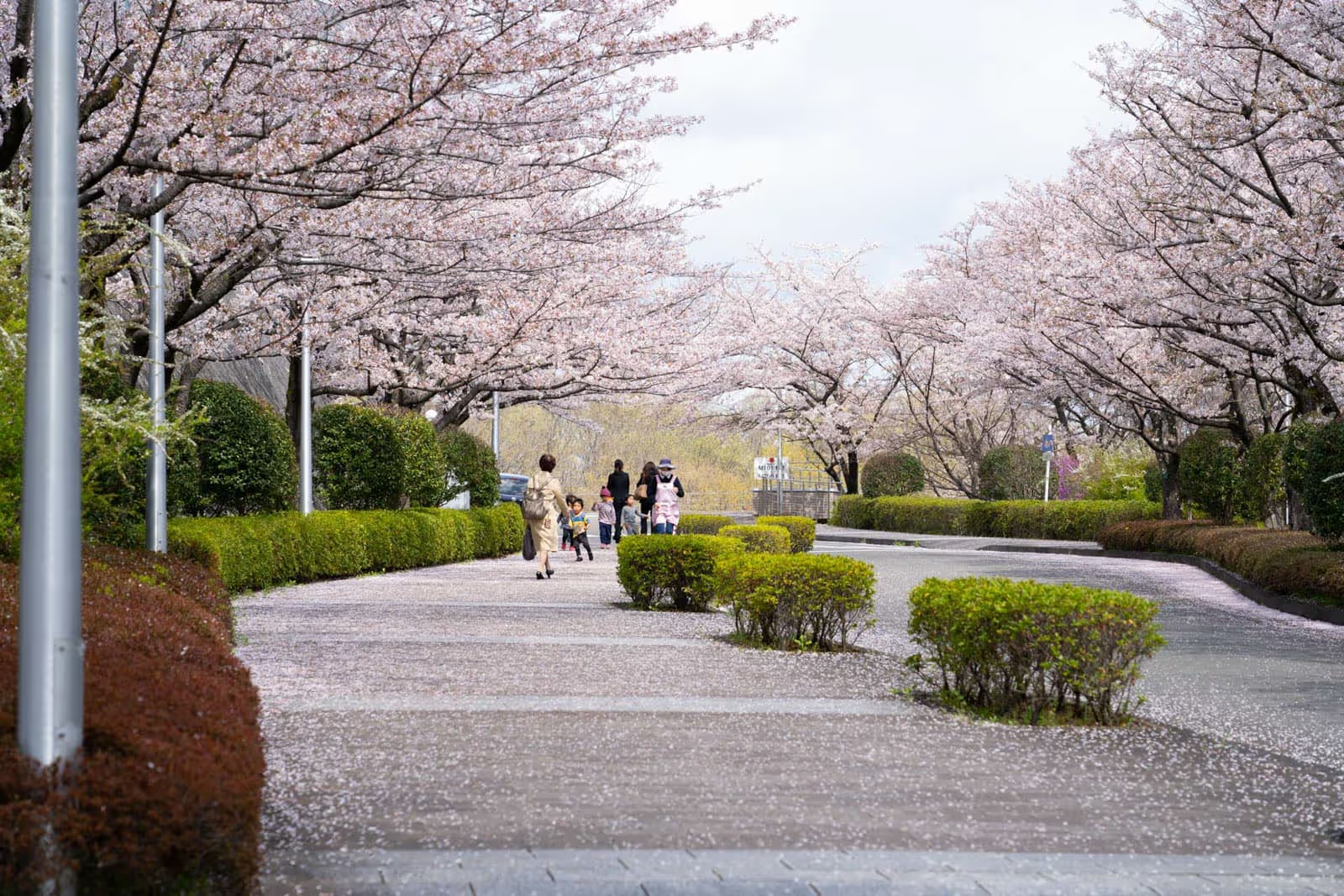
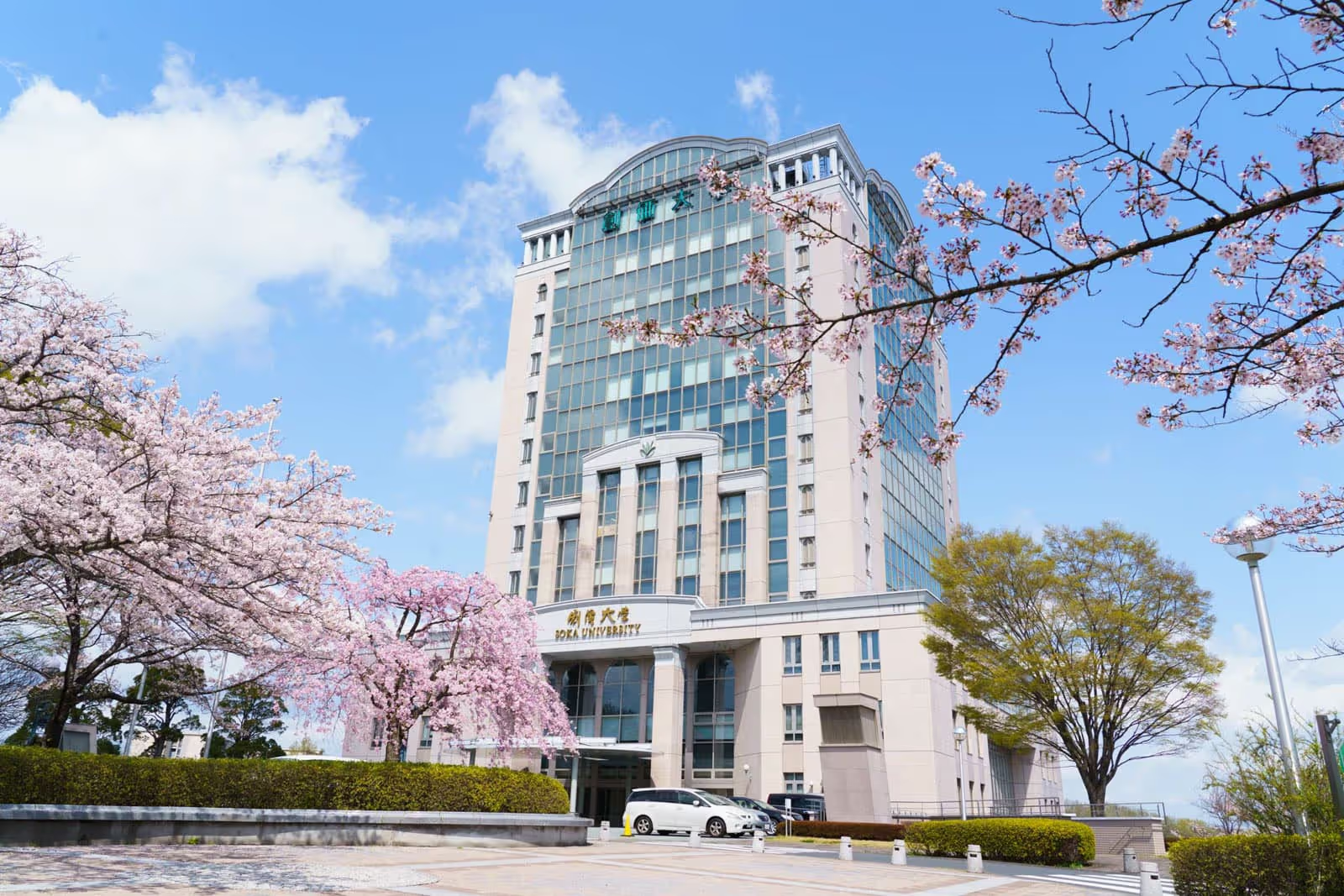
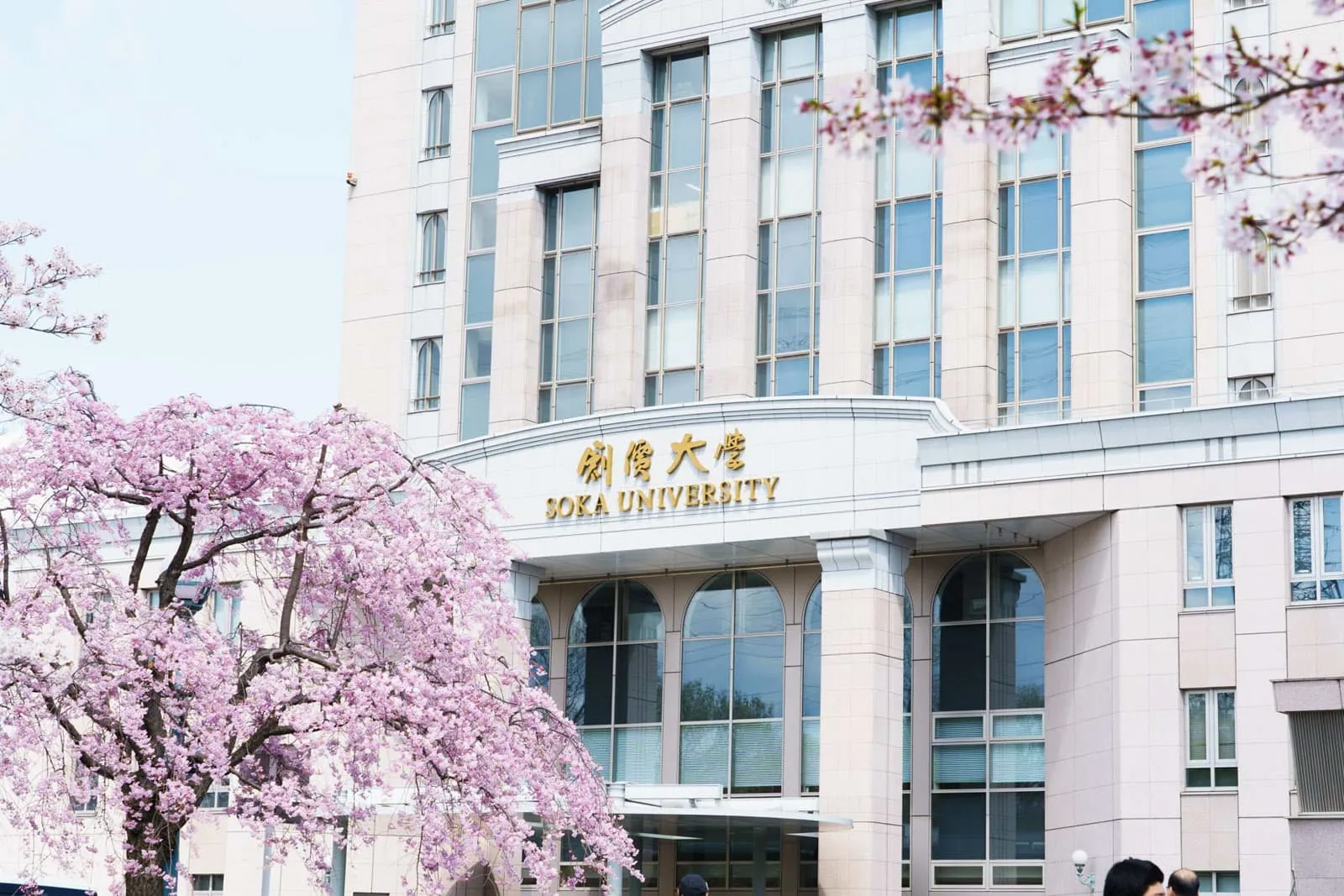
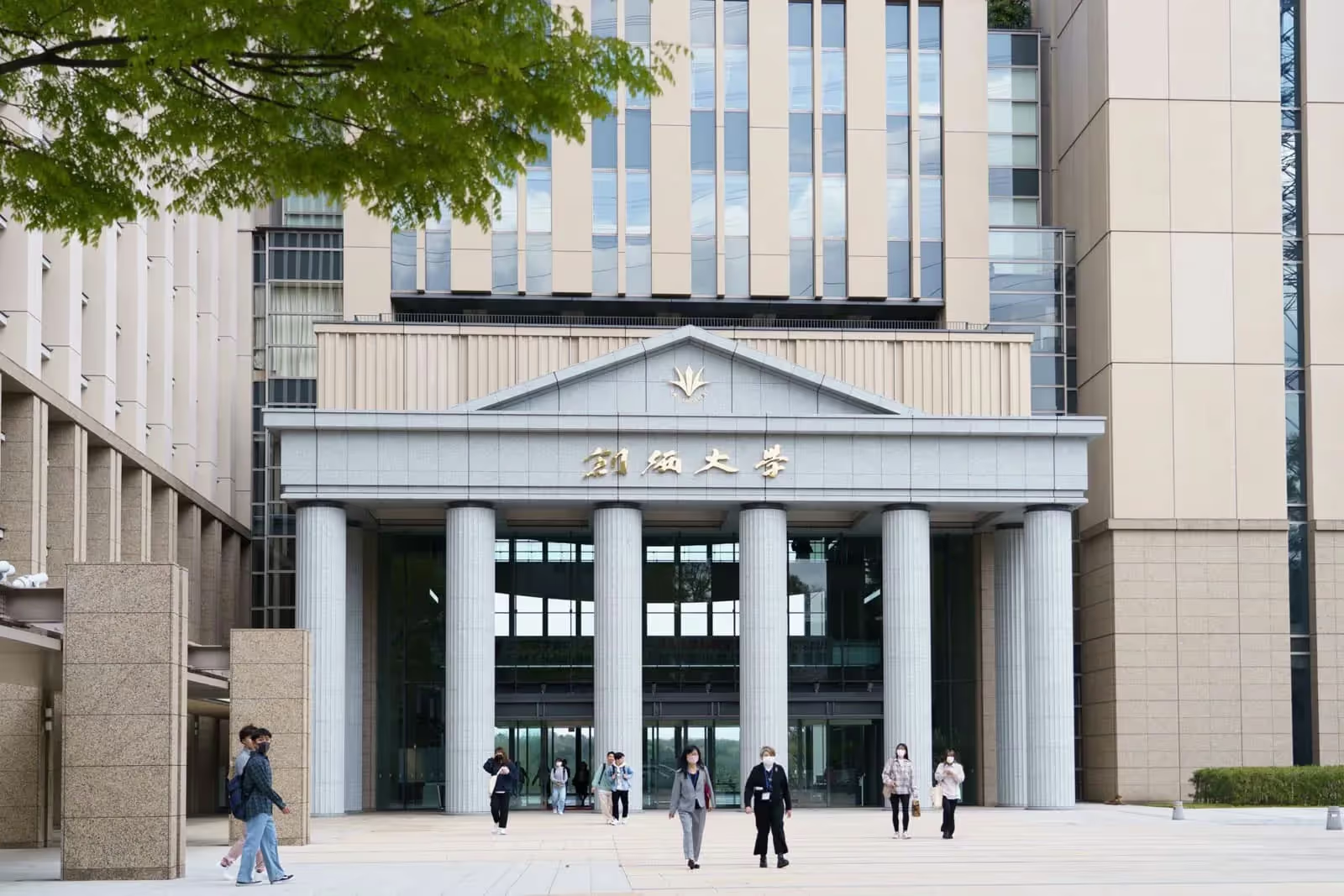
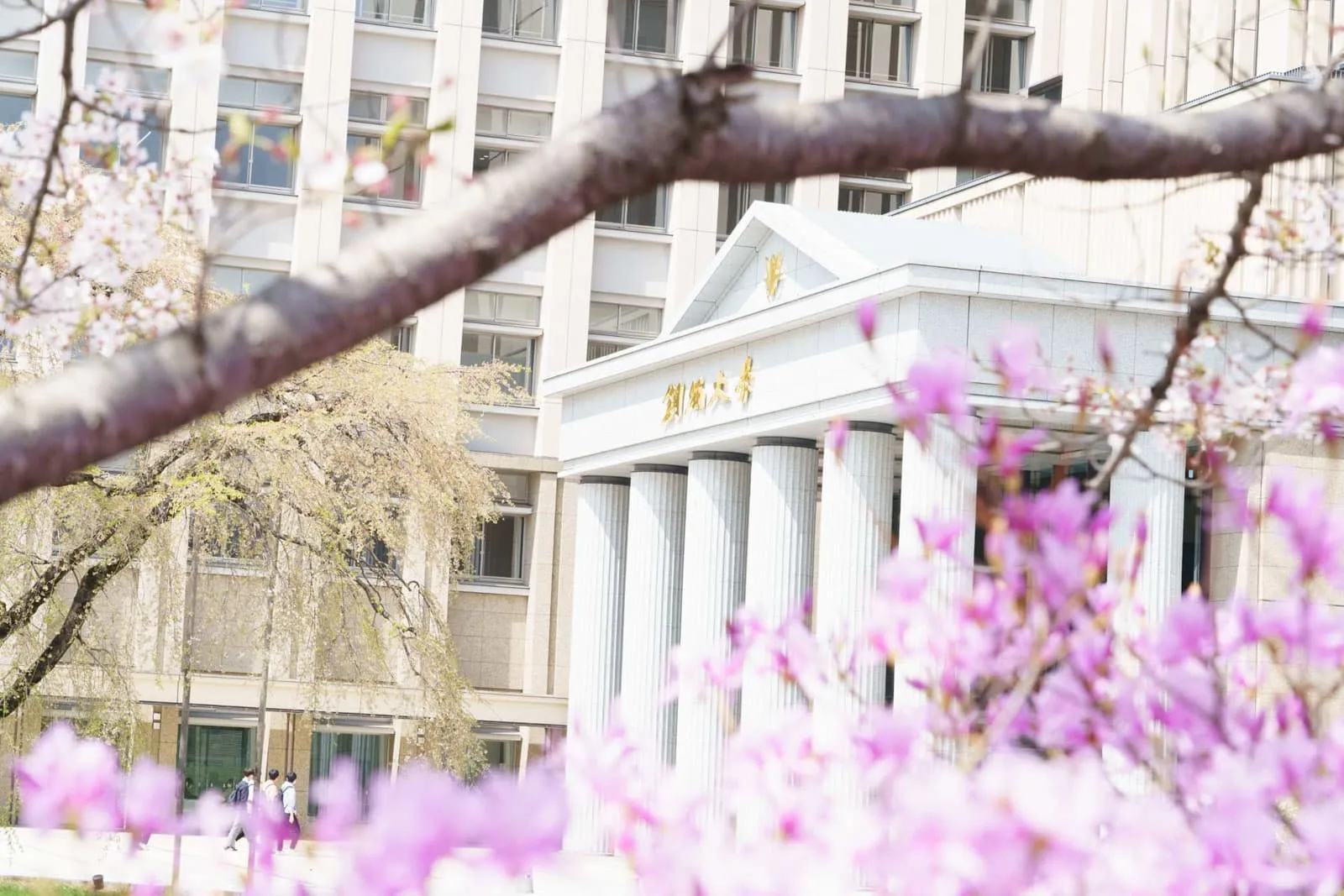




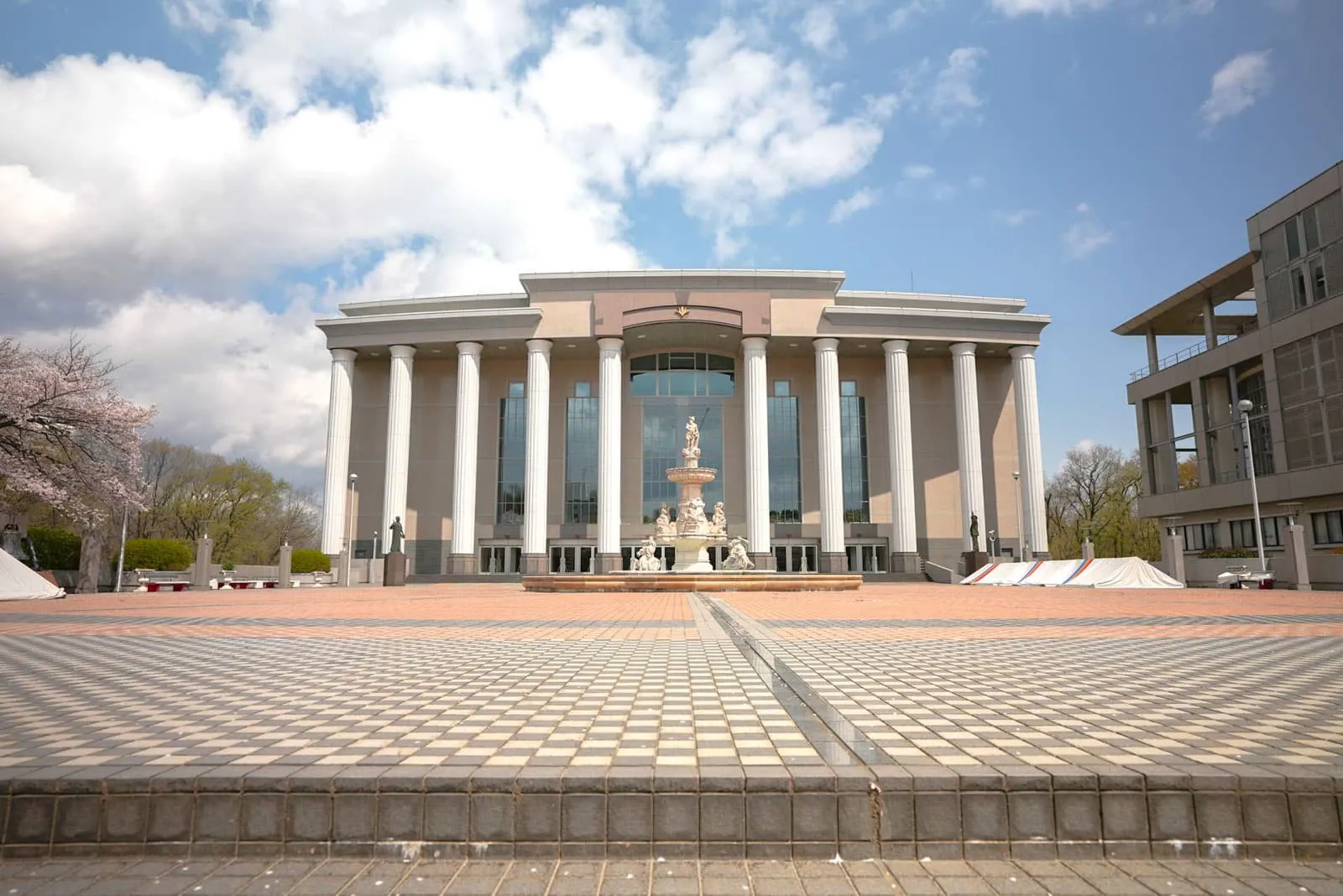
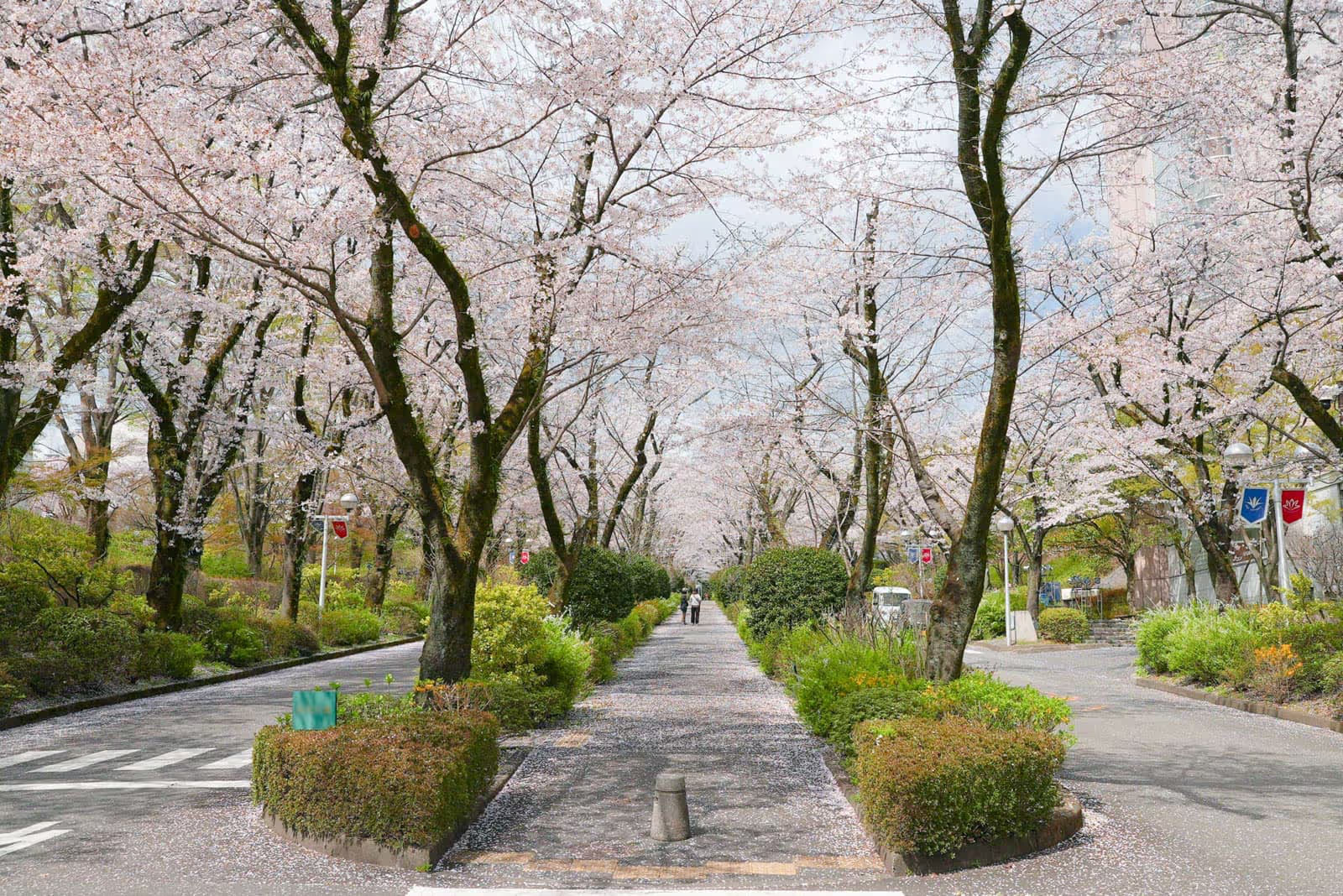

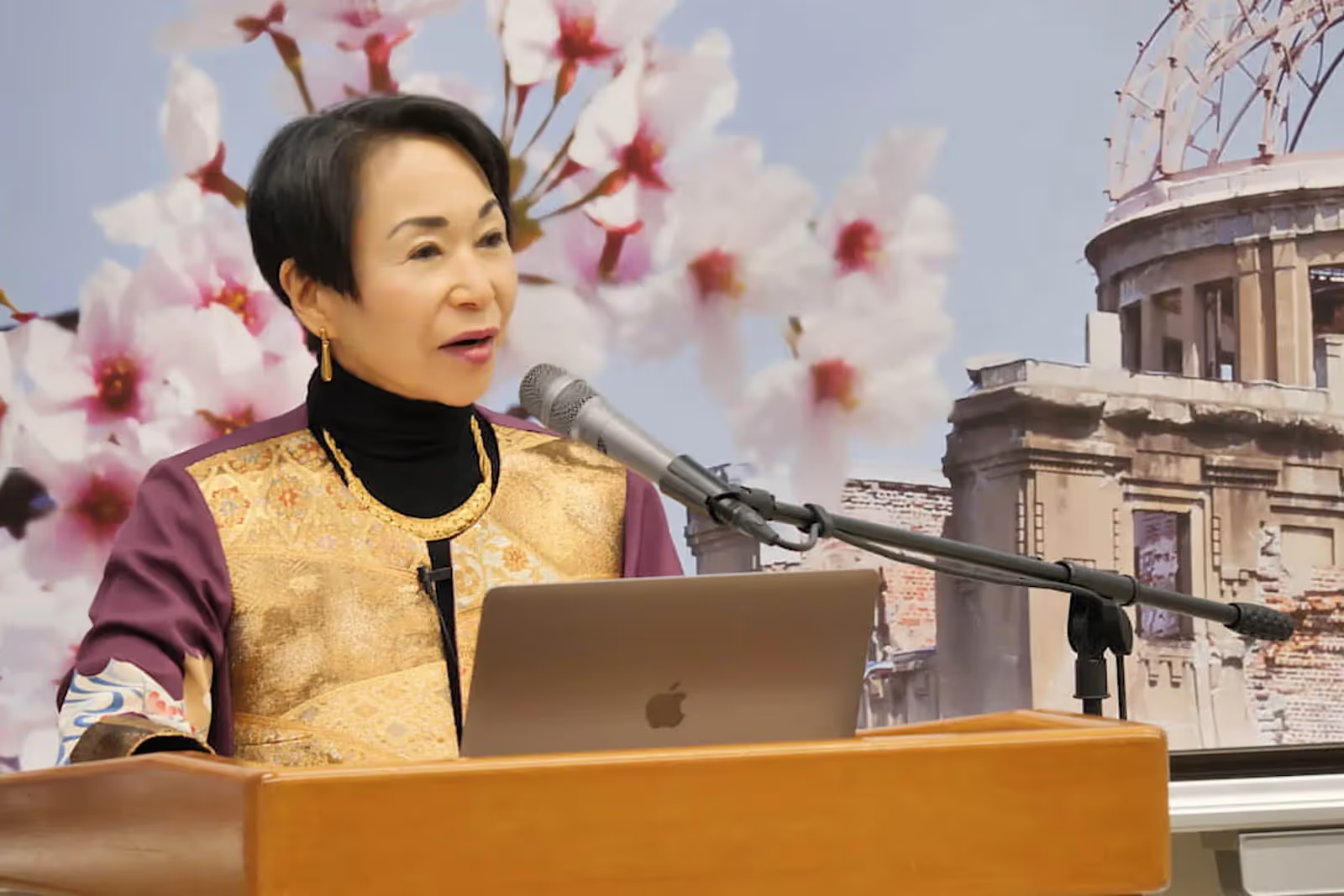
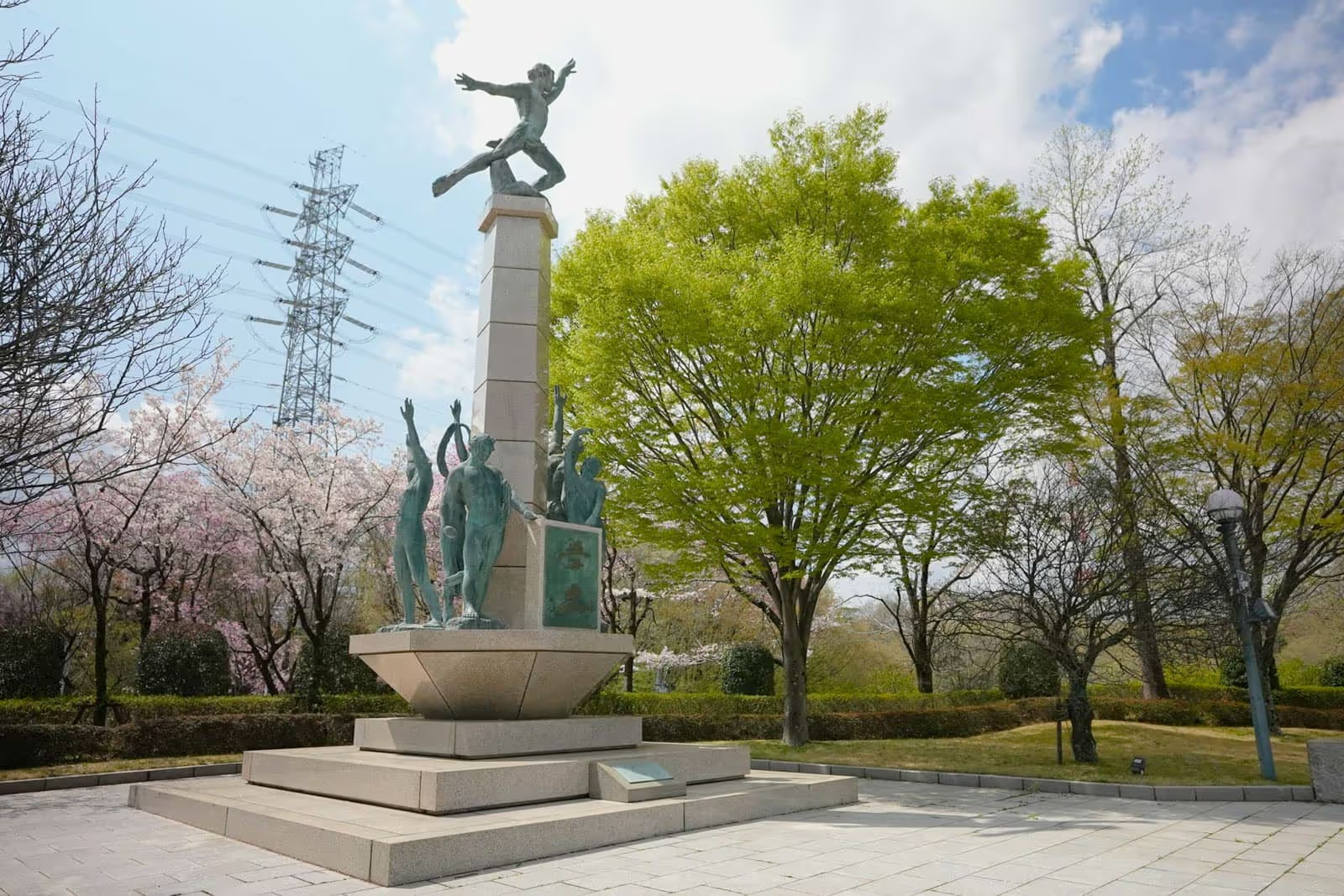

.avif)

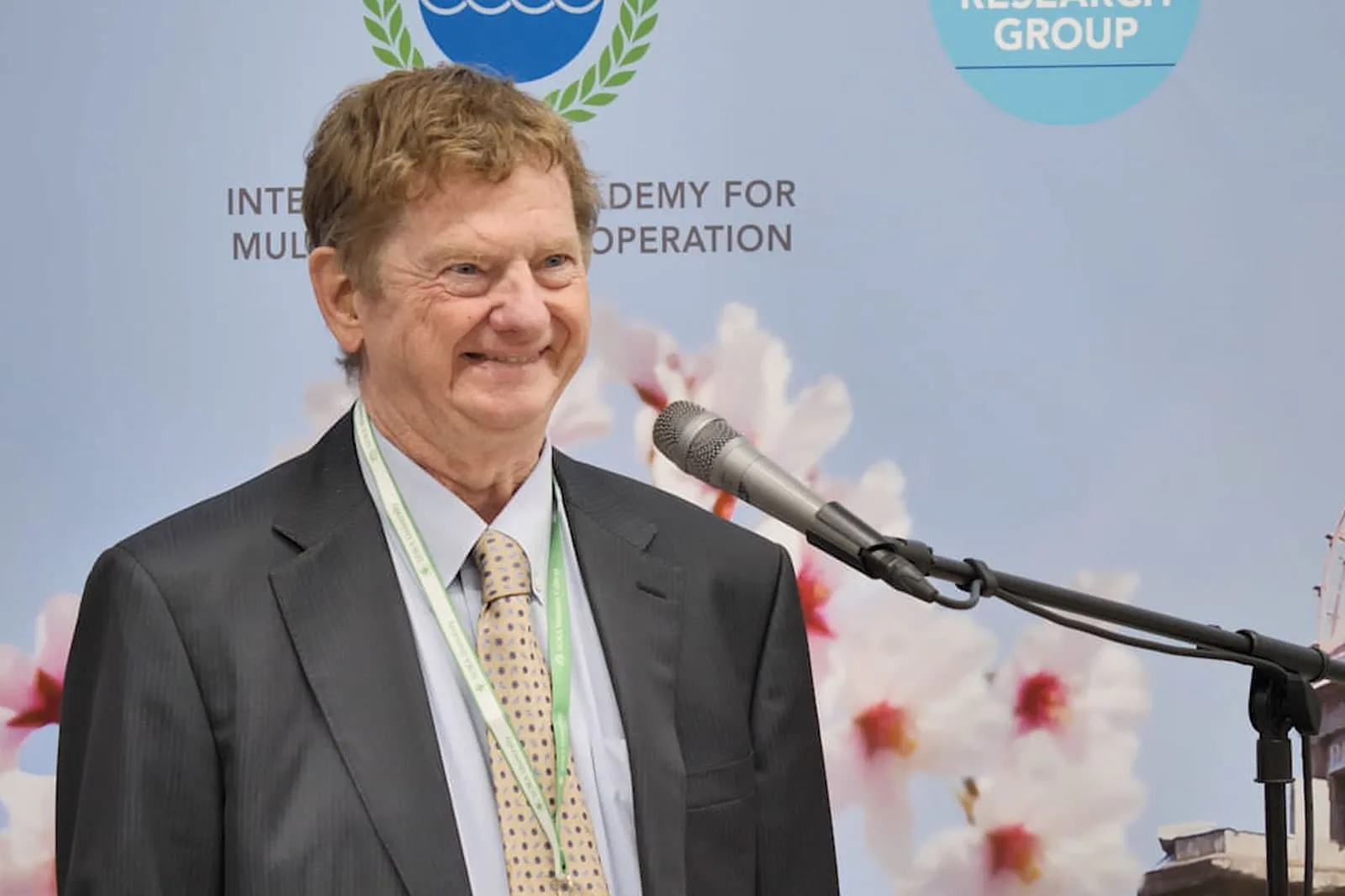
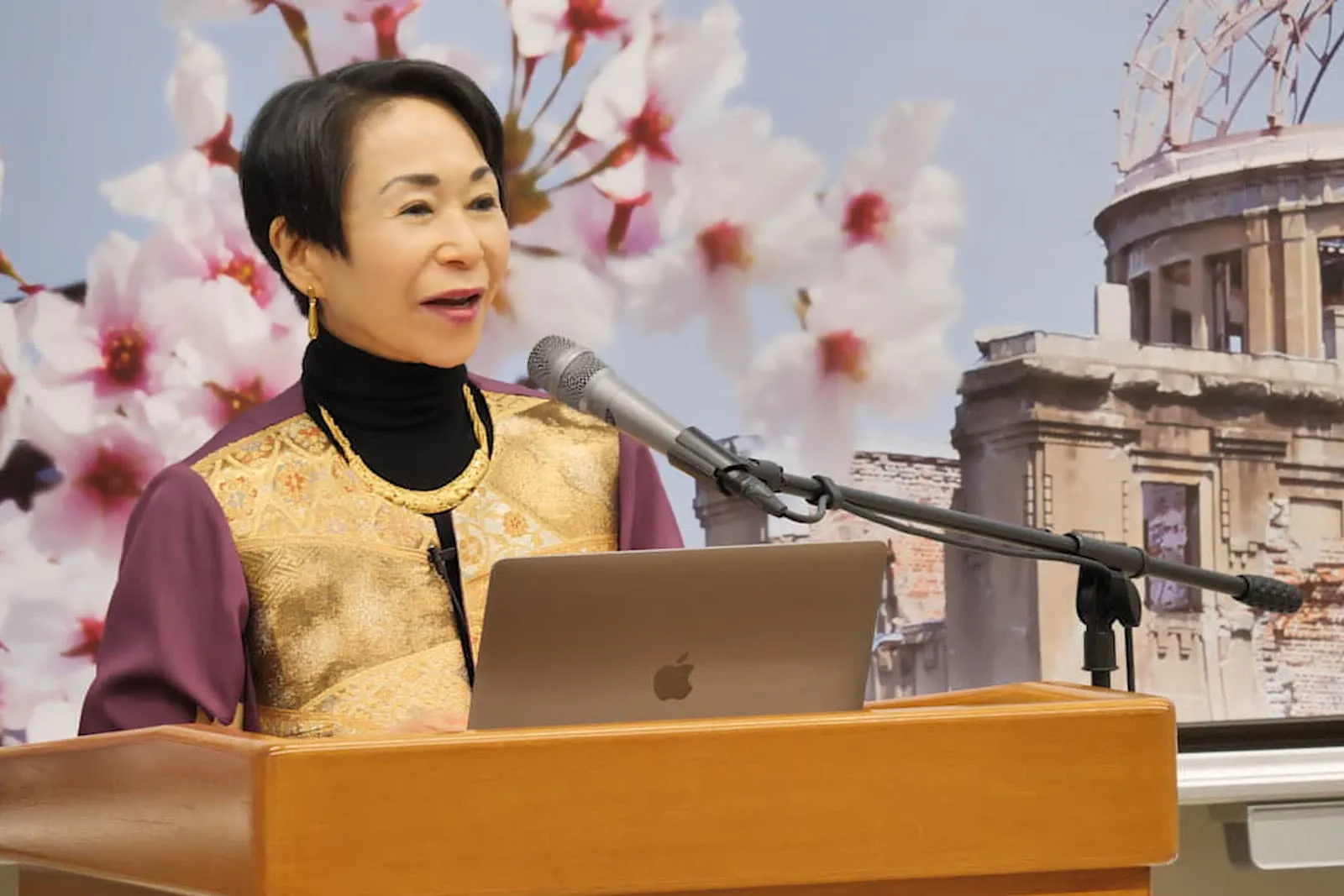
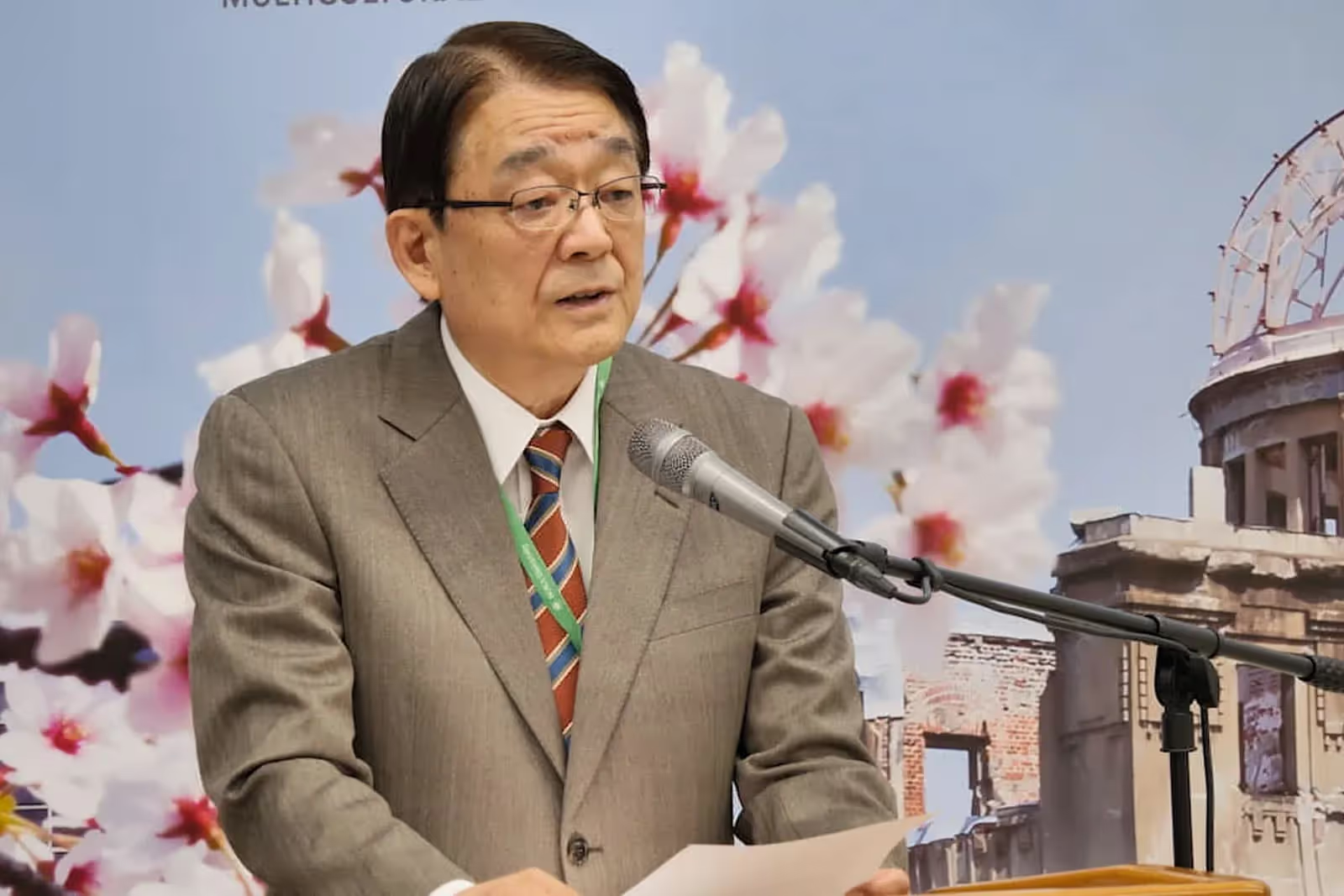
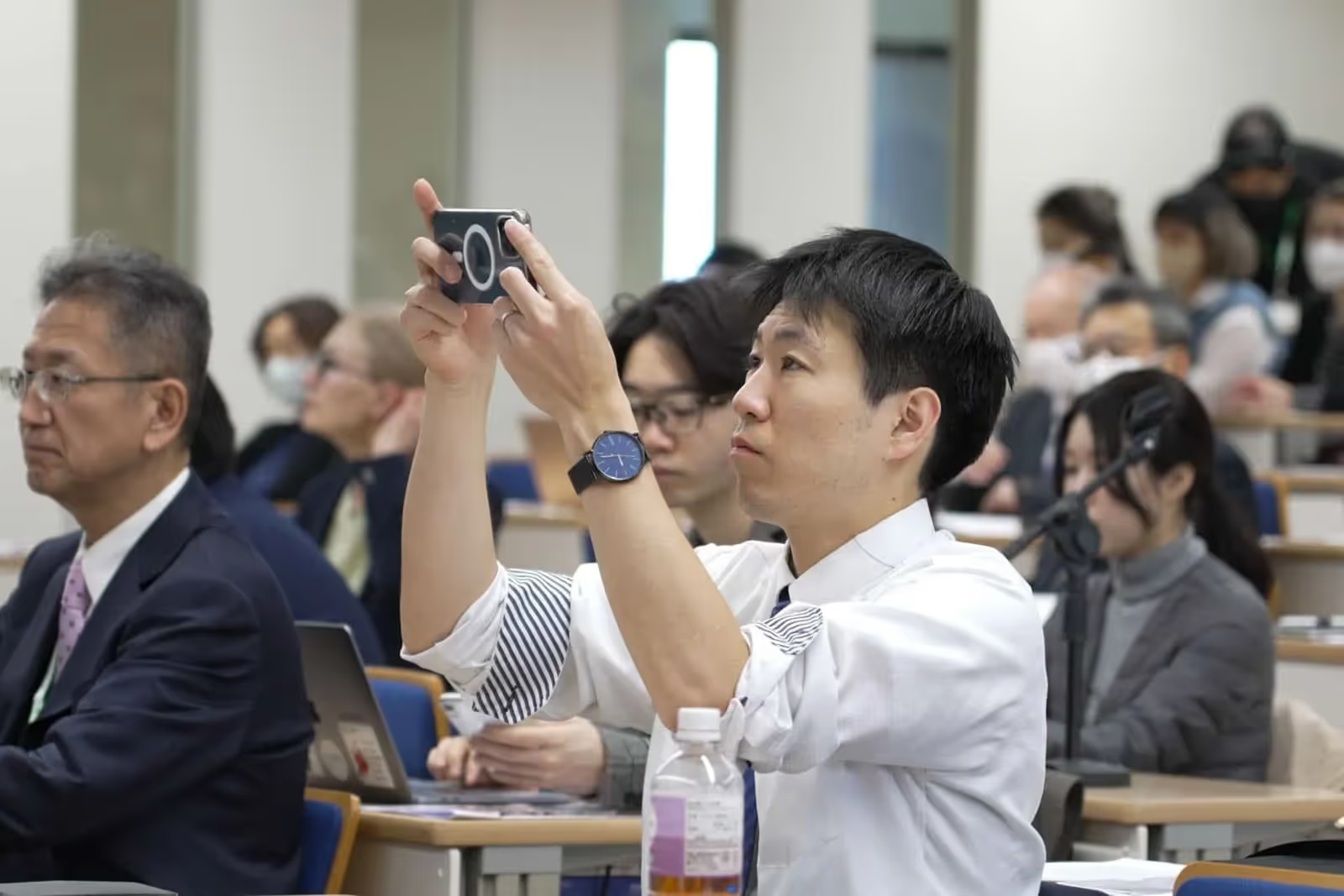

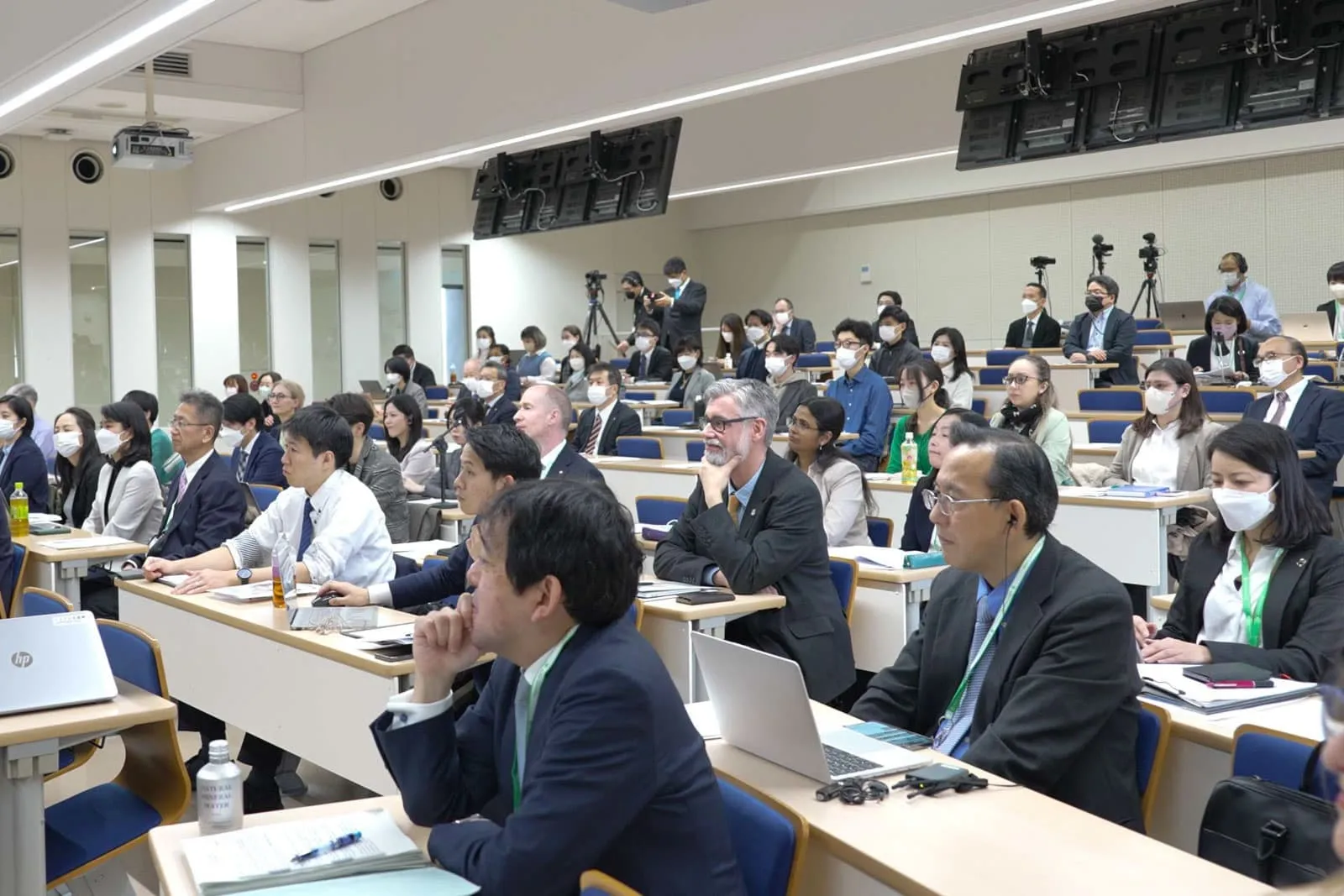
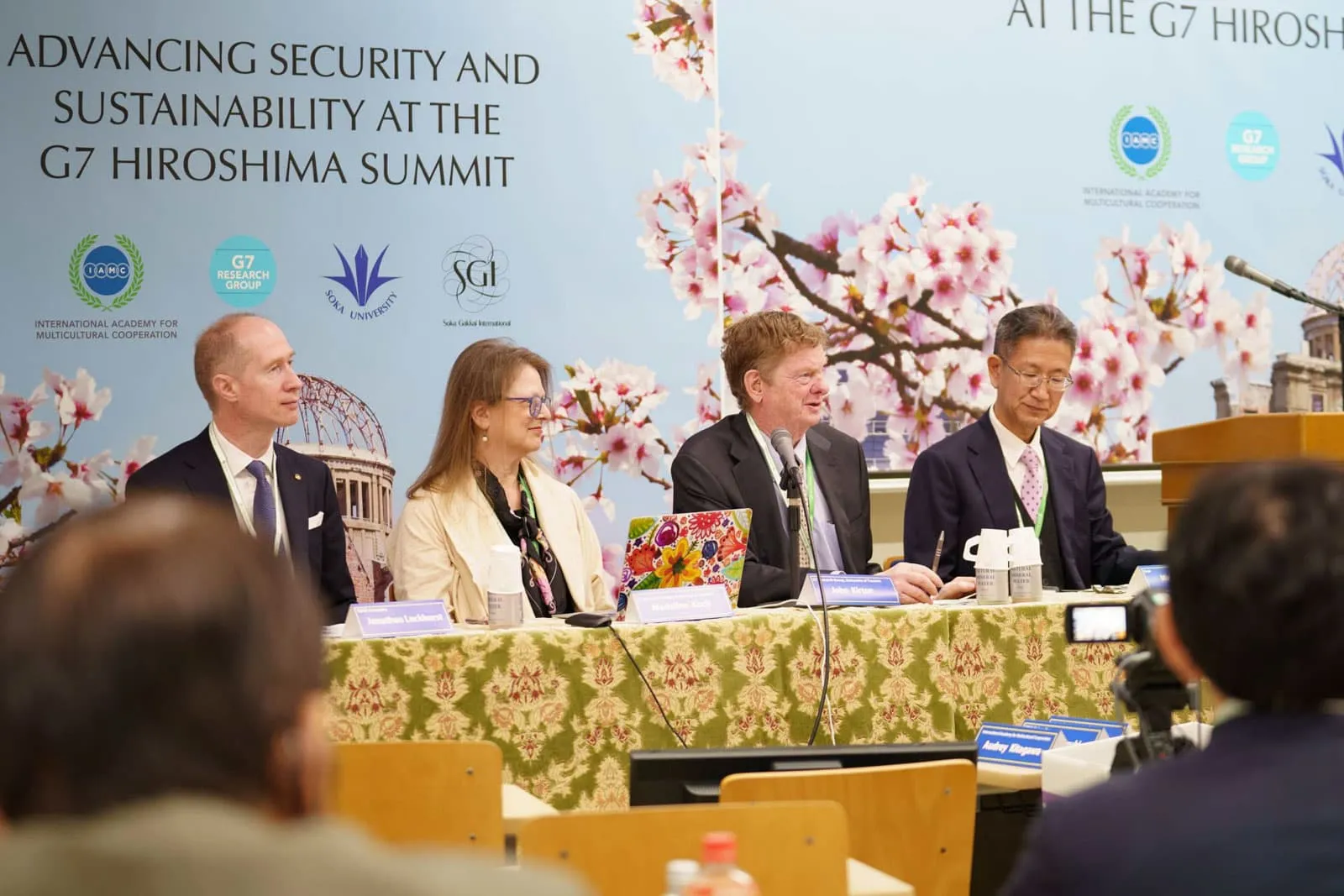
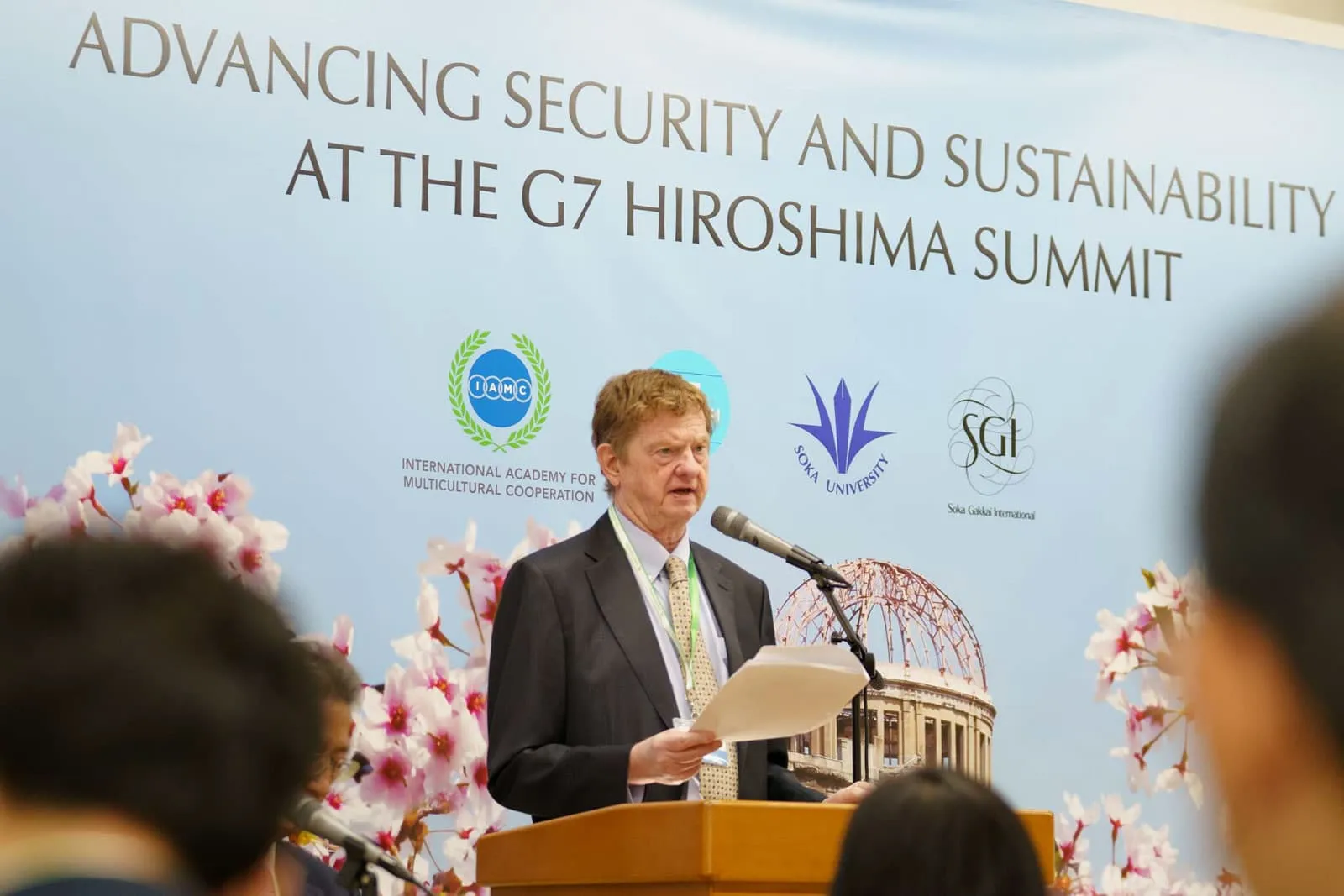
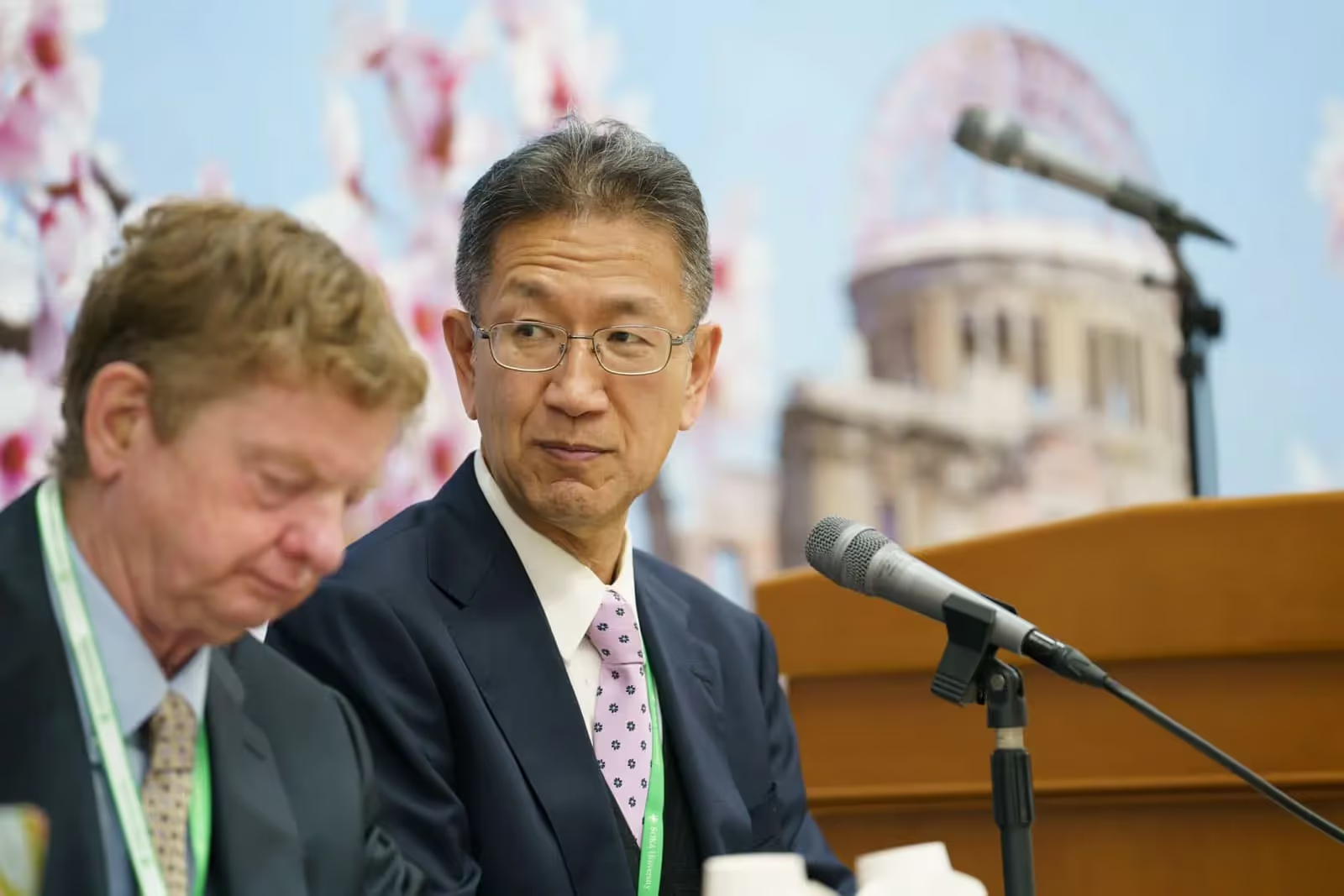
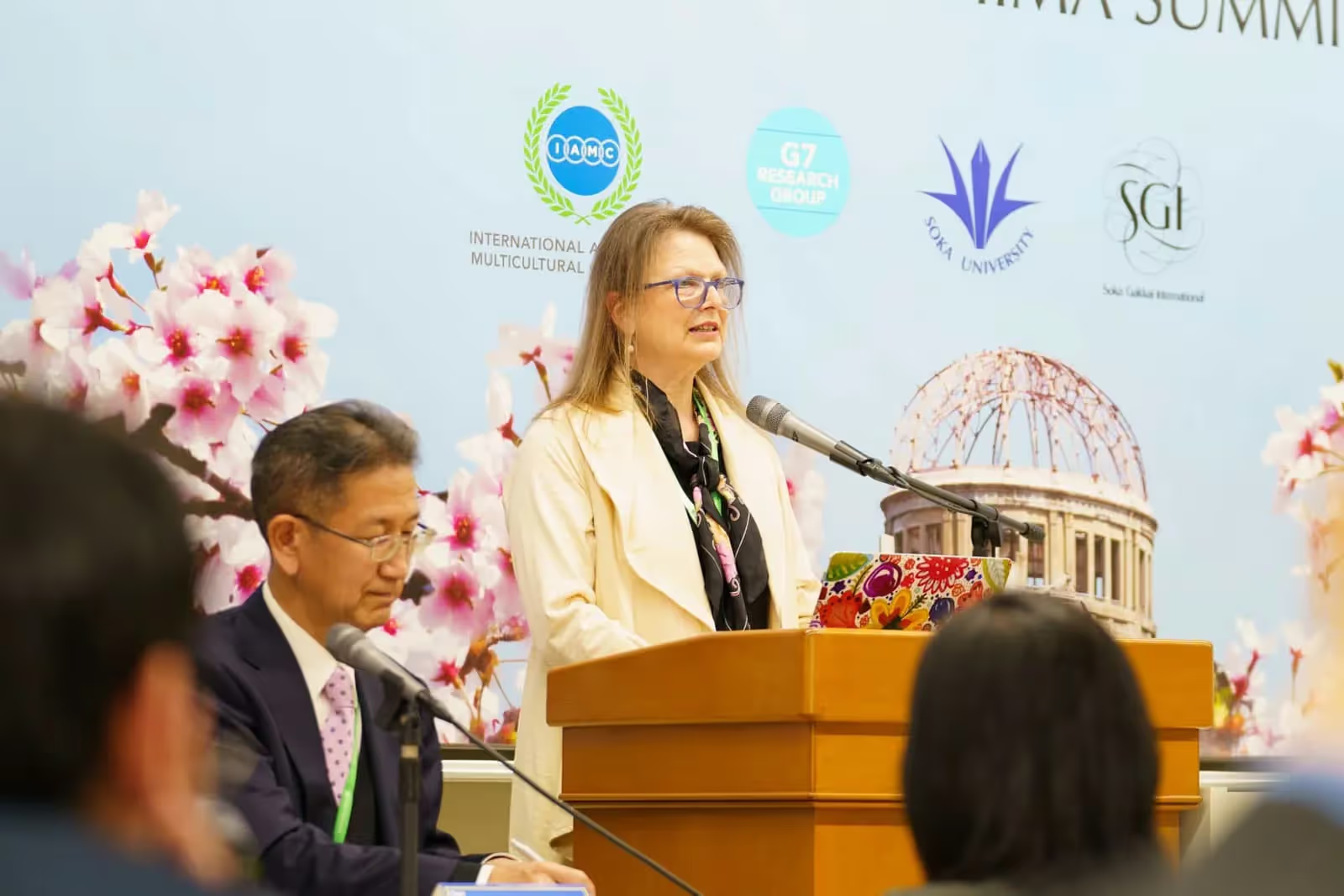


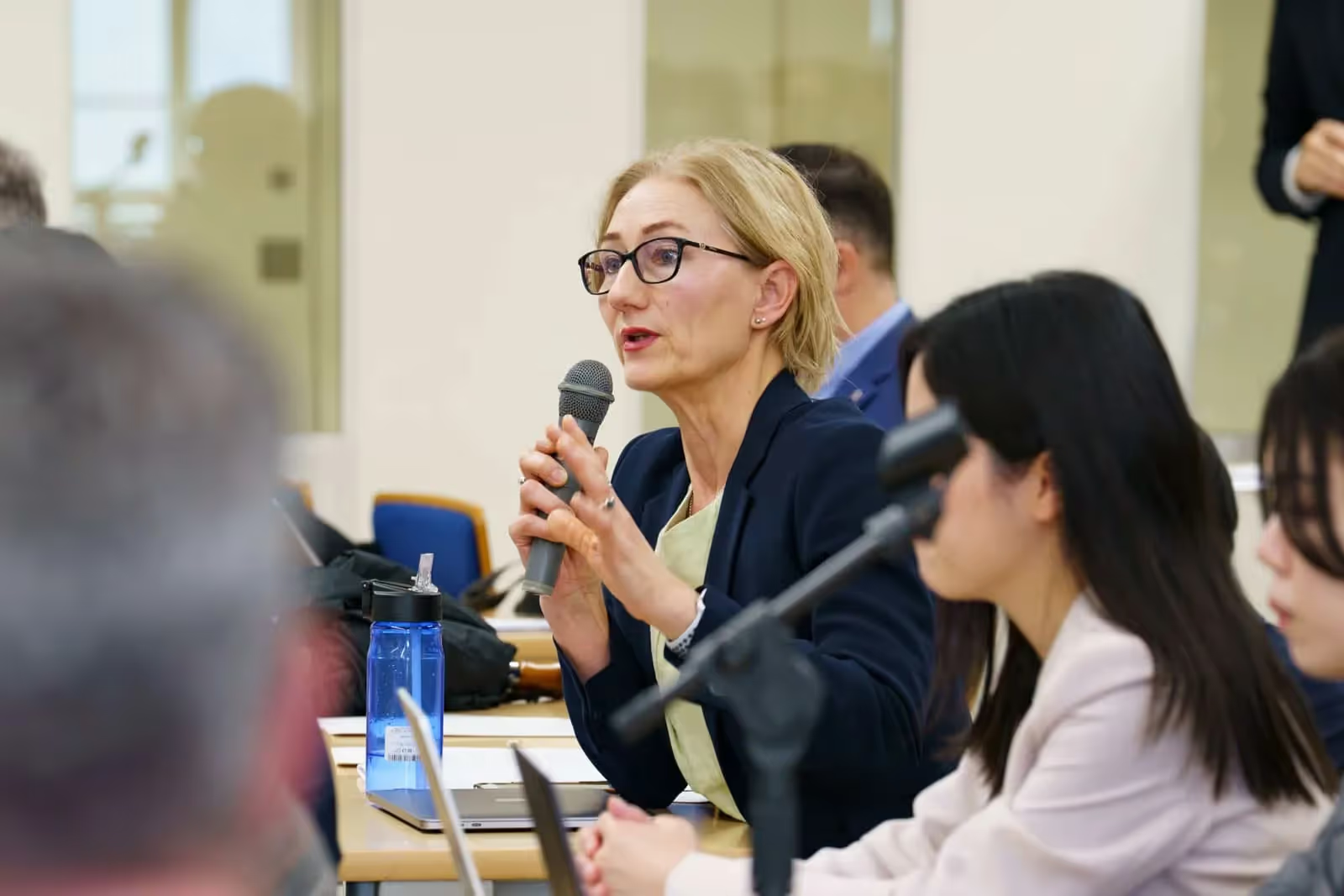
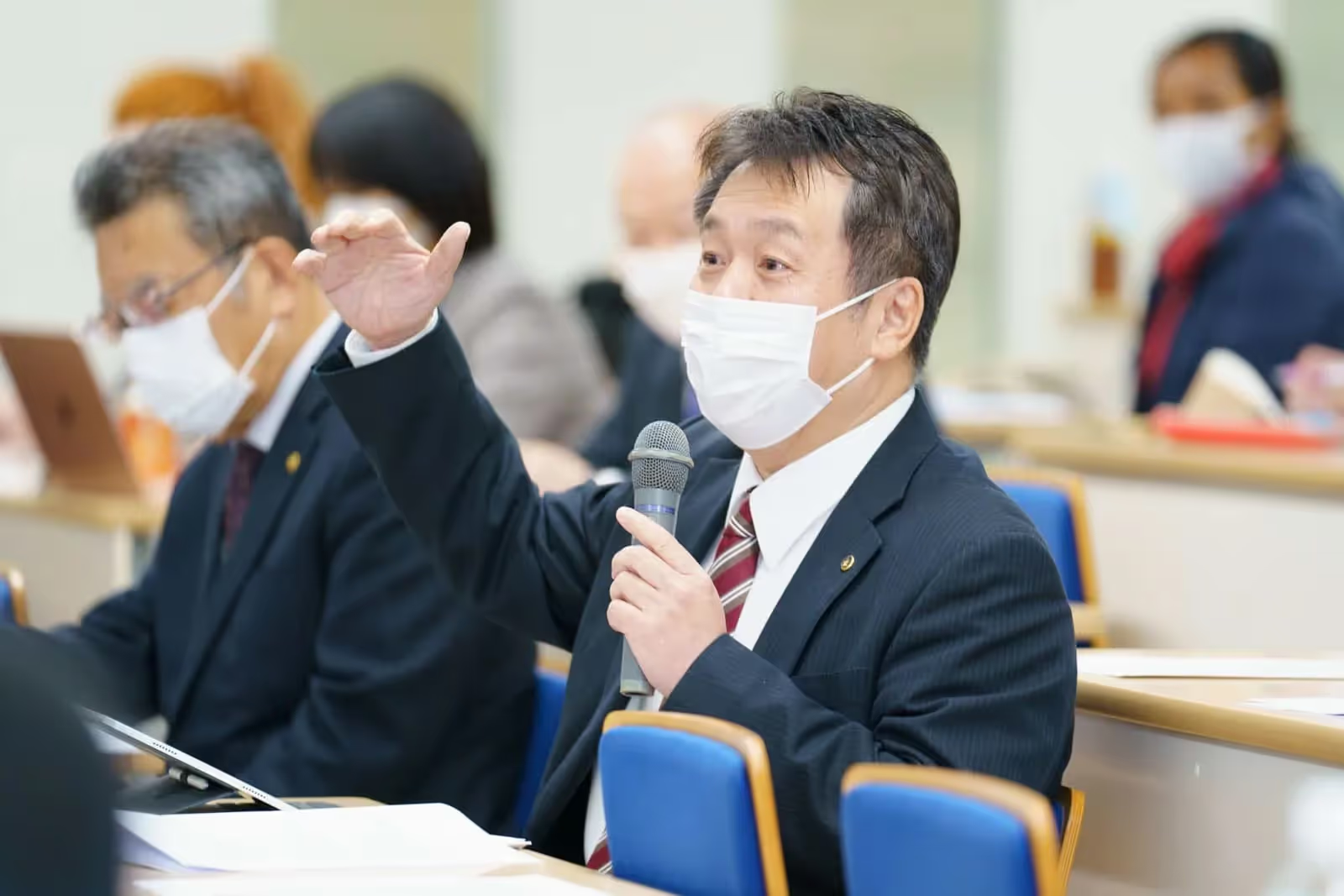
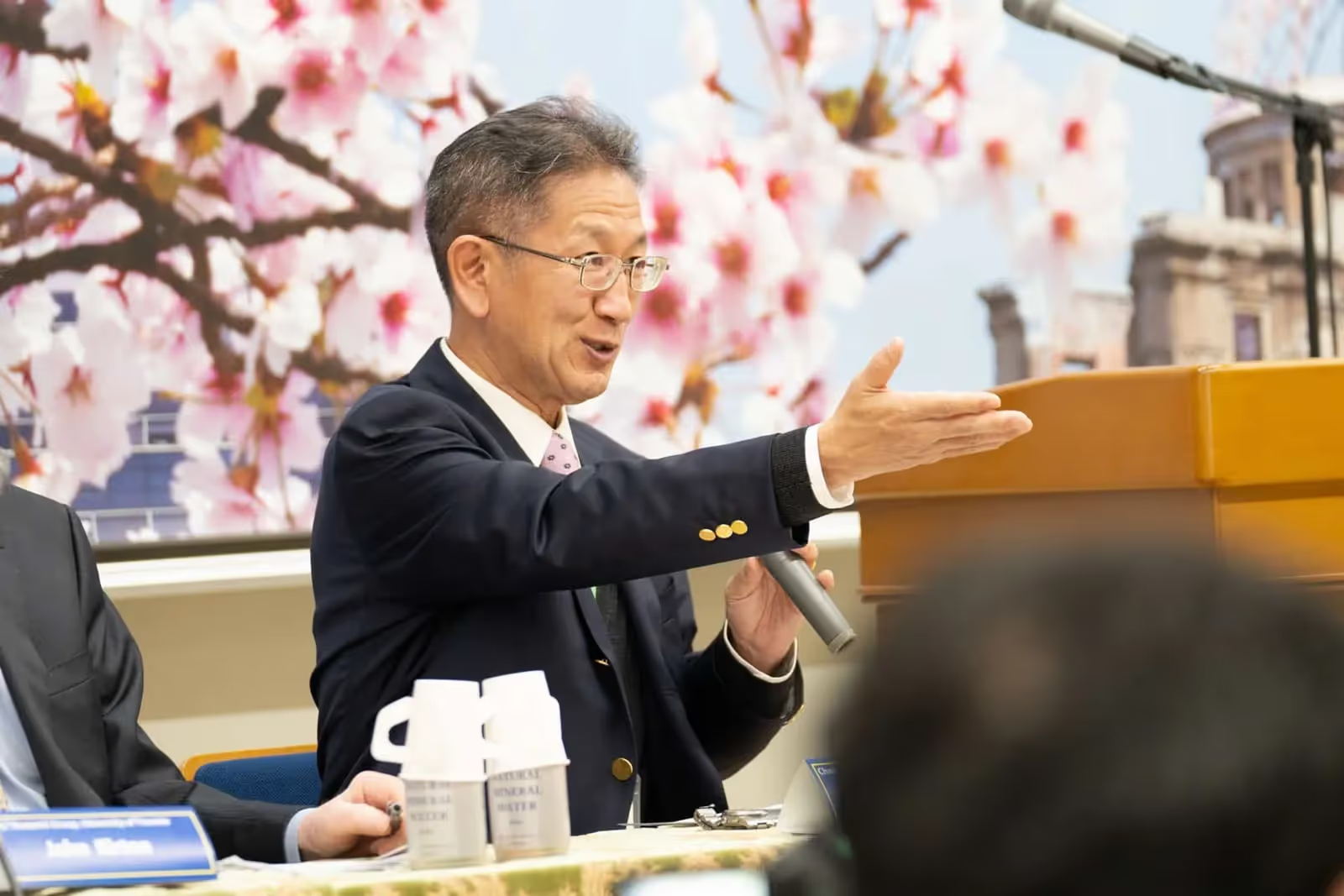
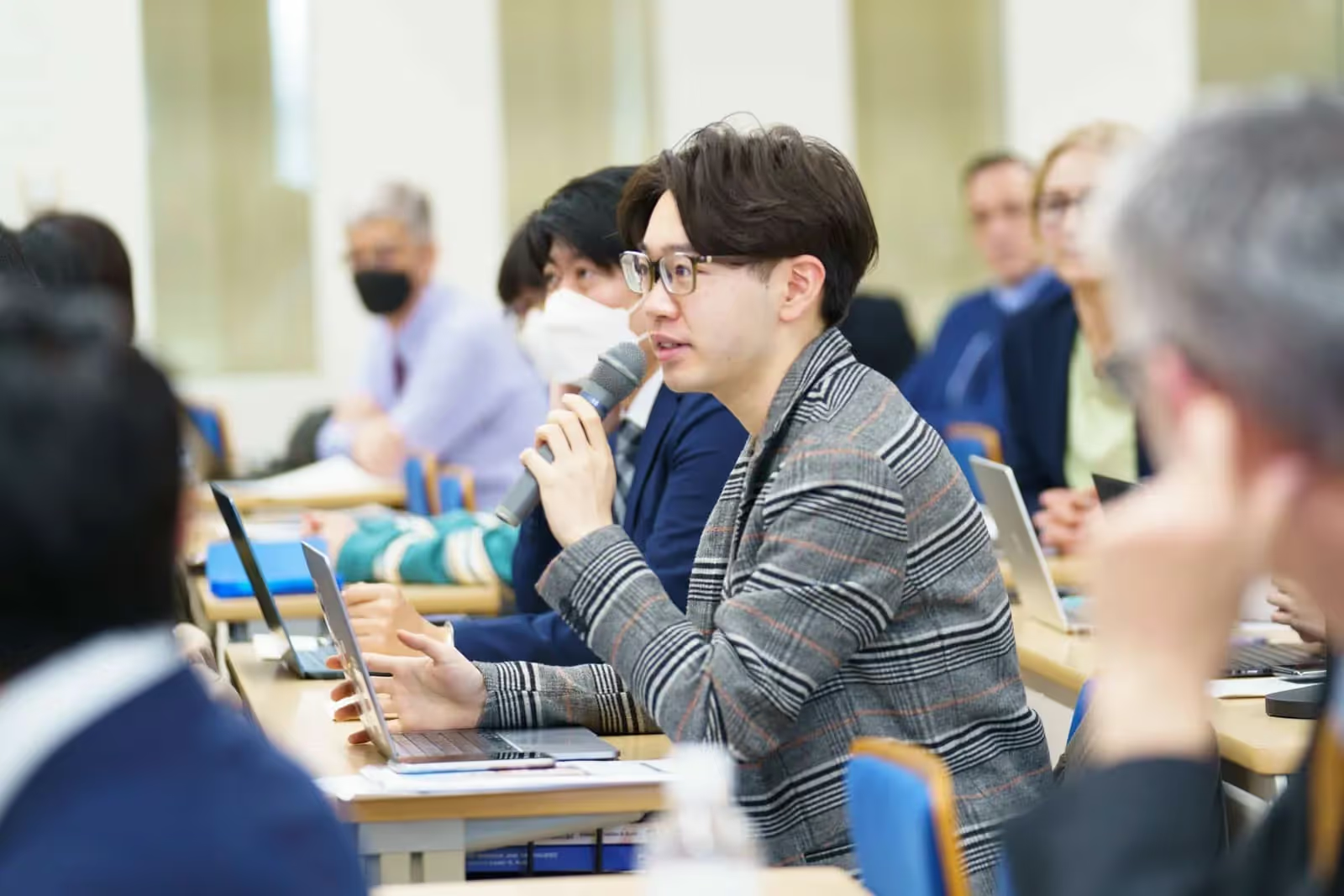
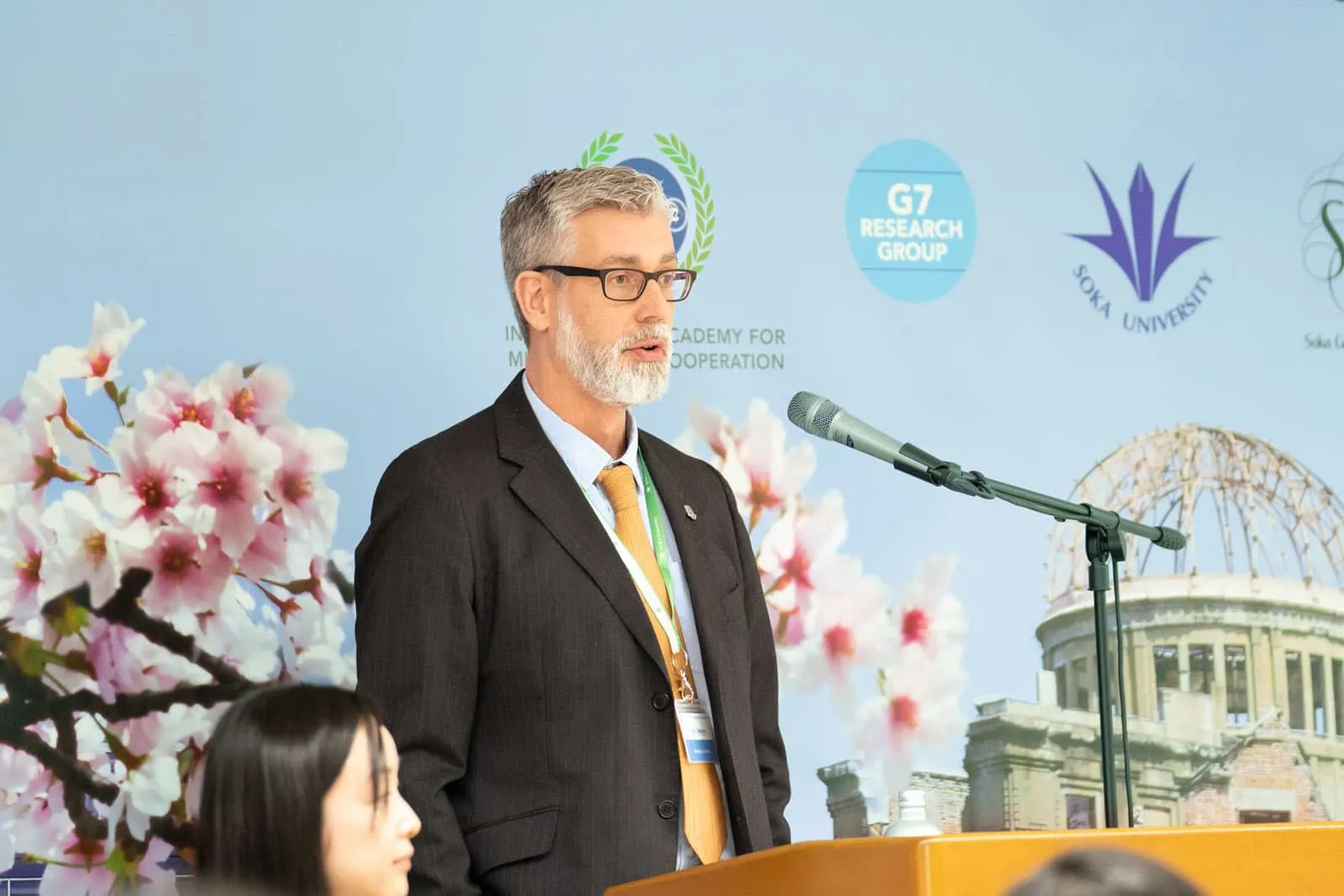



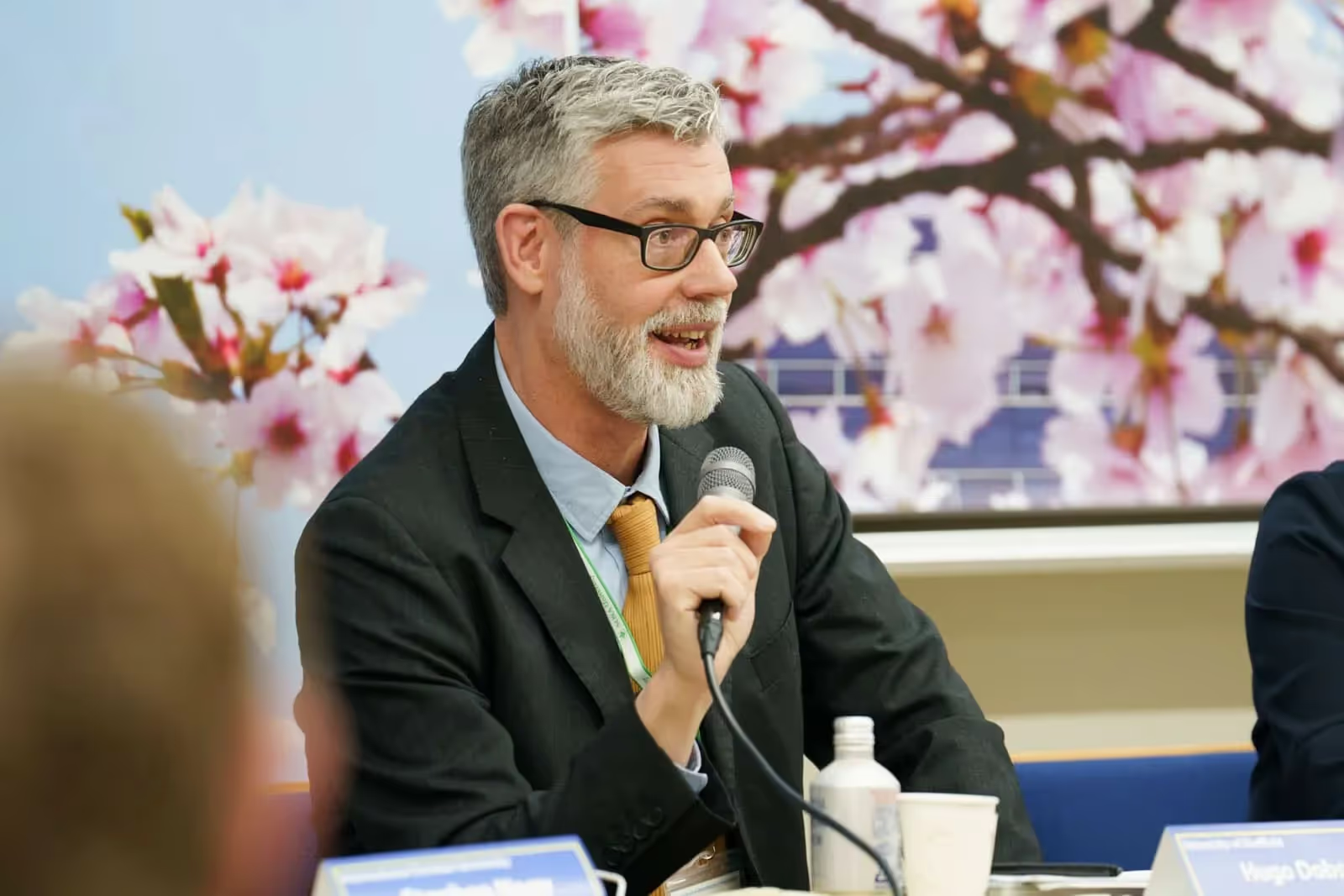
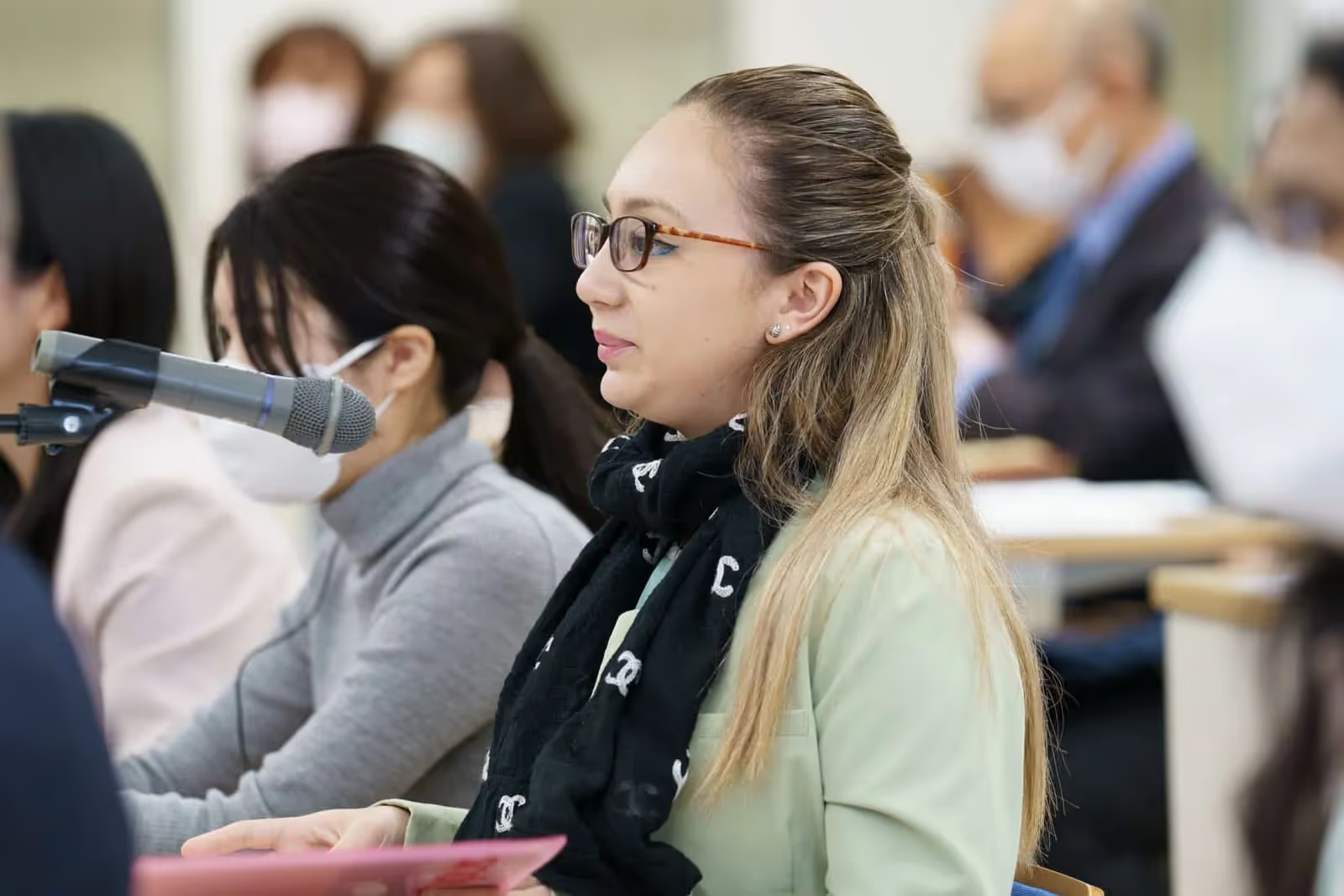
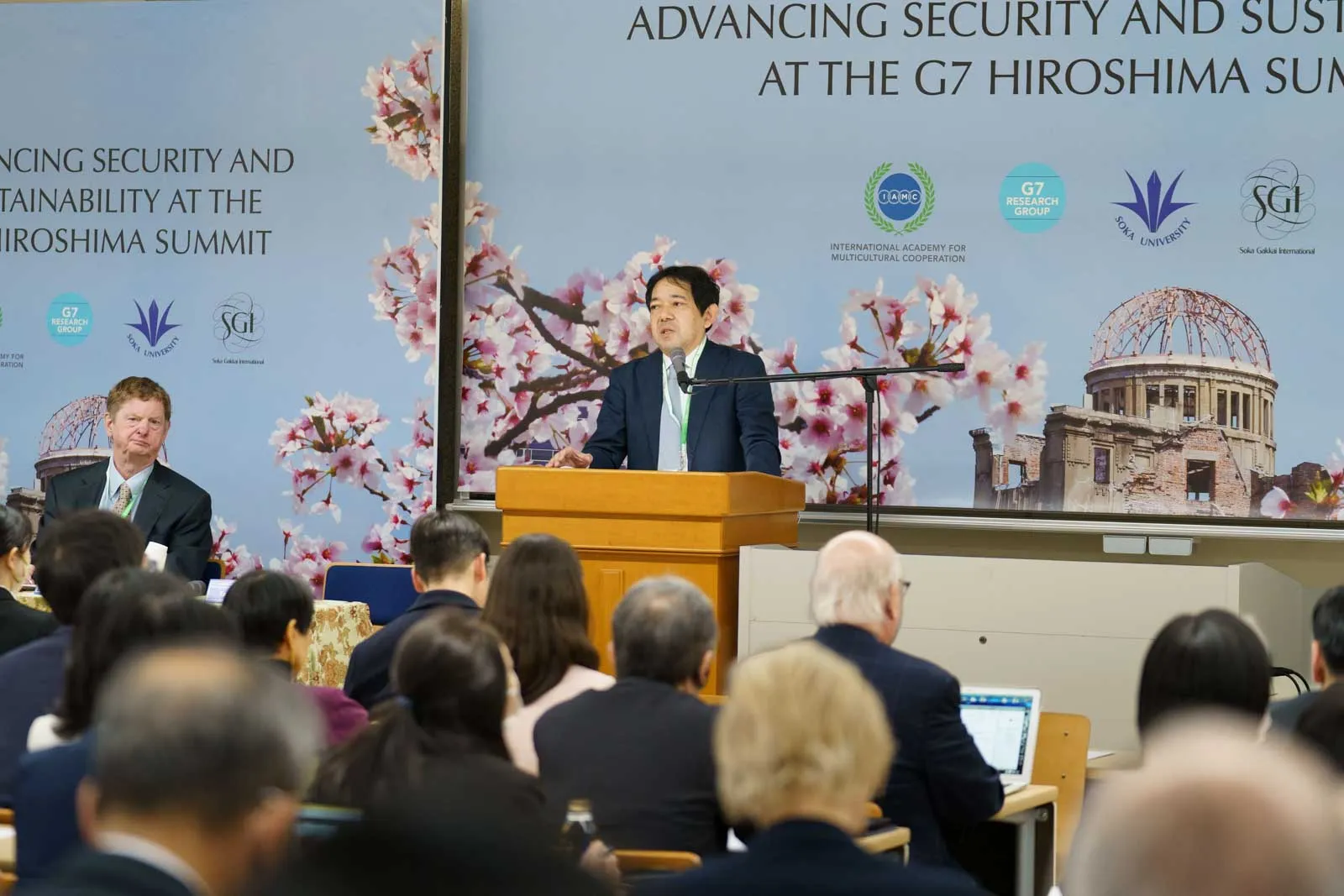
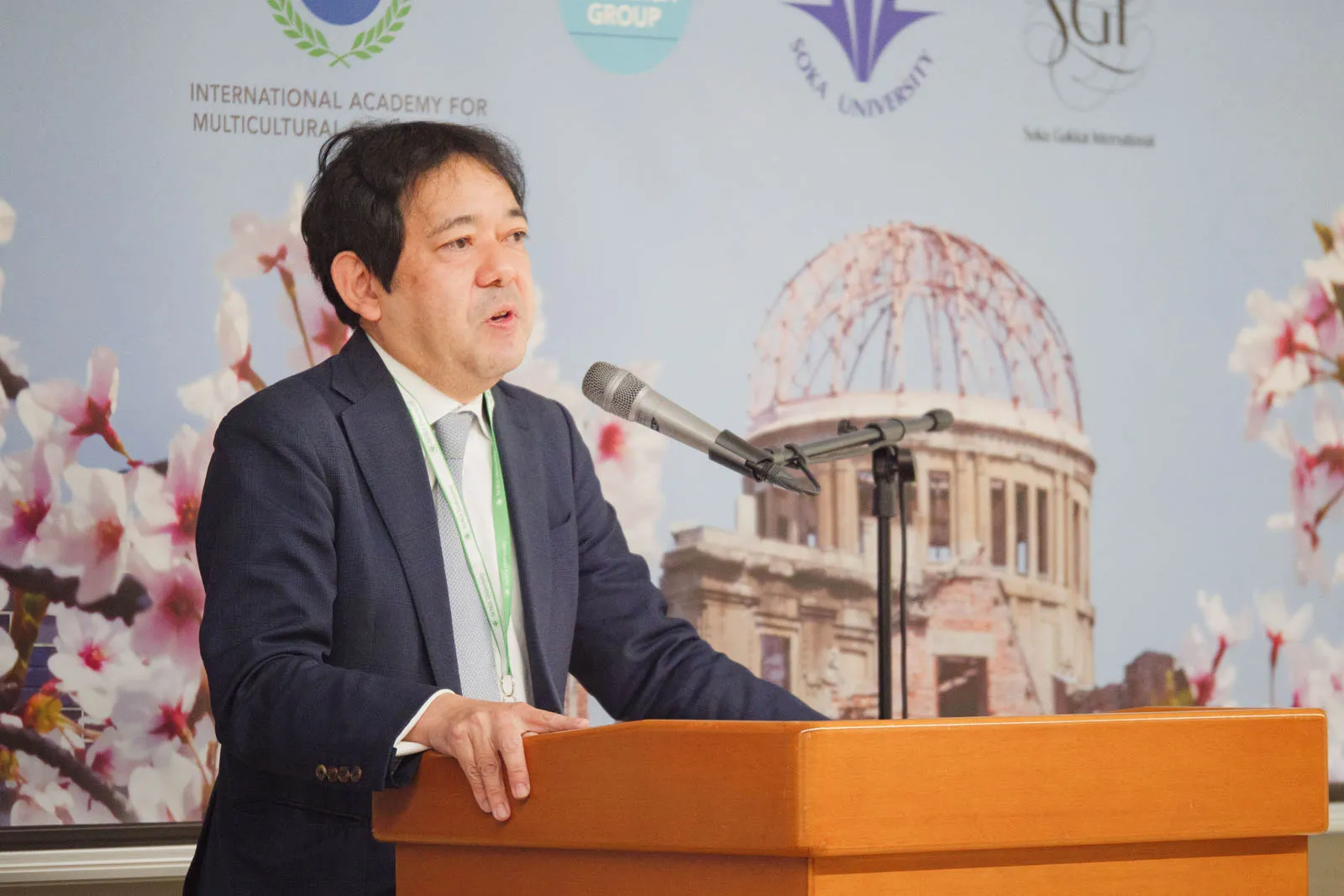

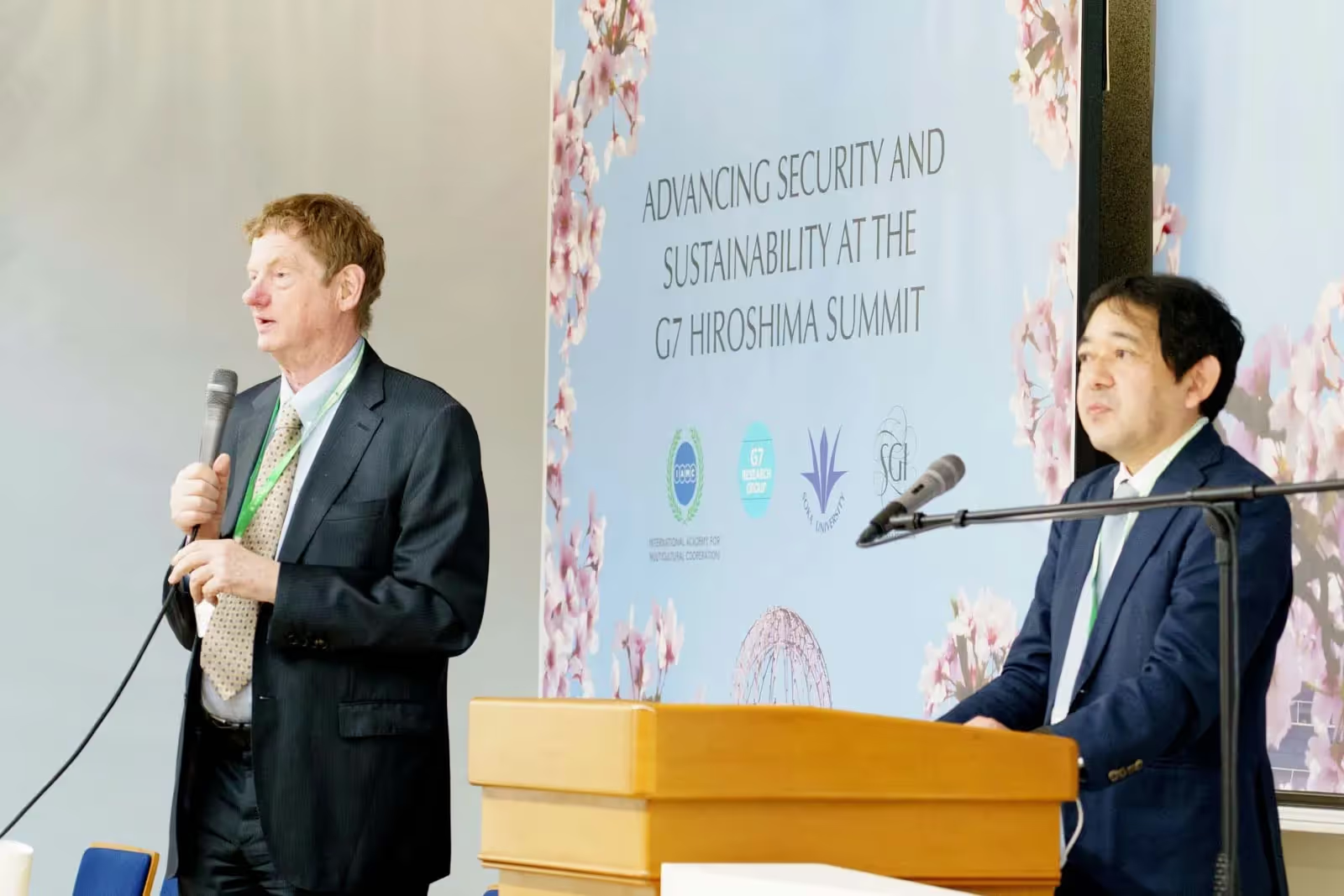
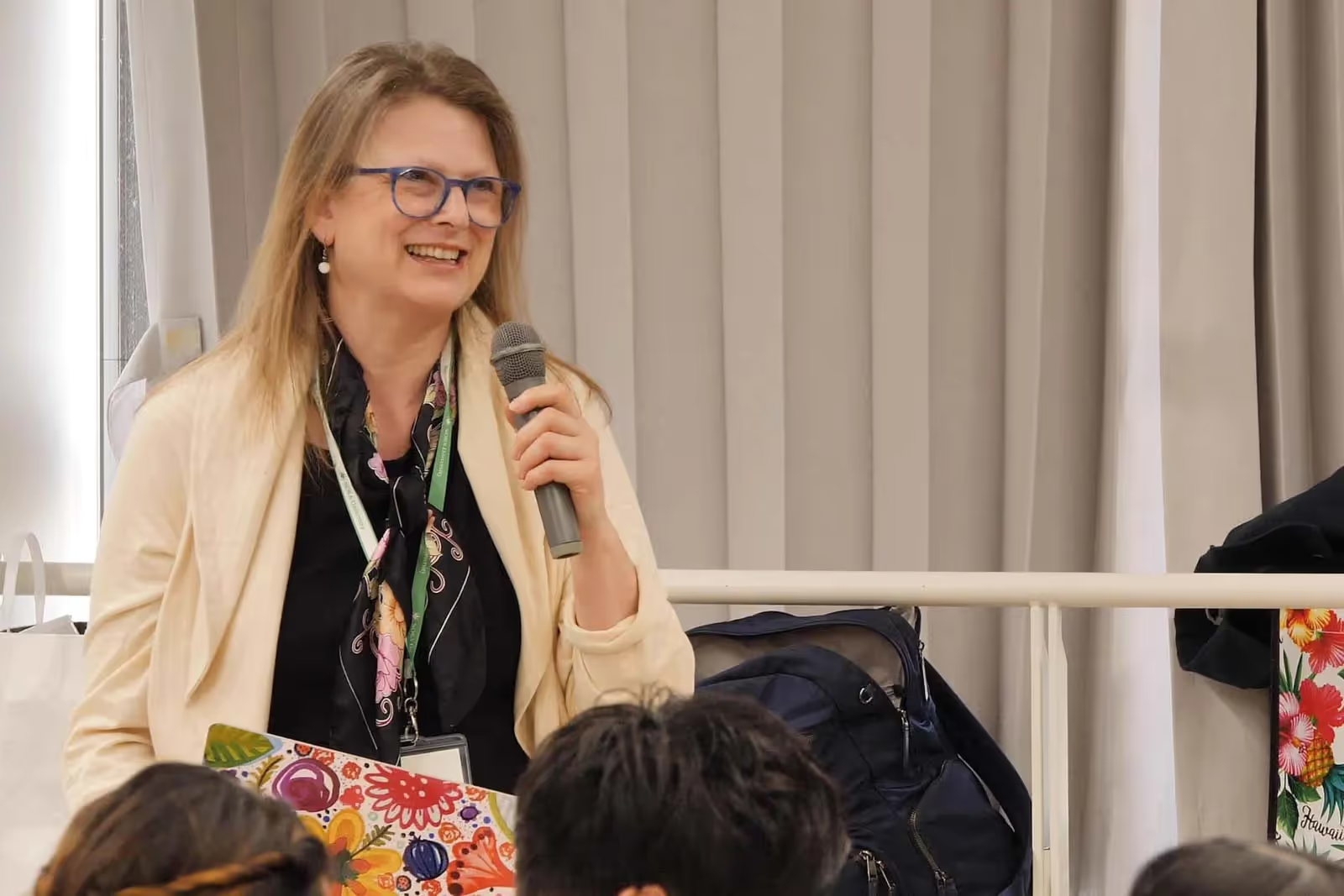
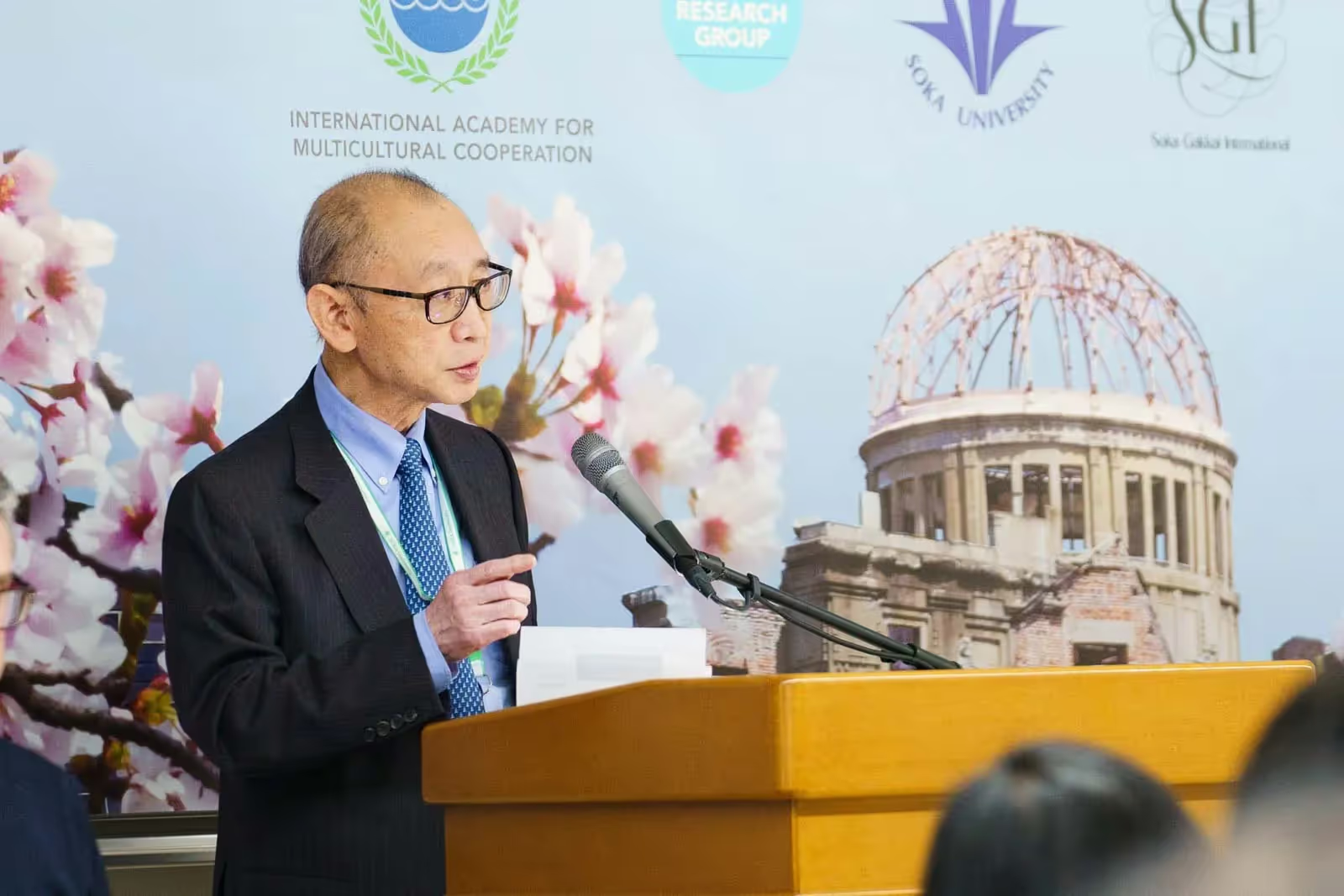
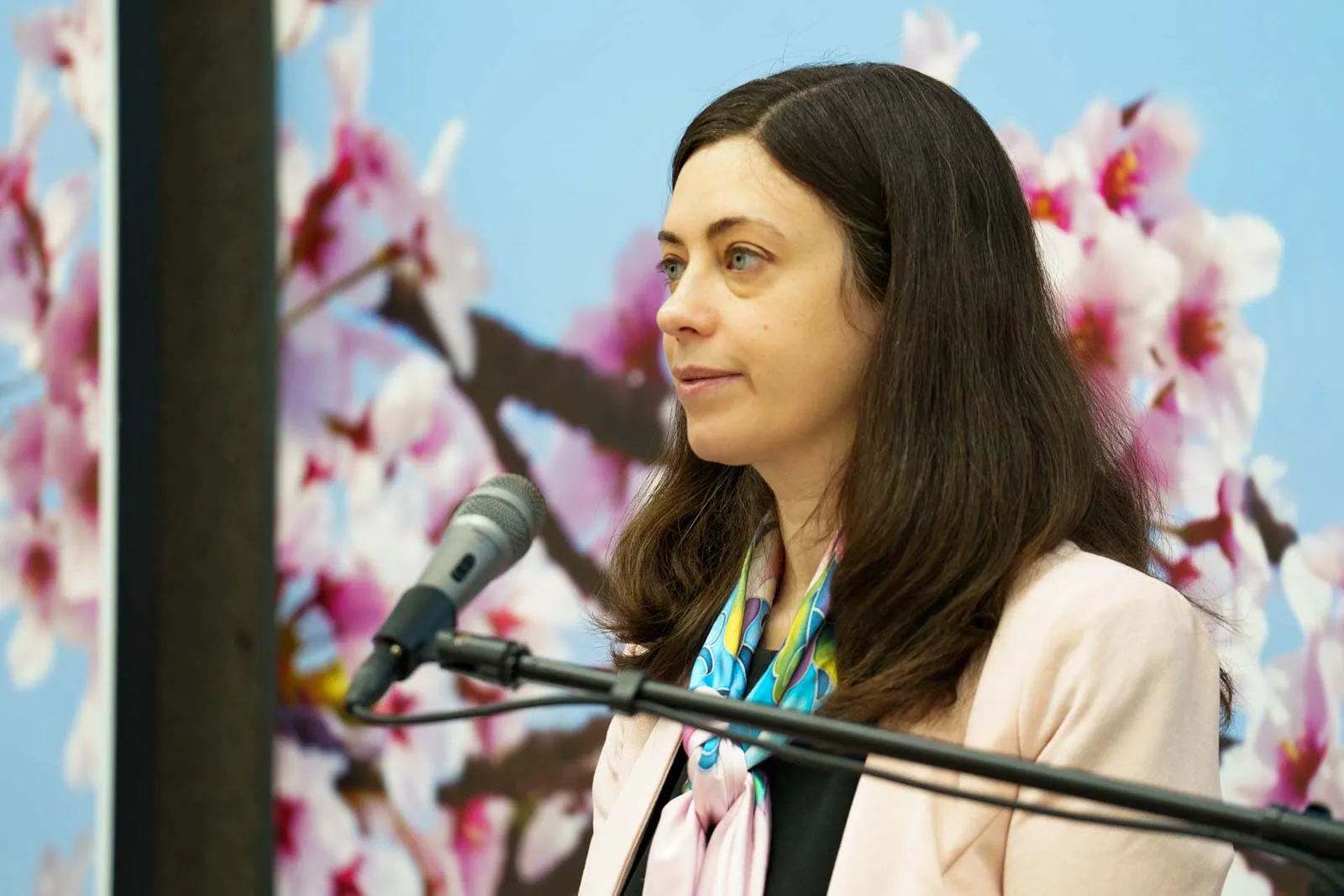
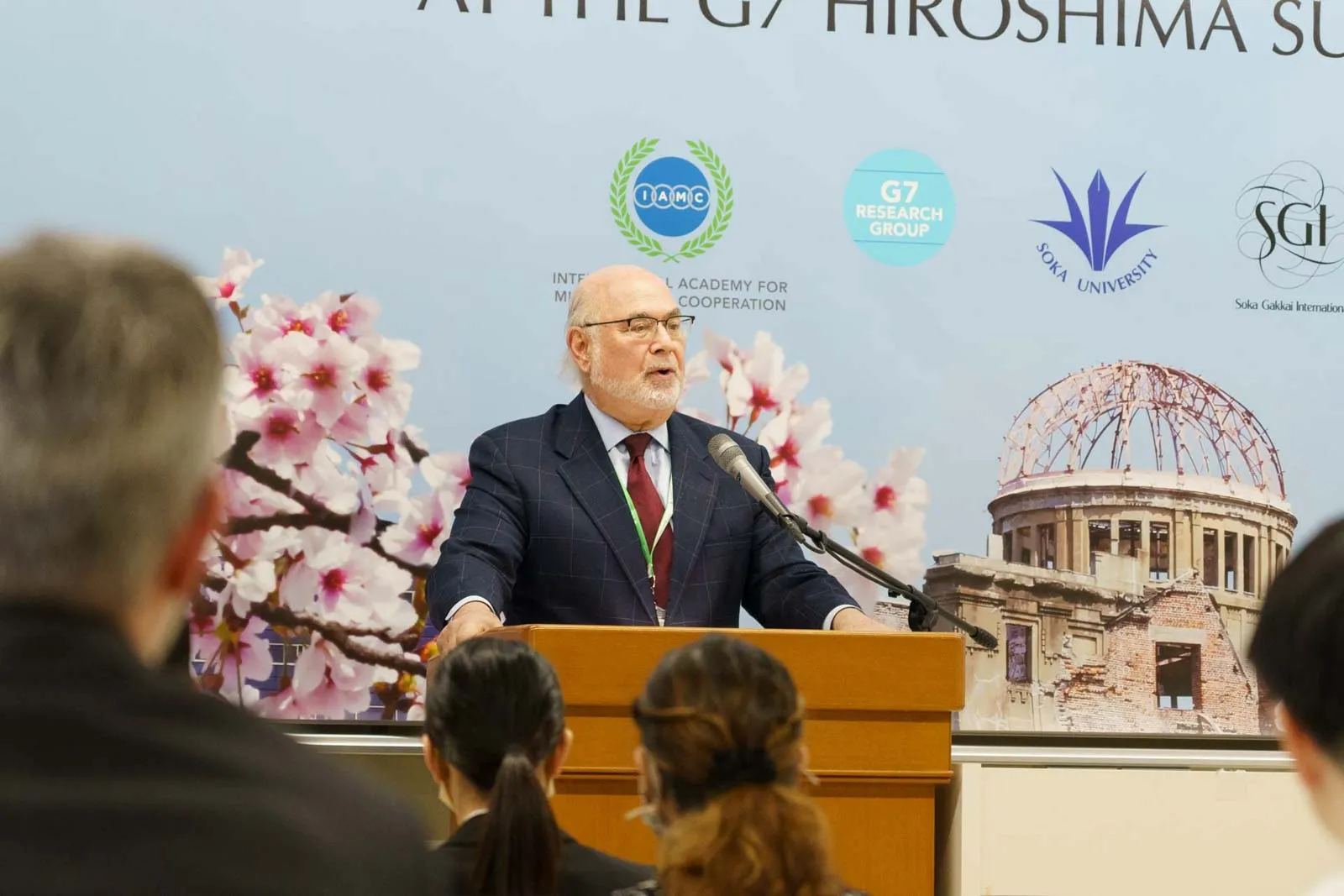
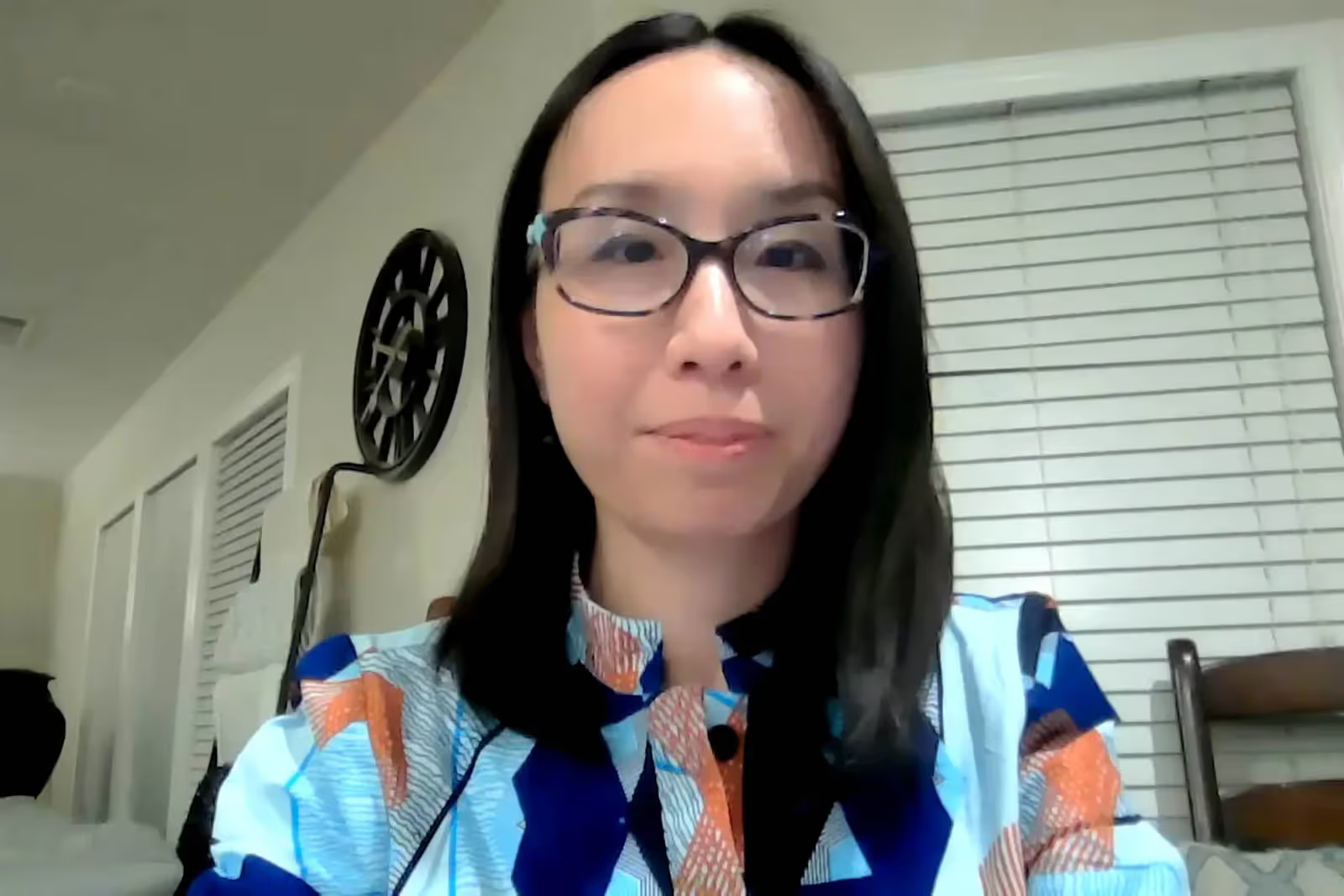




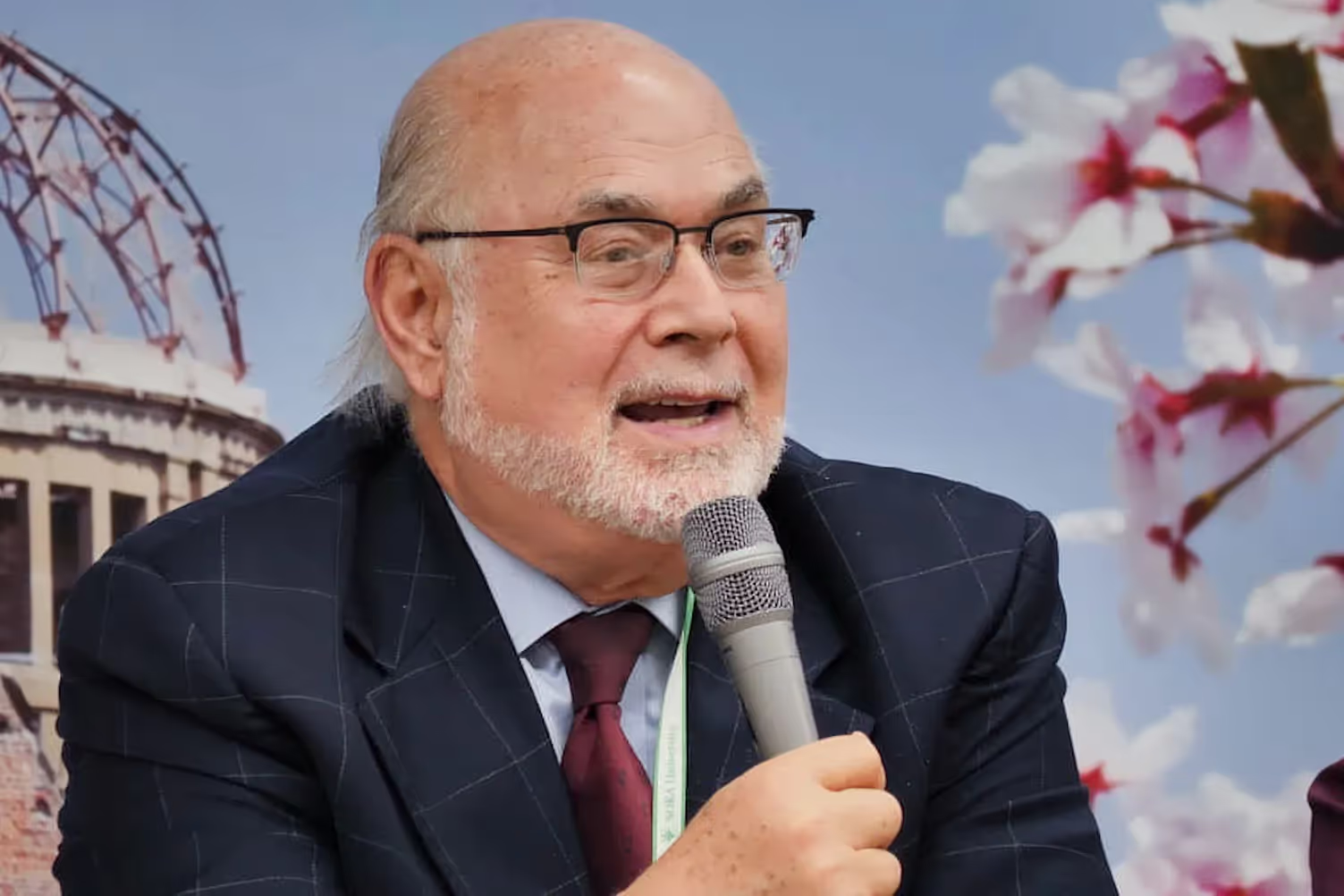



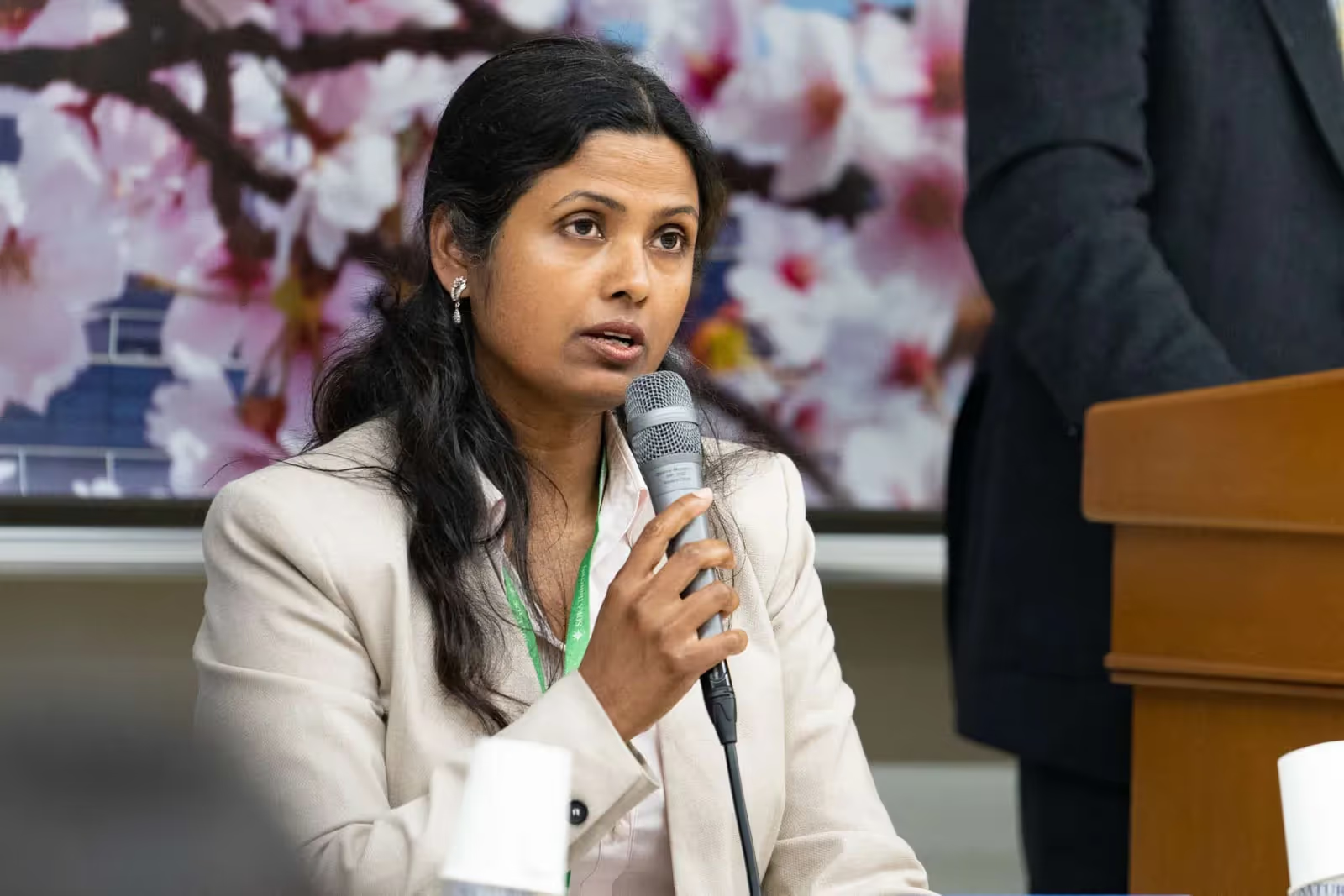
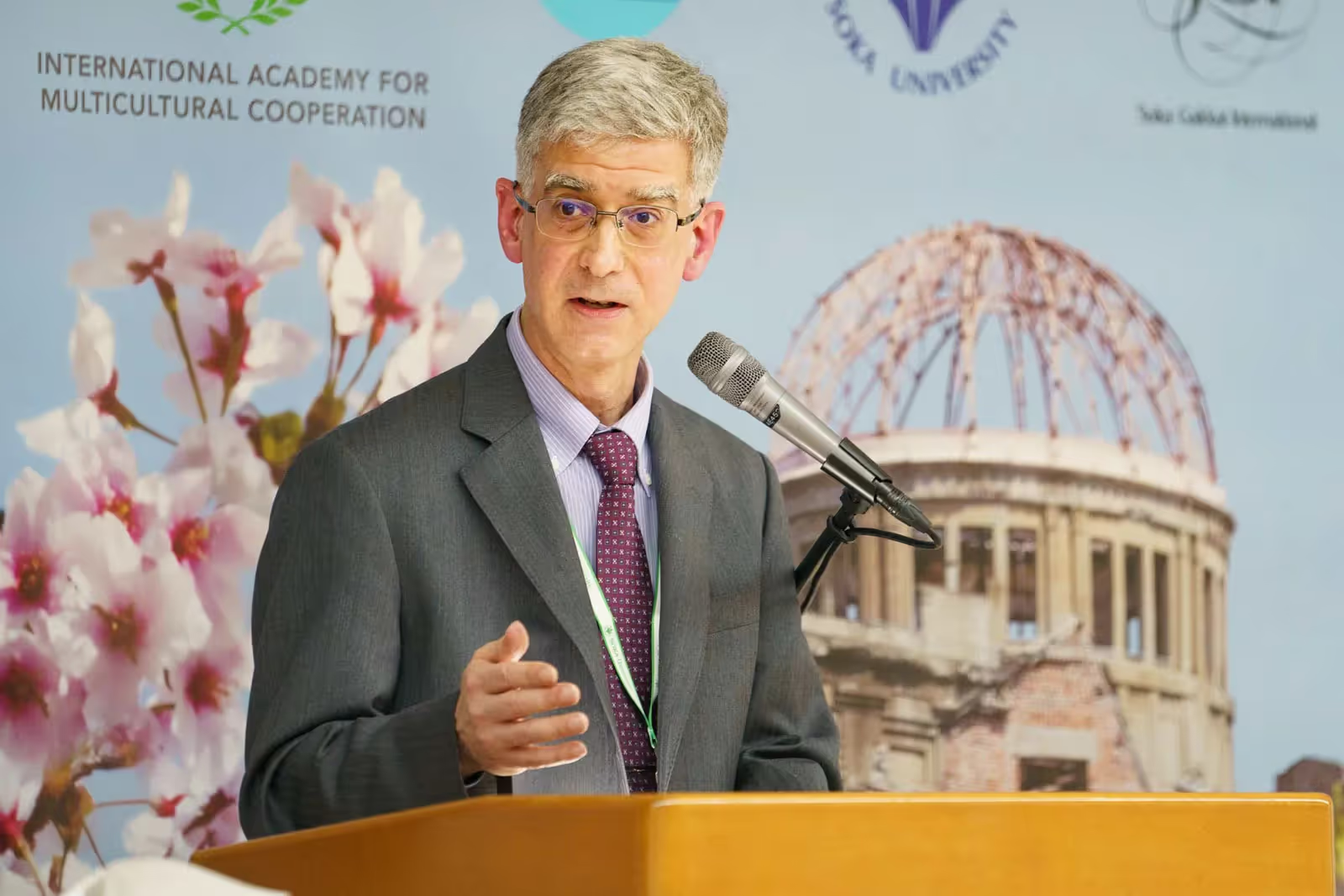
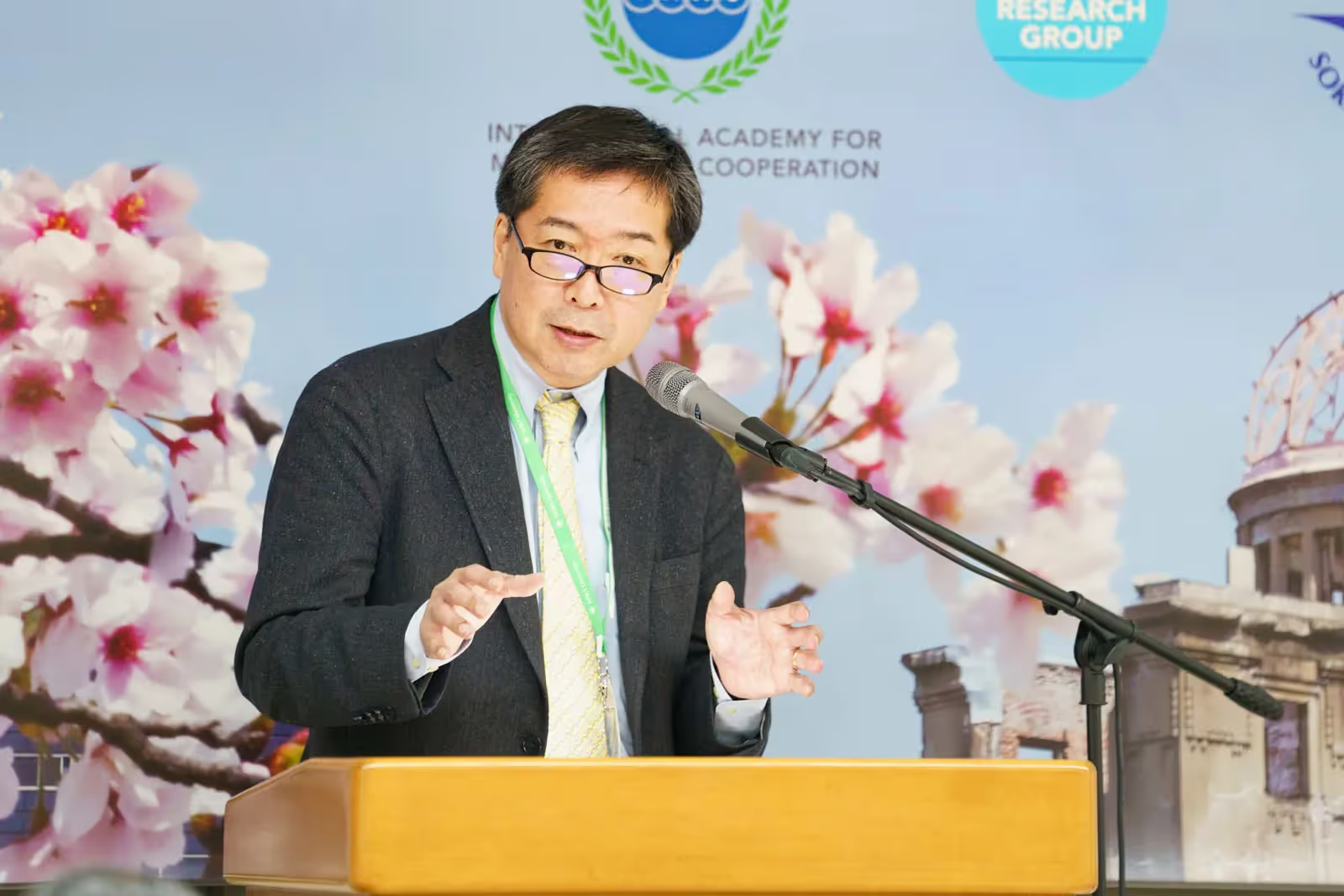


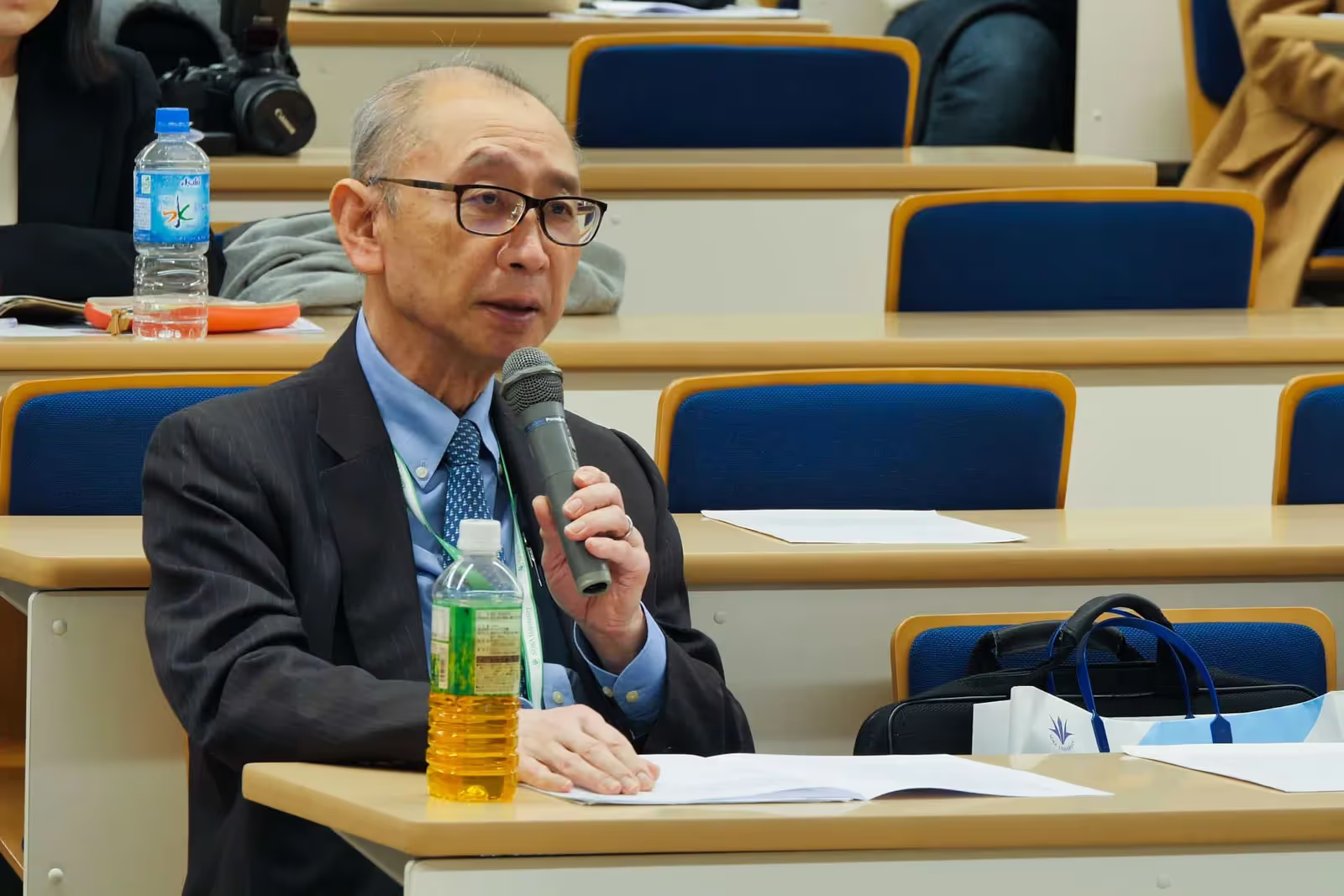

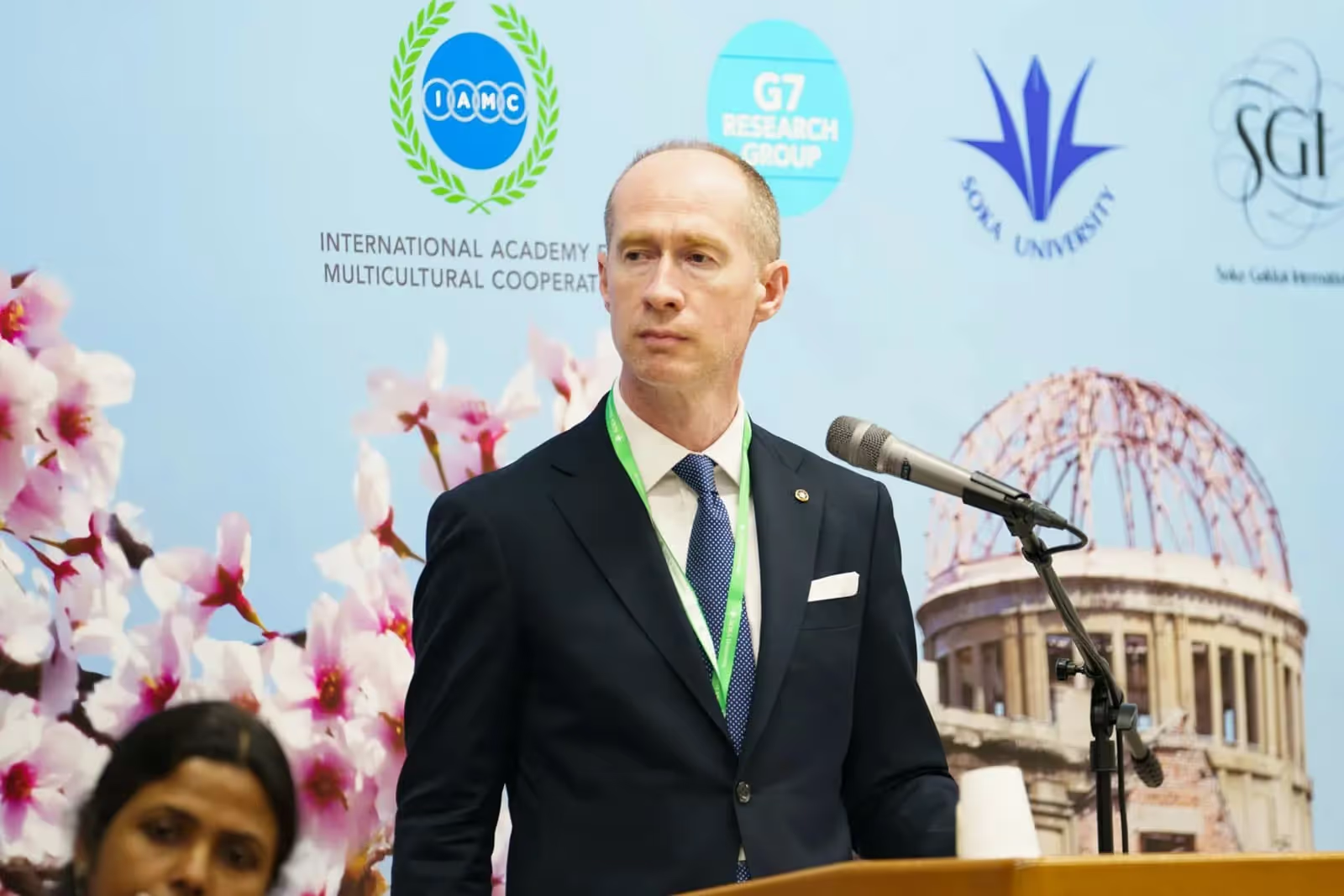
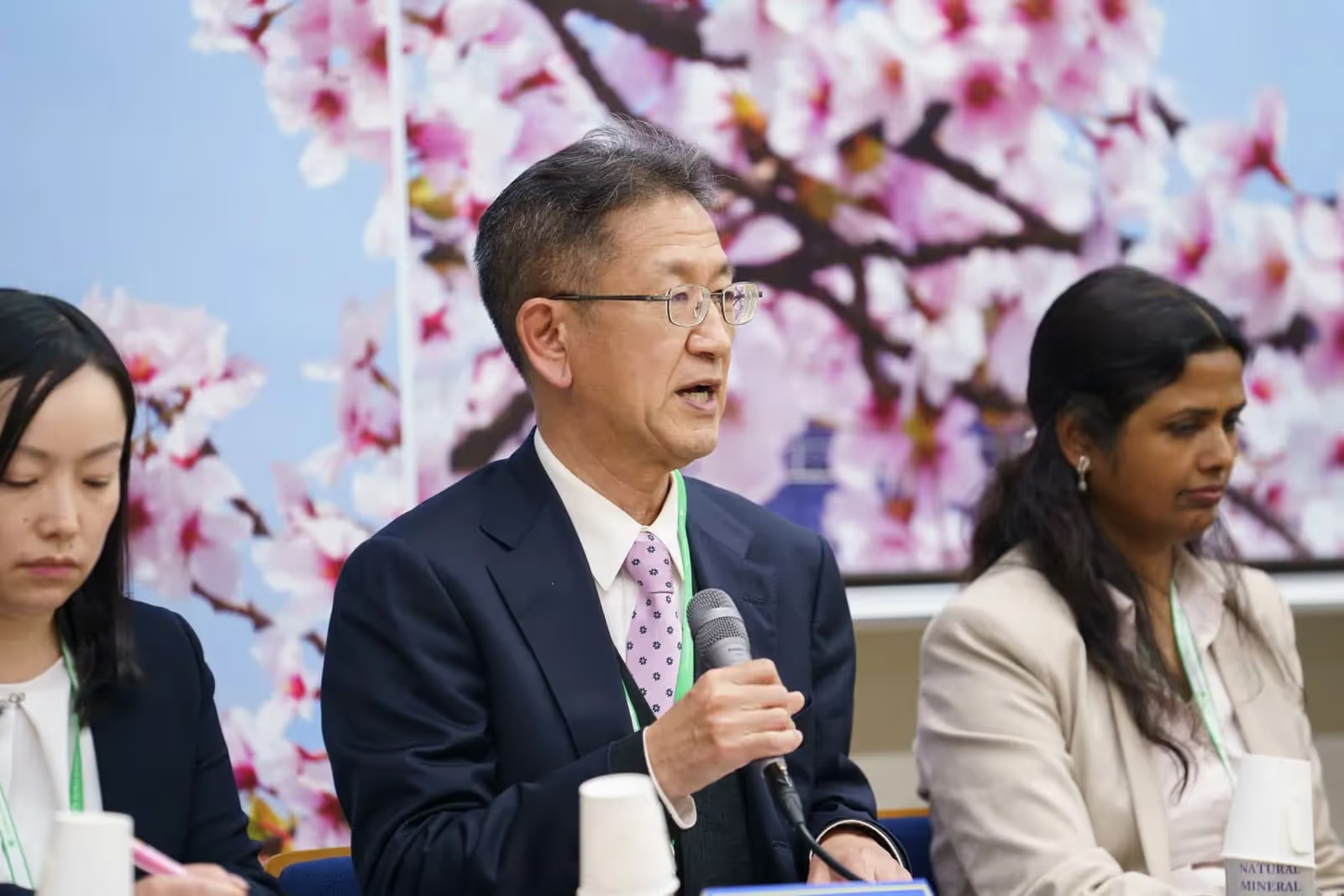

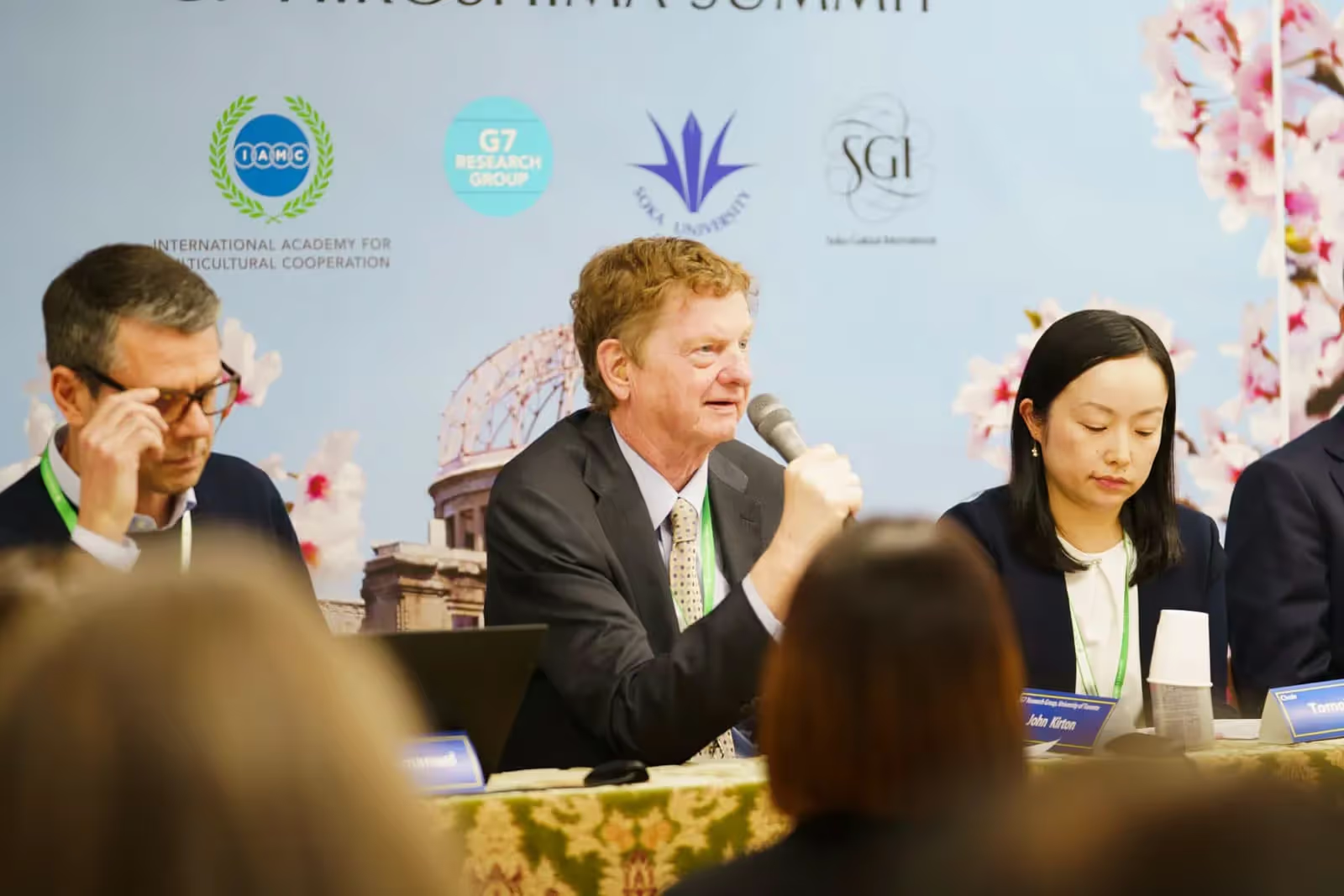
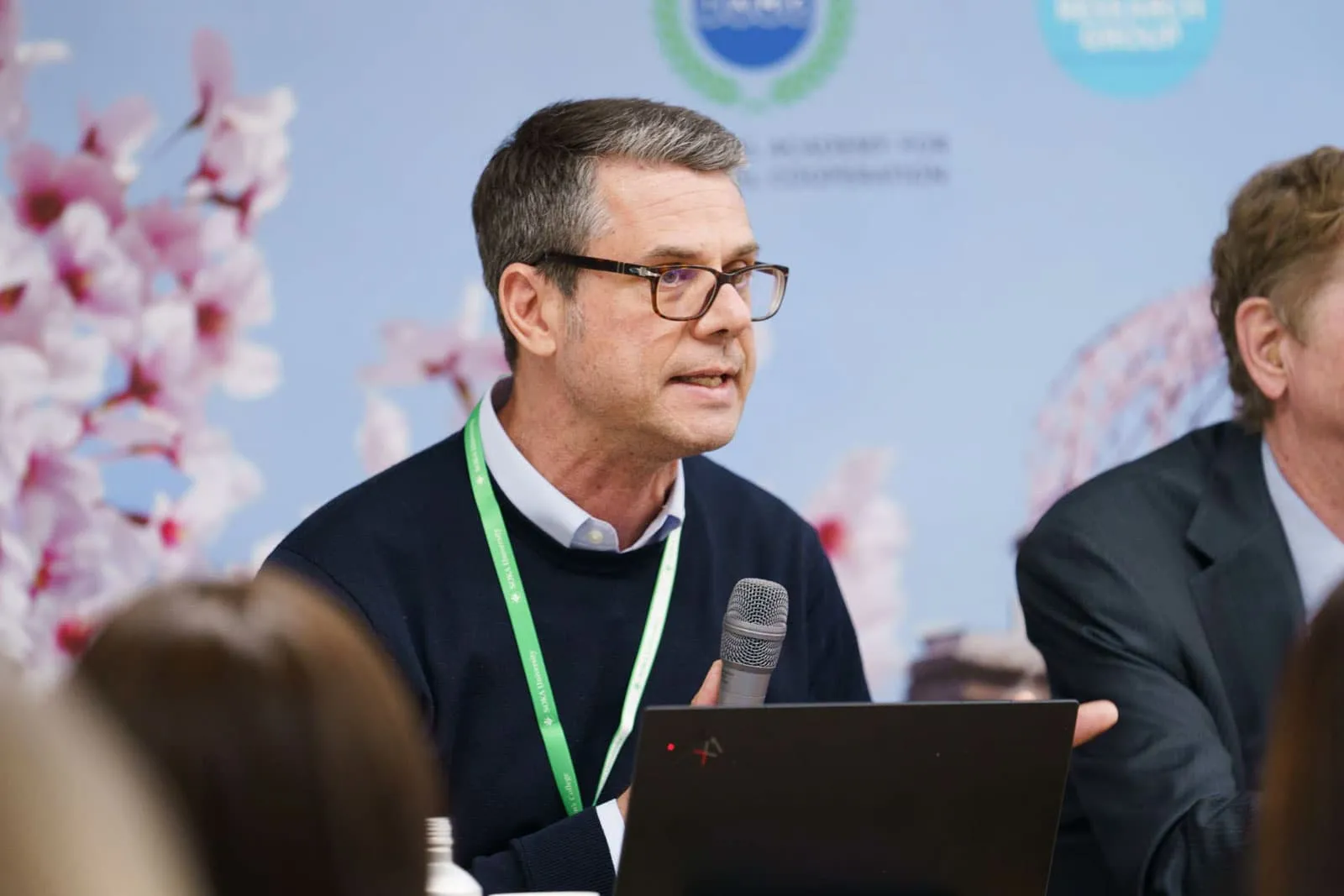

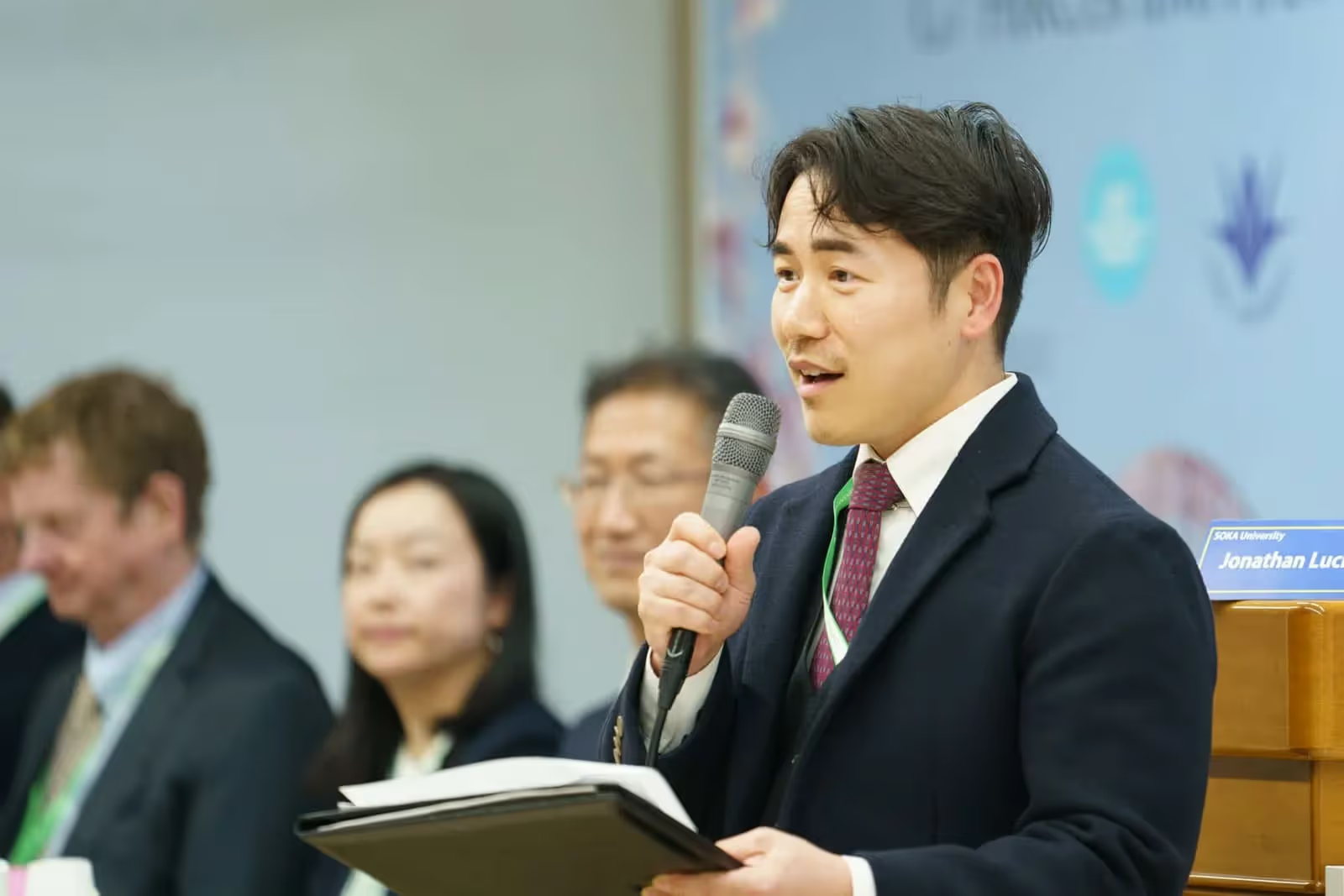

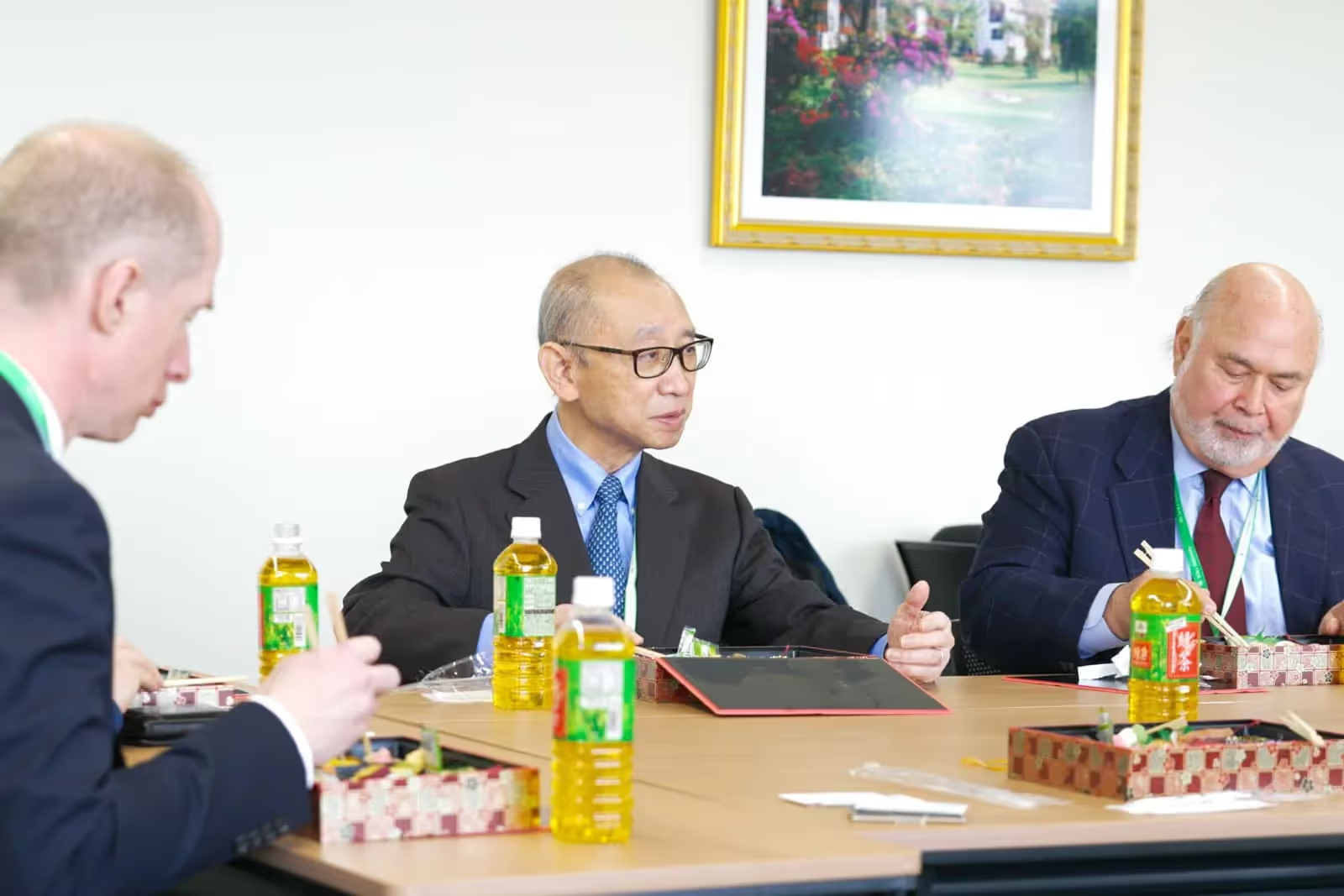
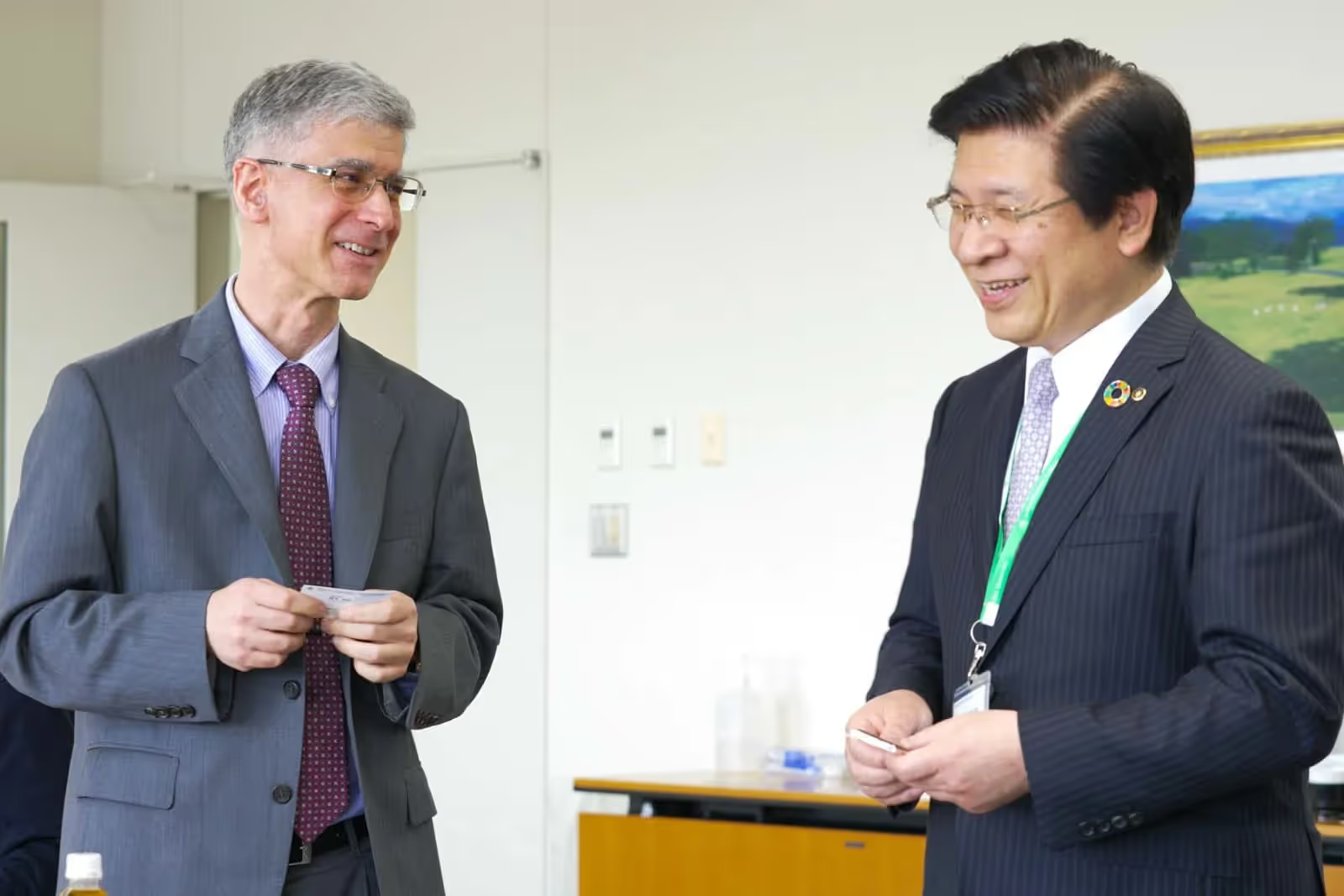

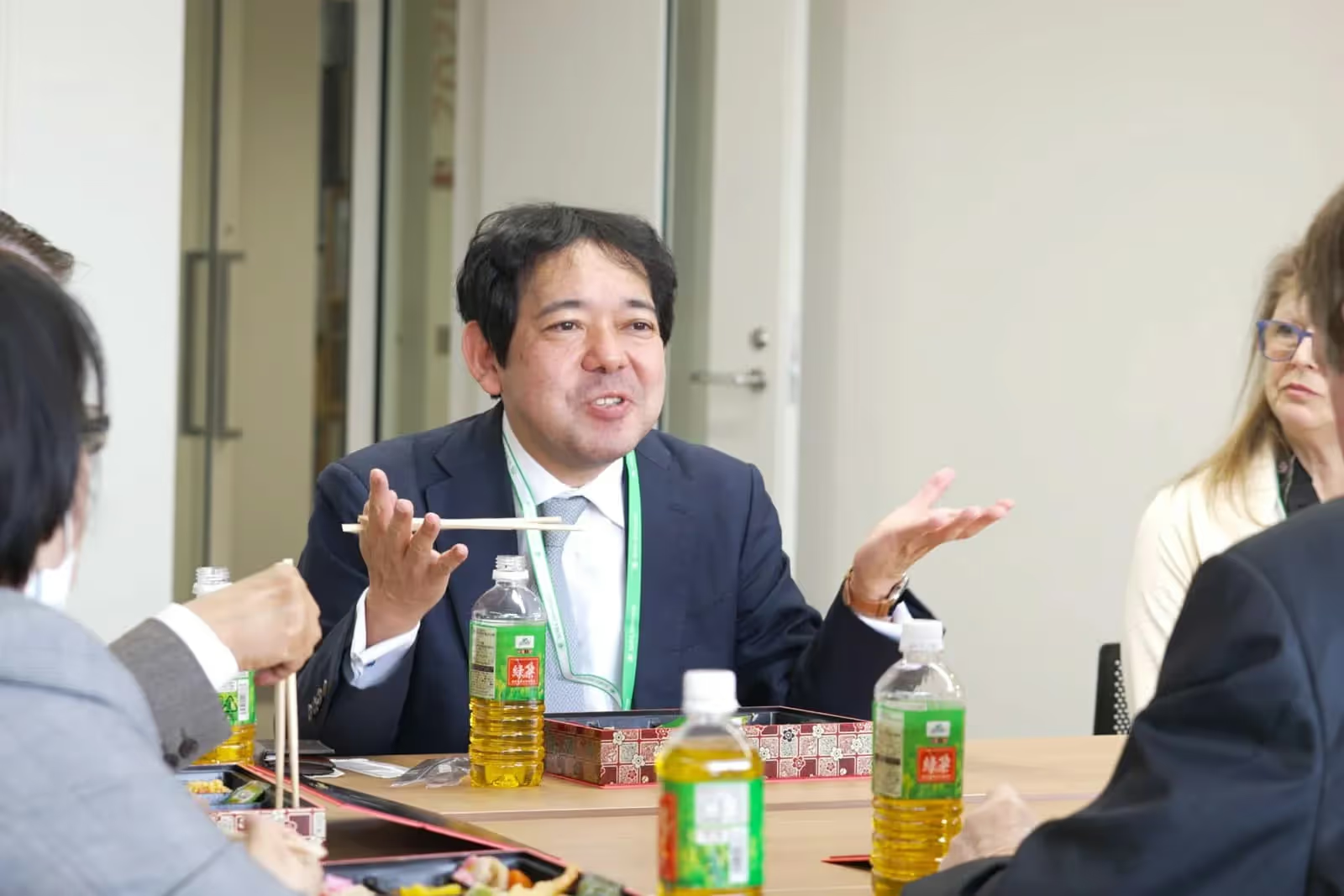

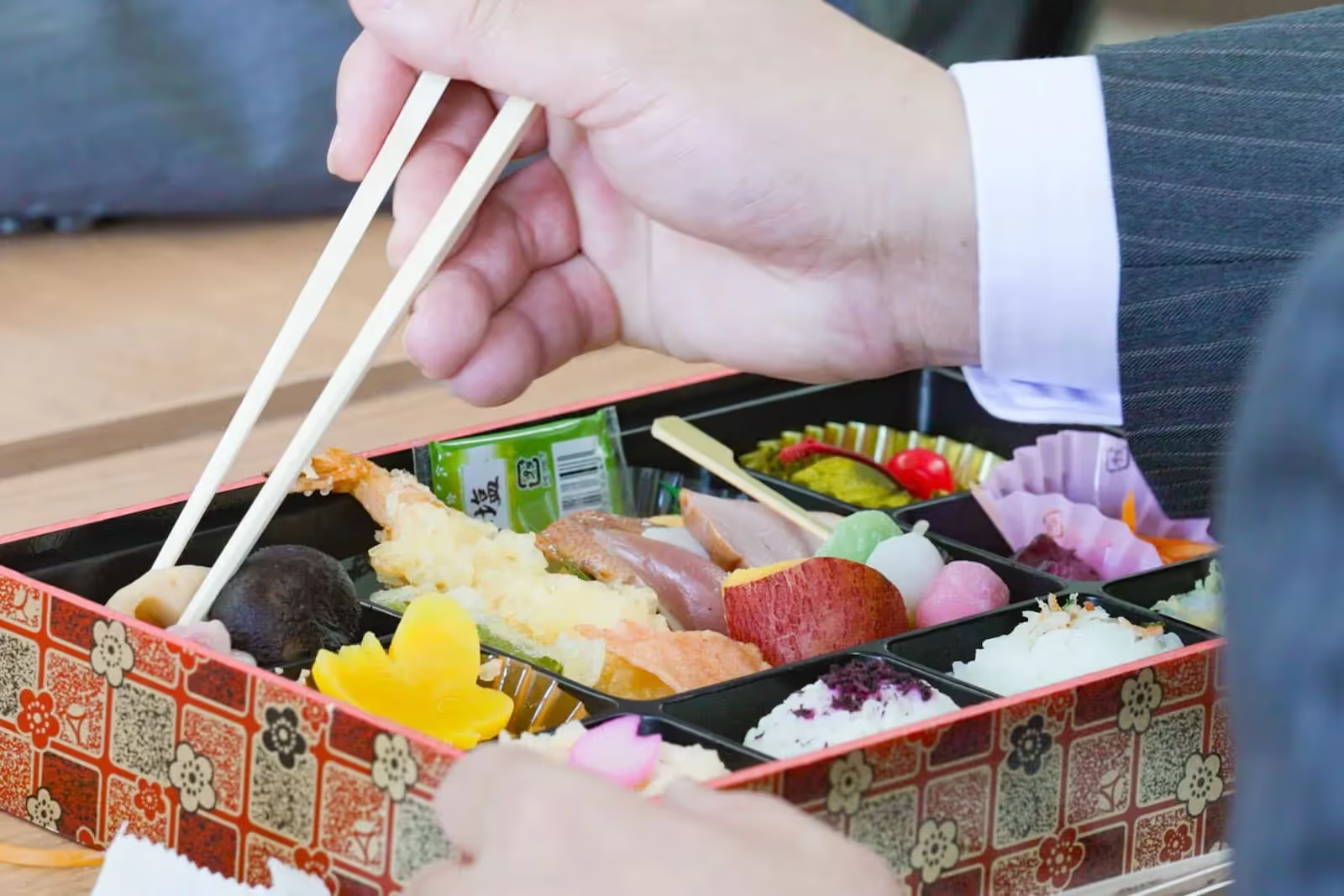
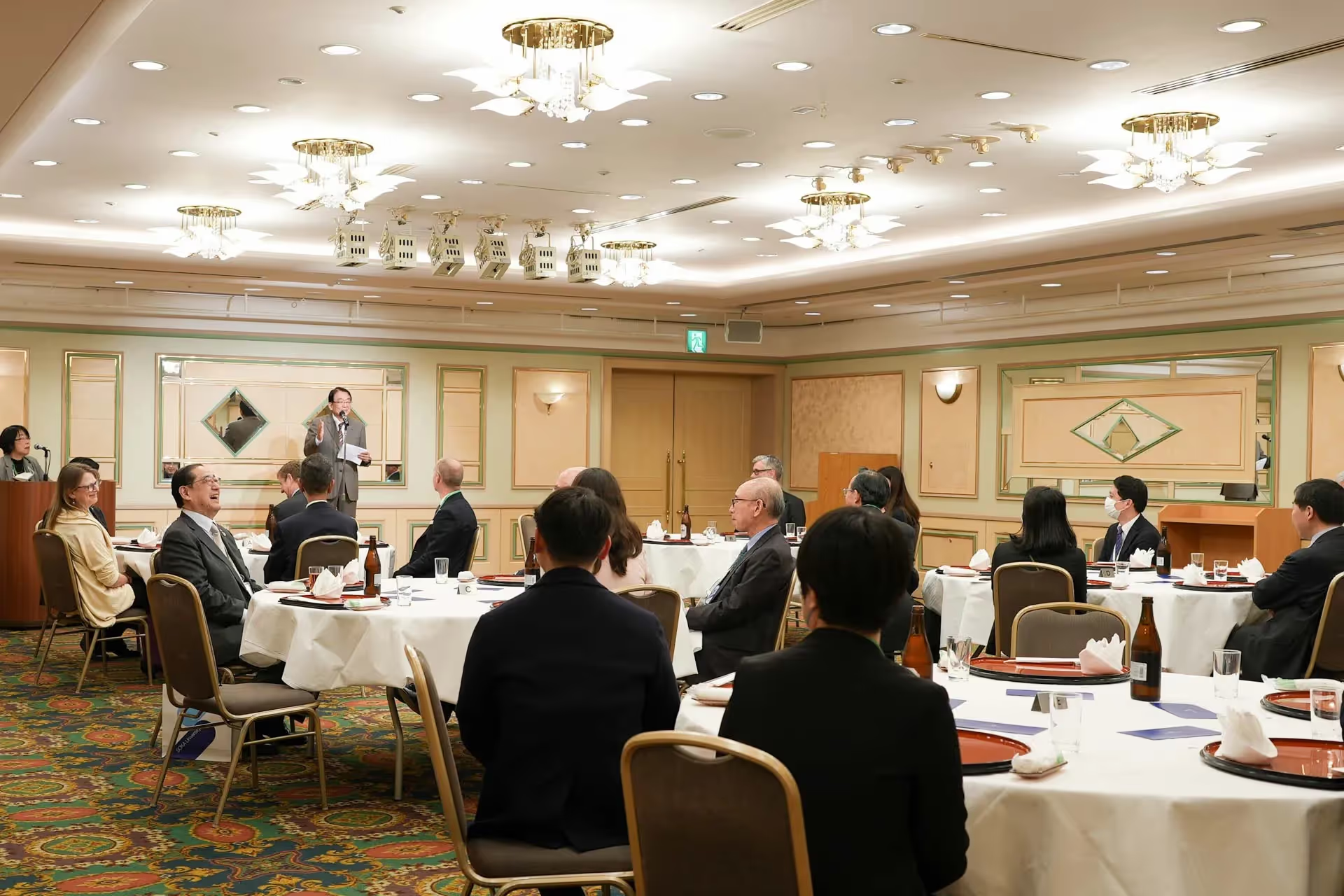

.webp)
